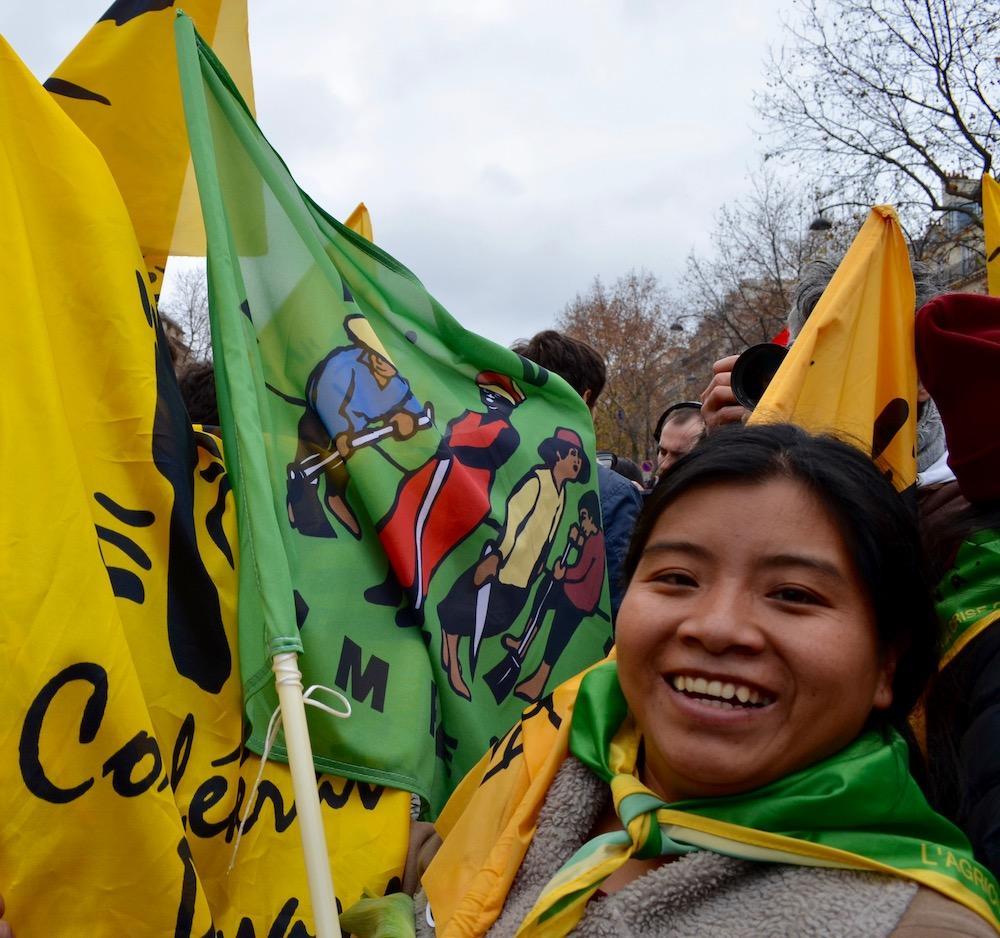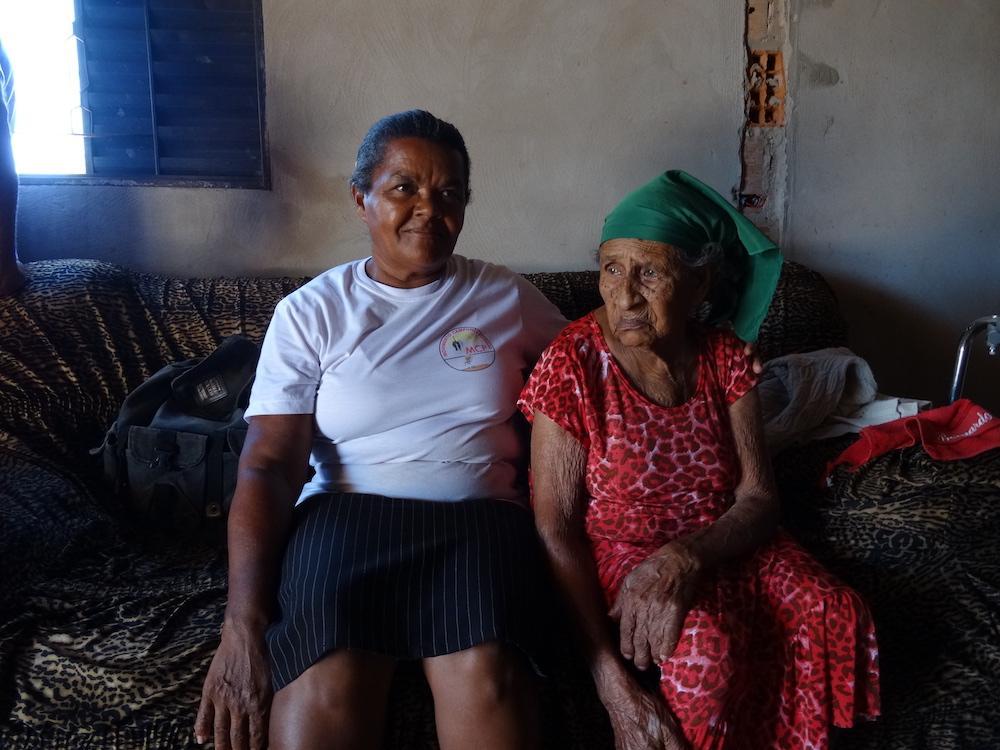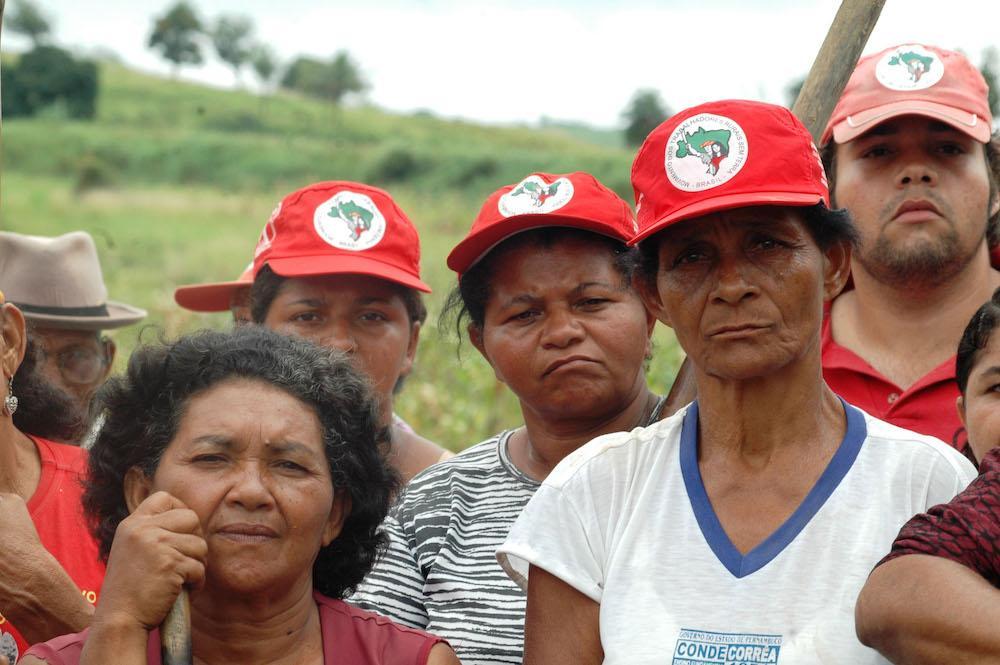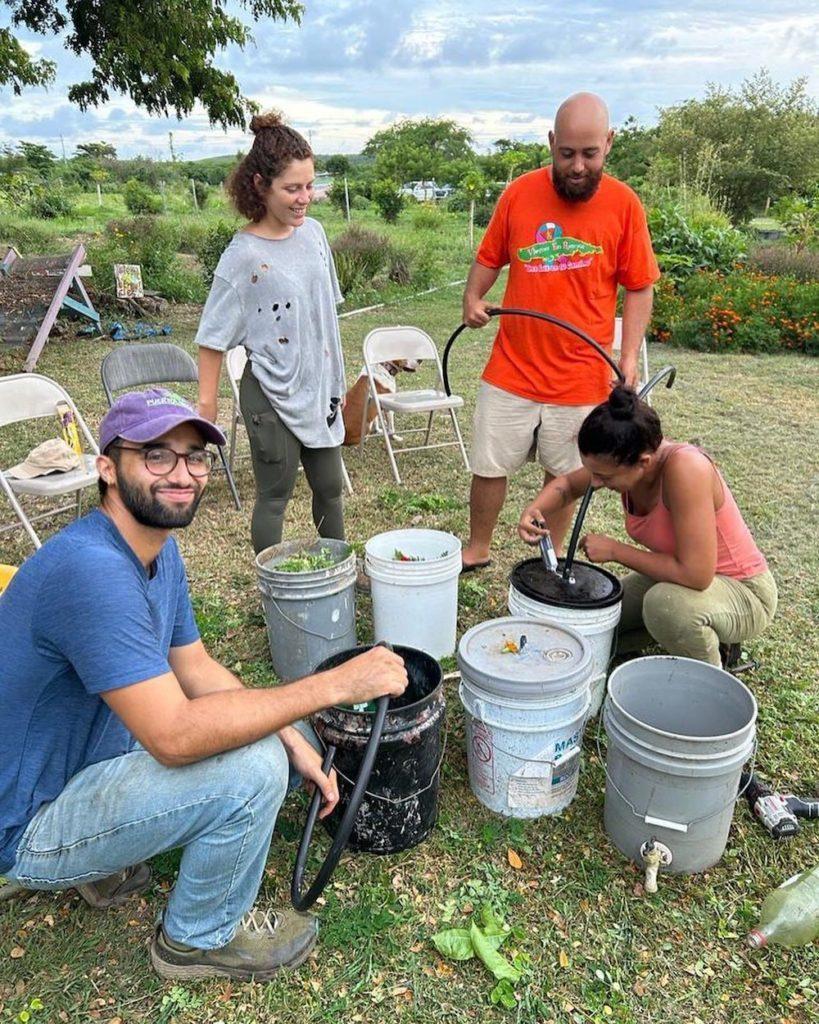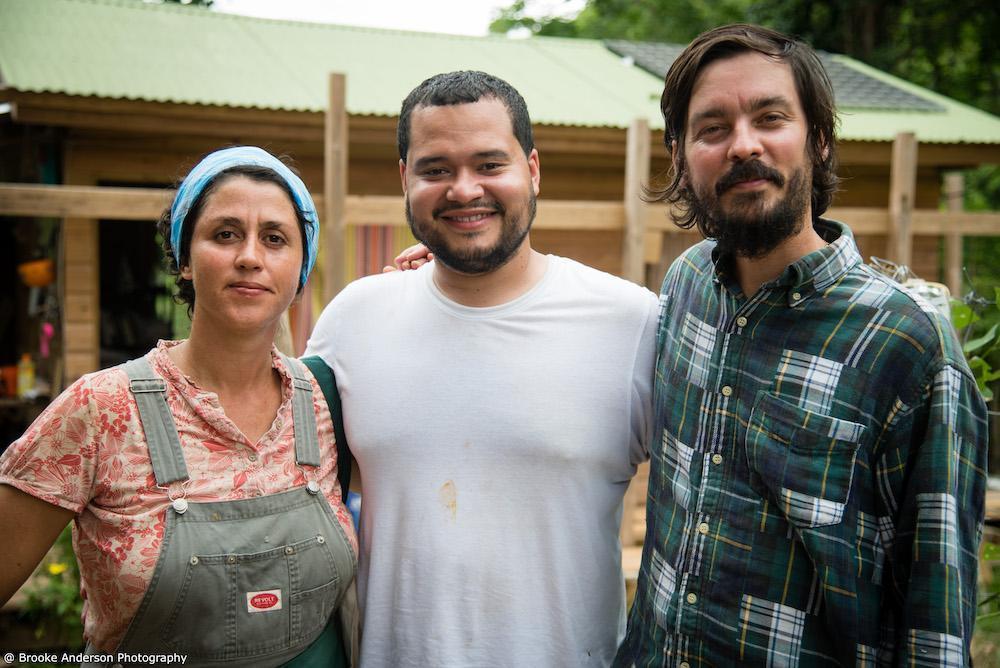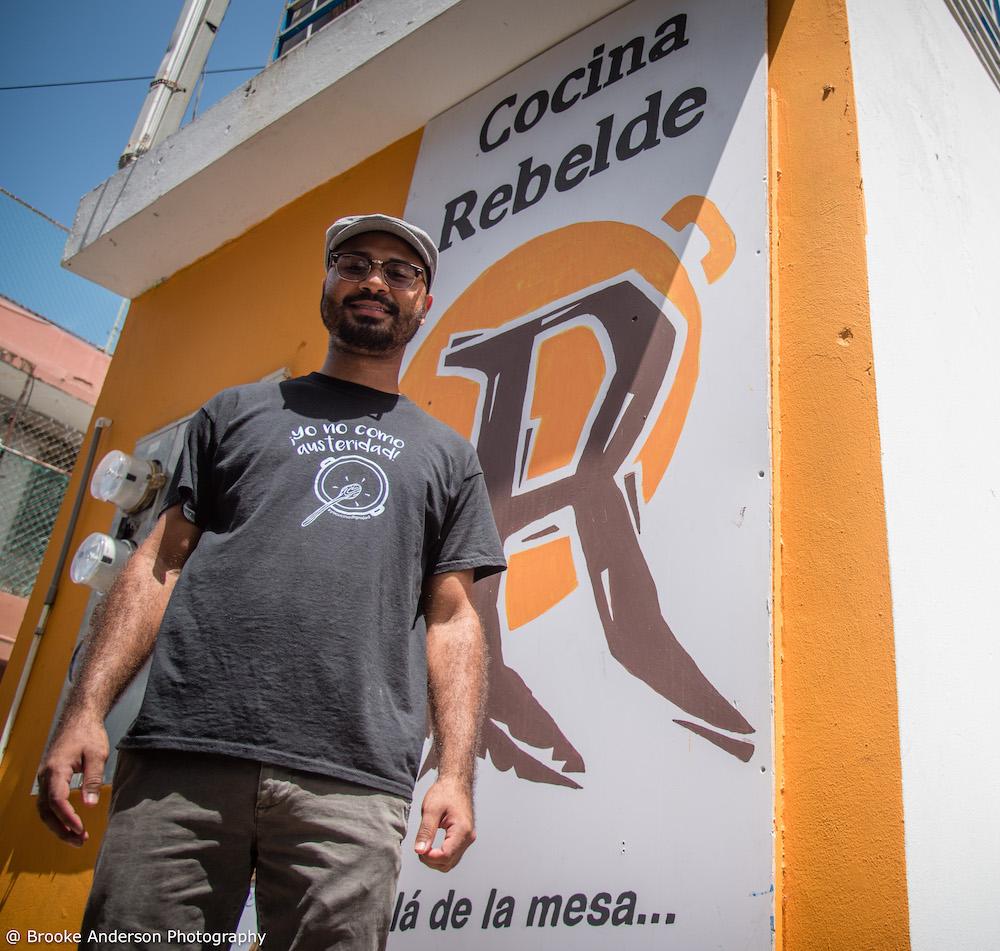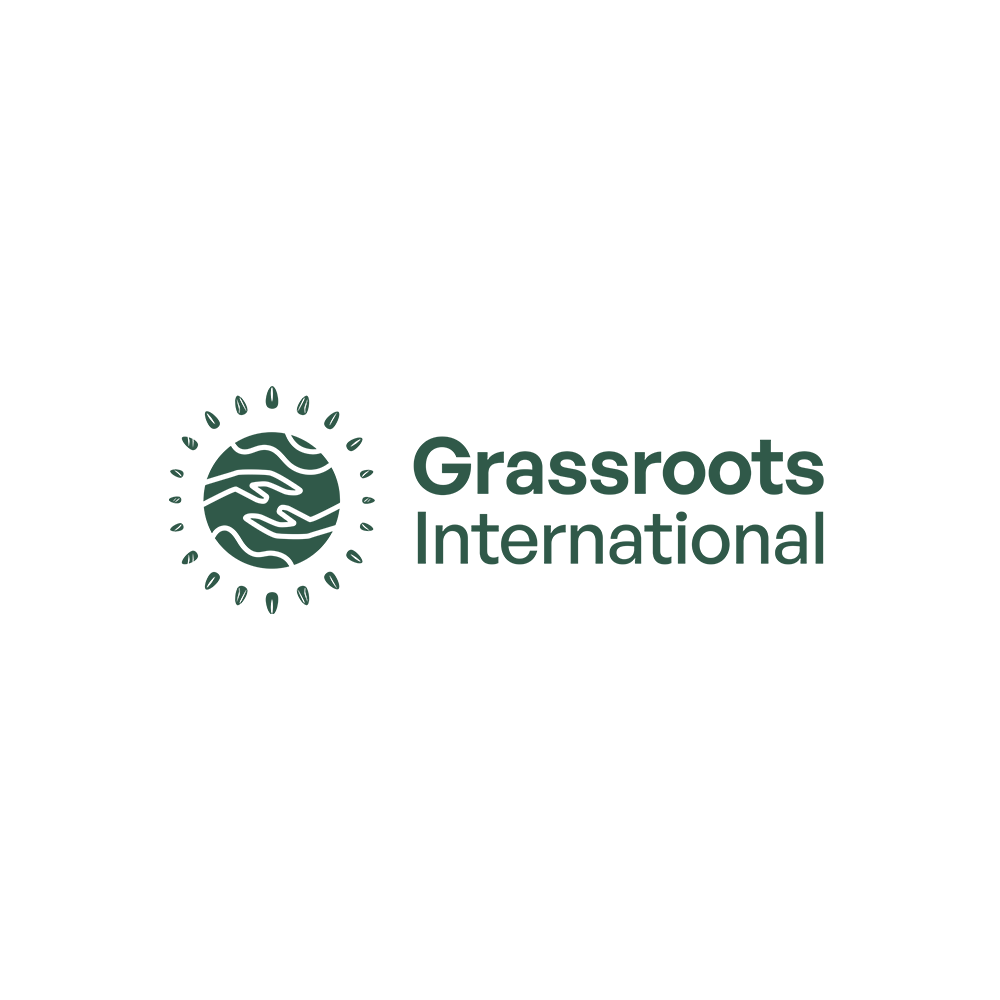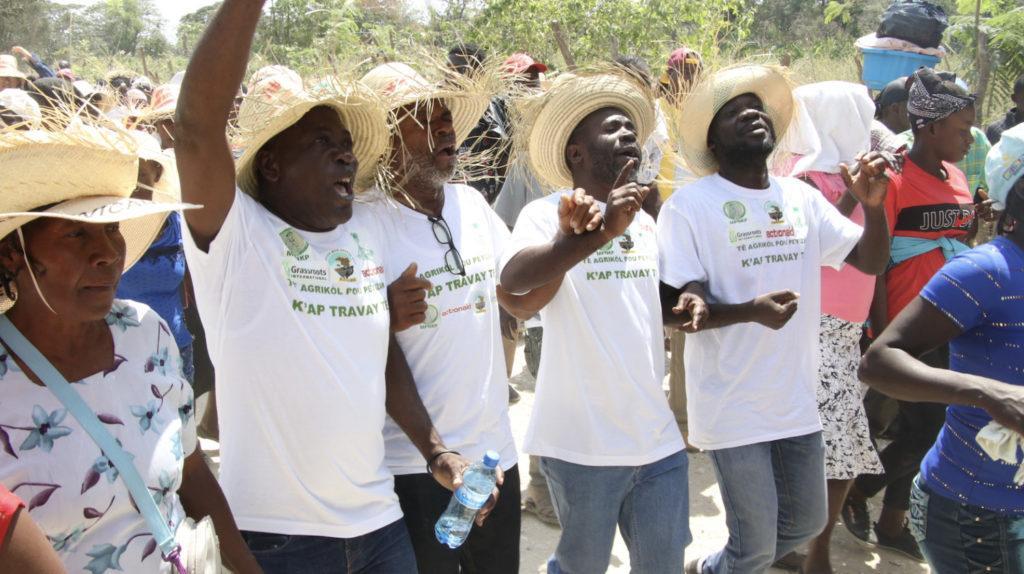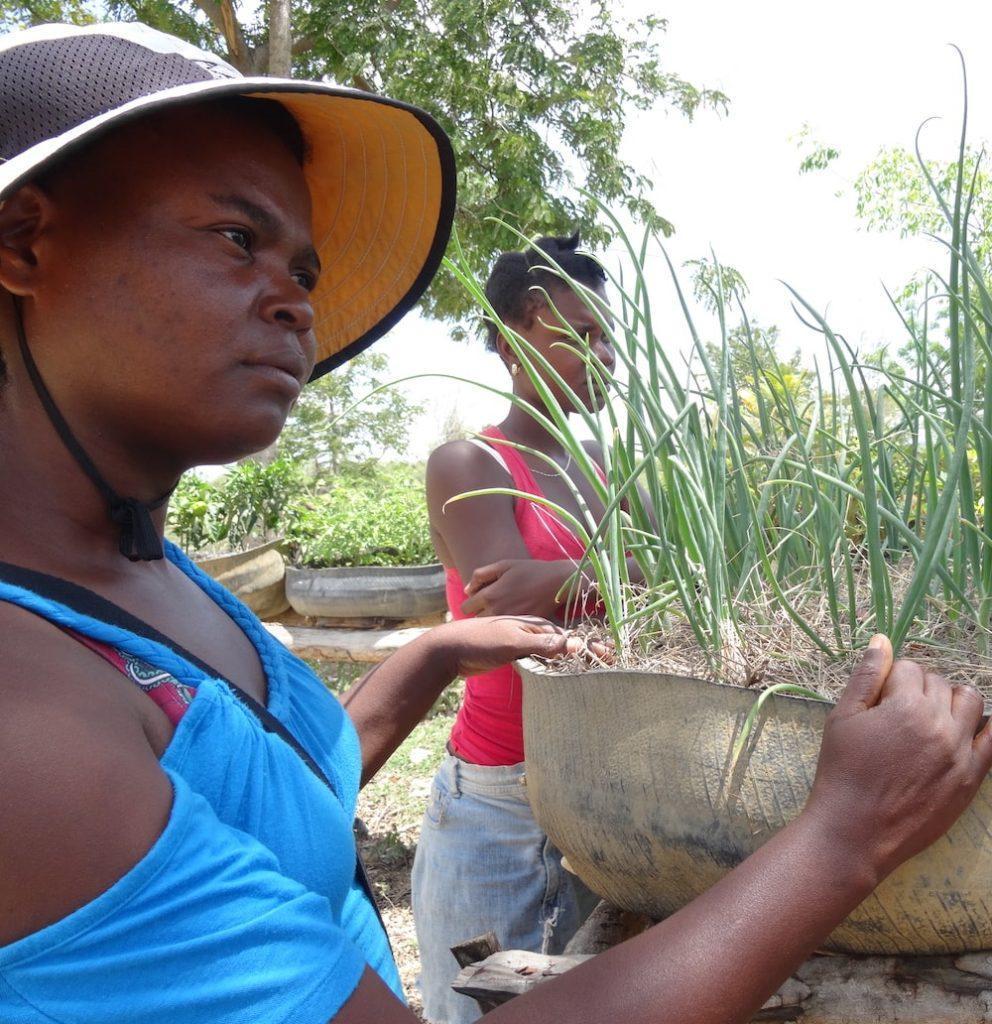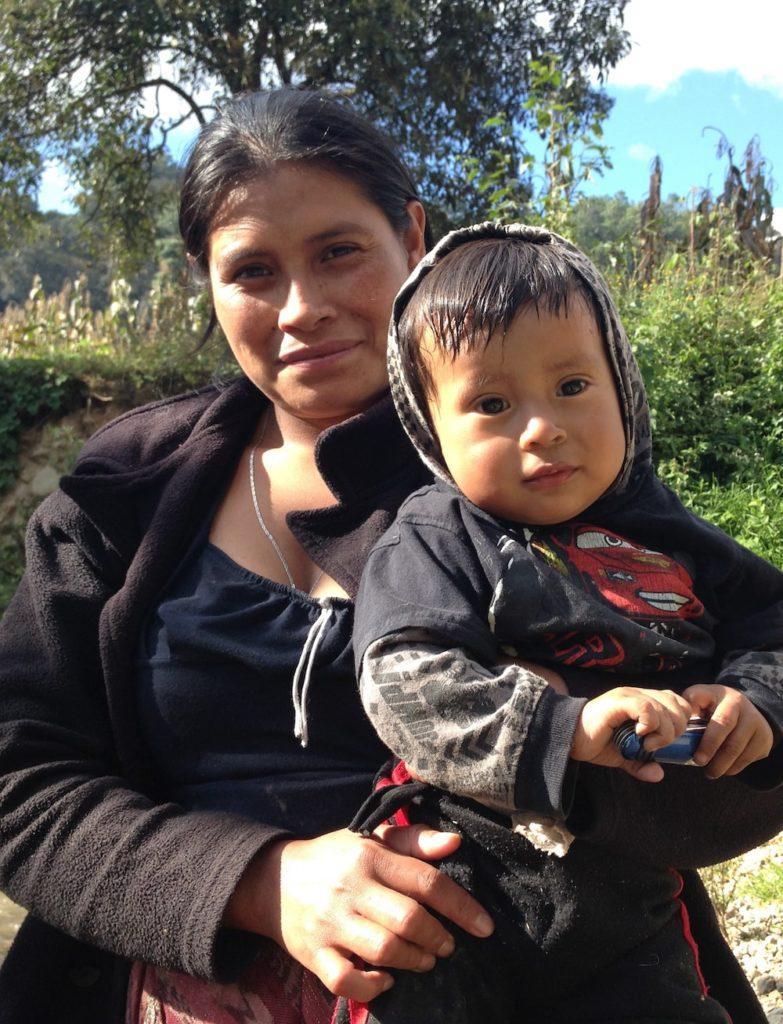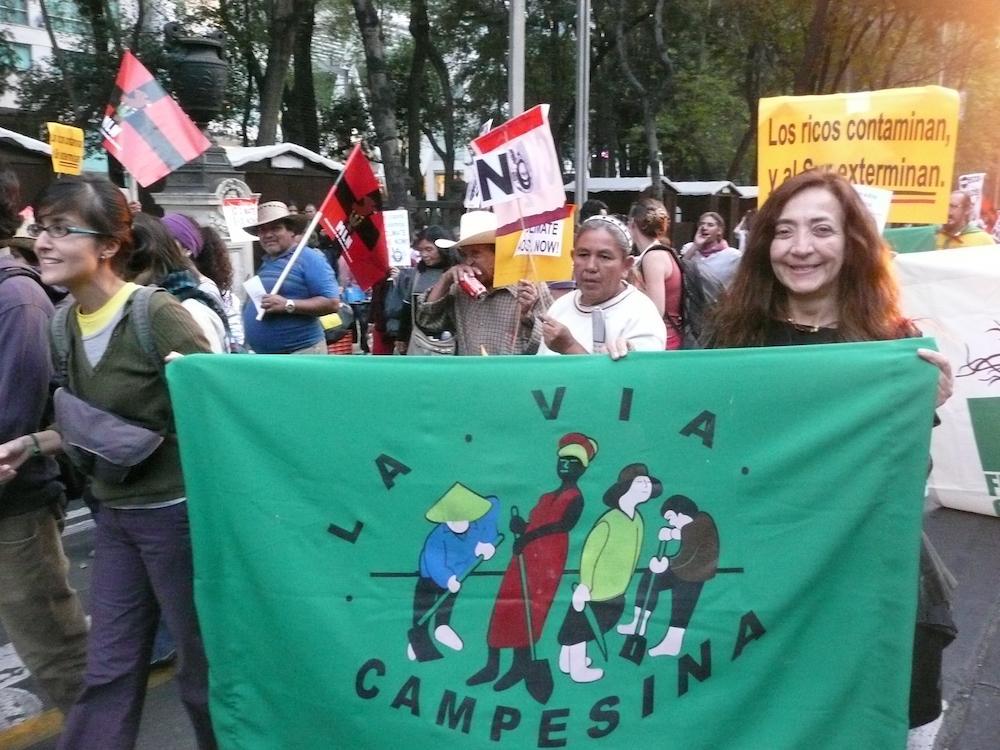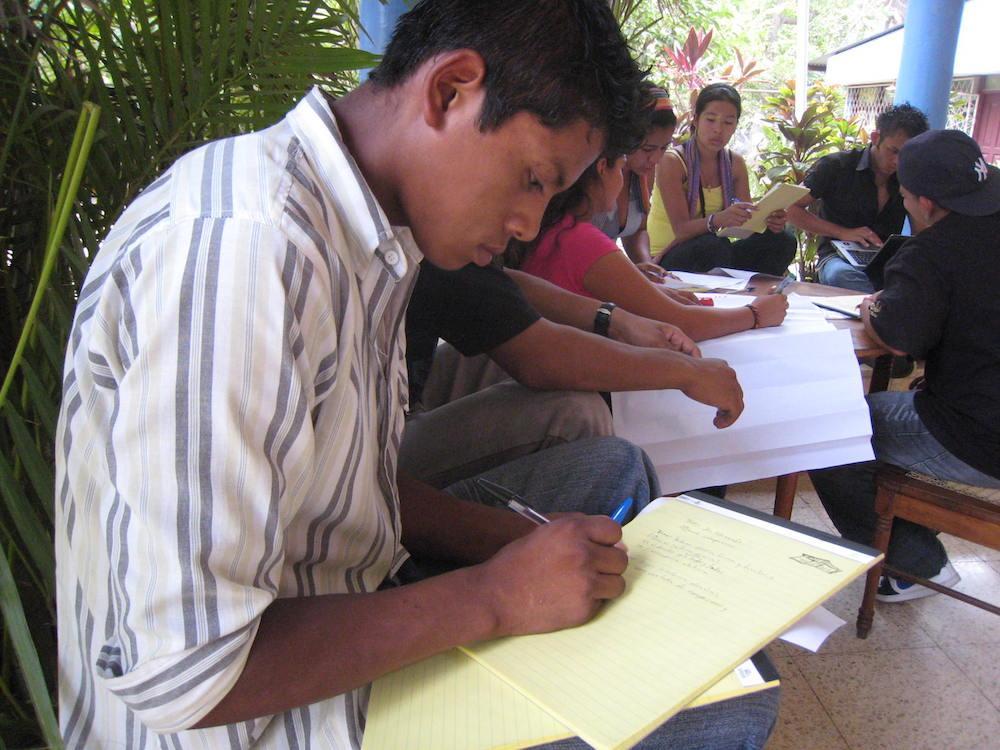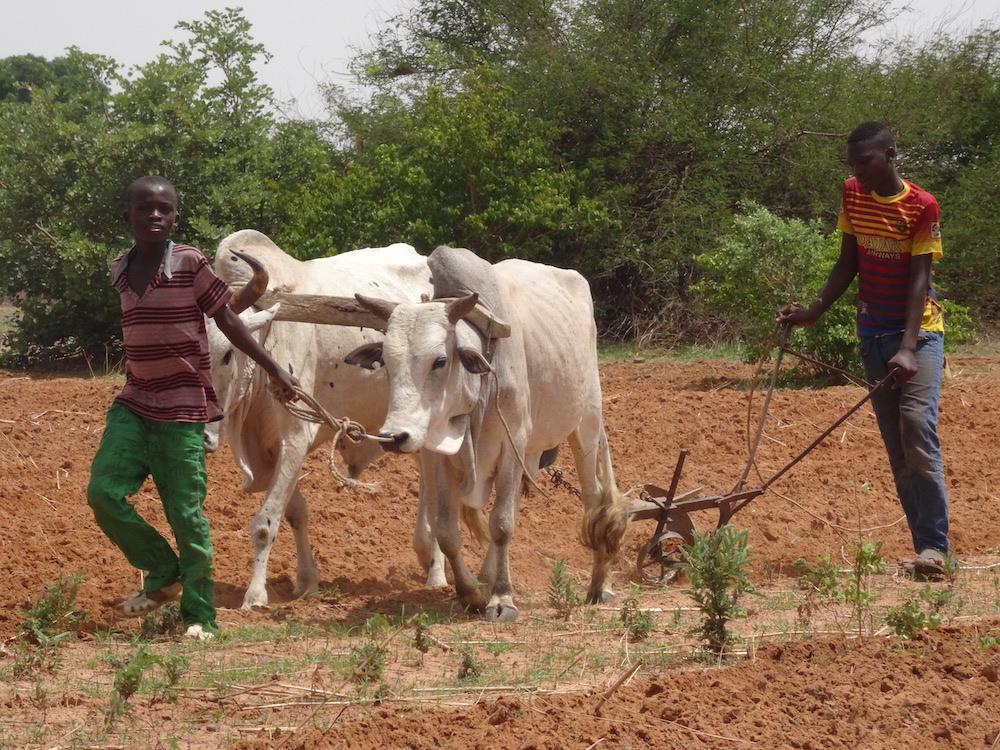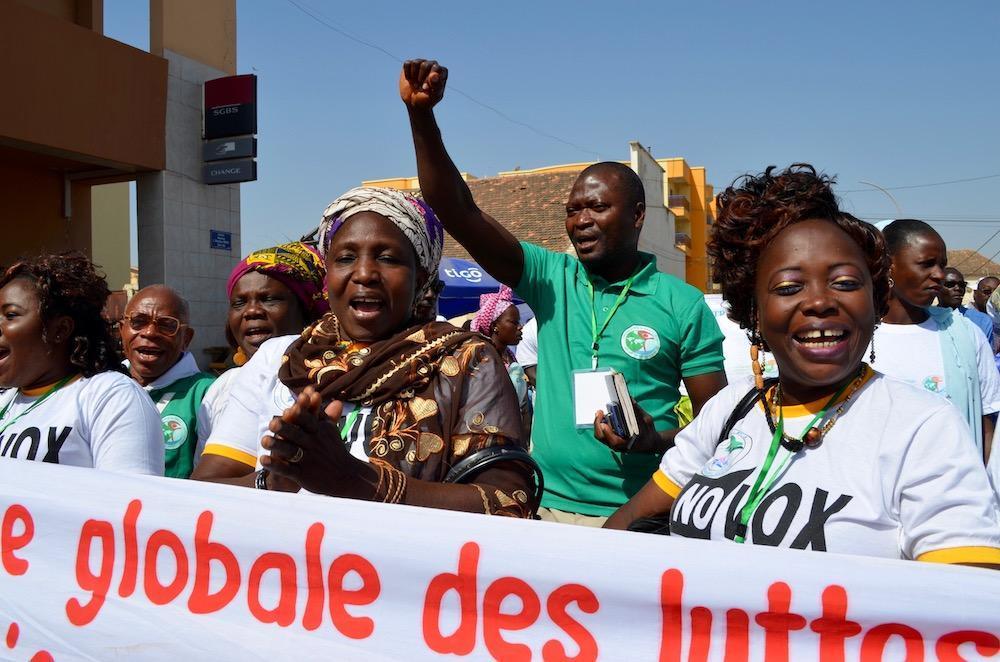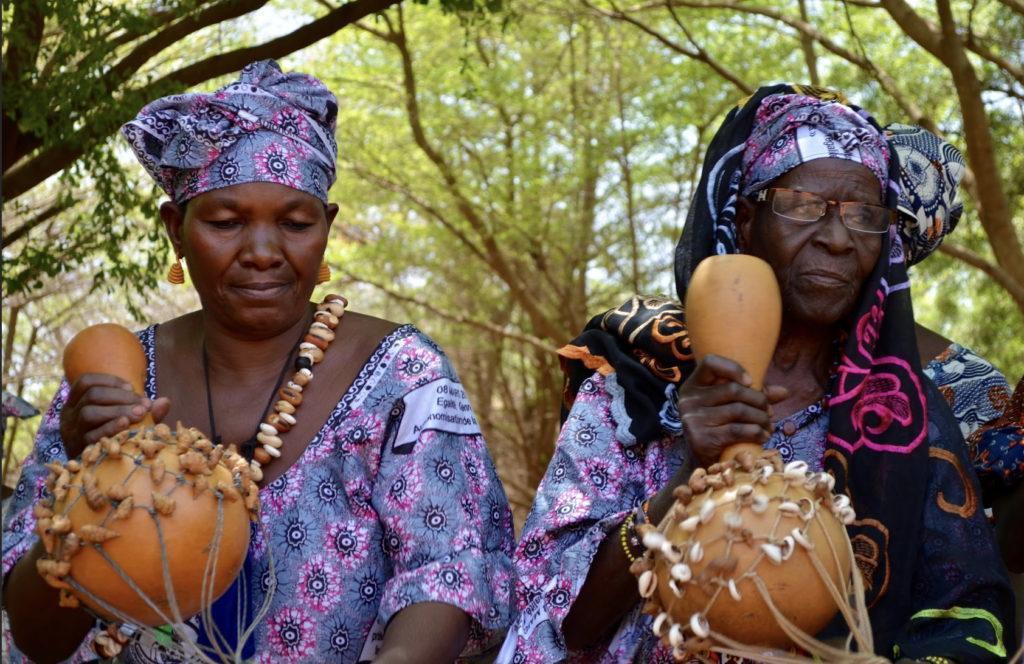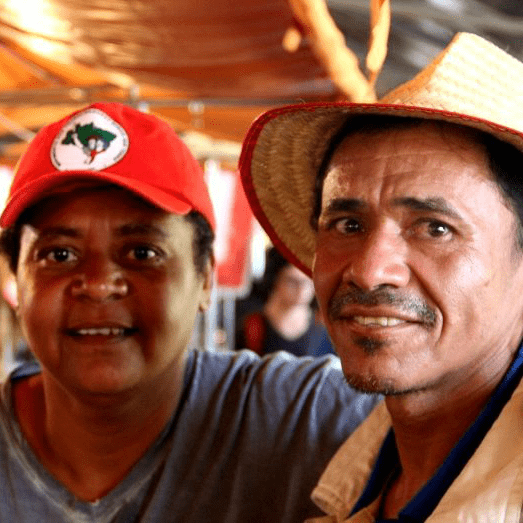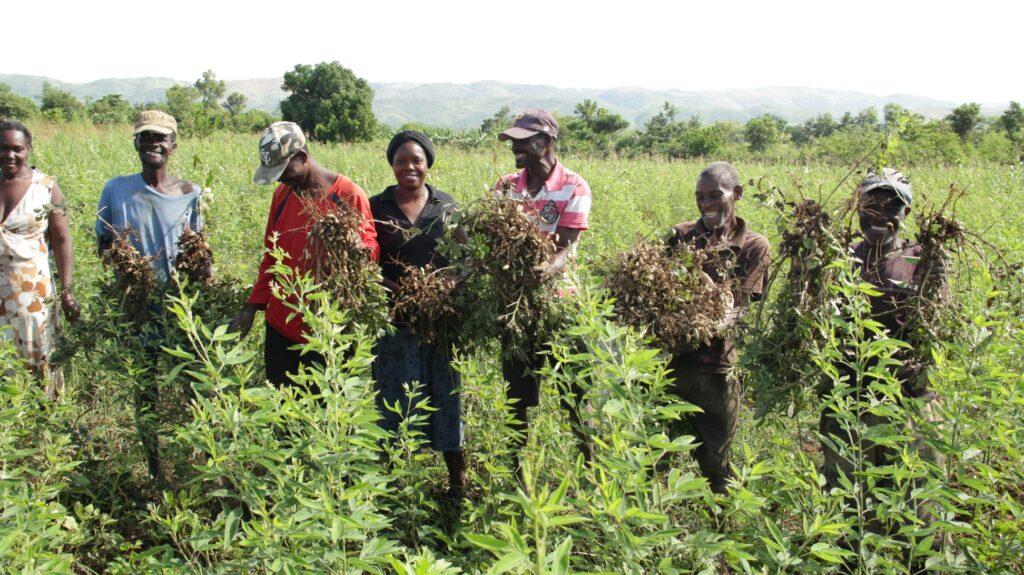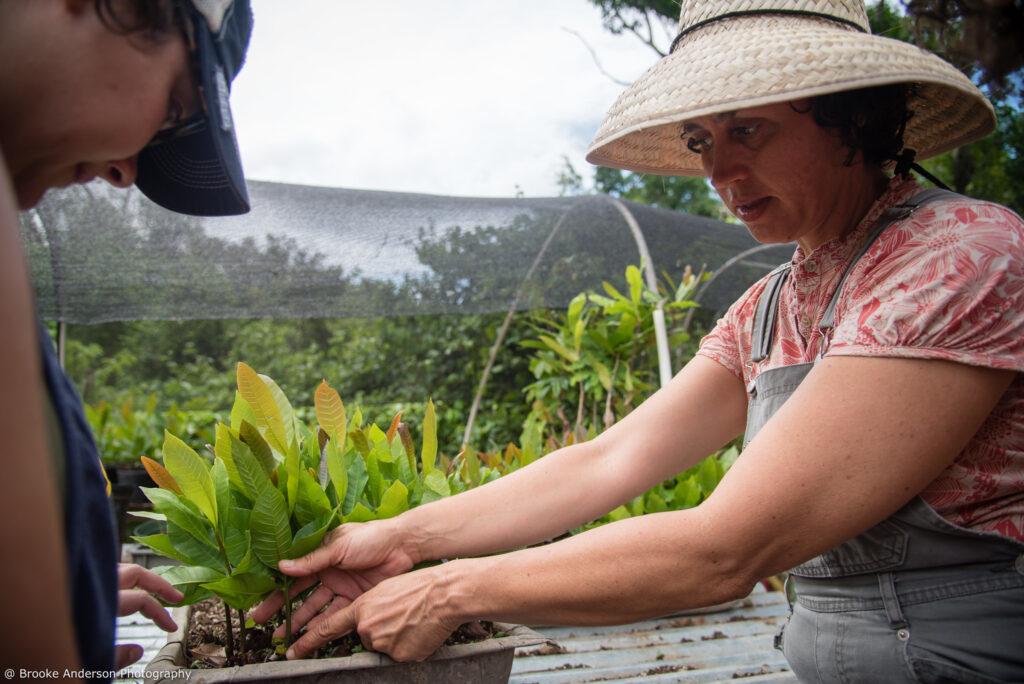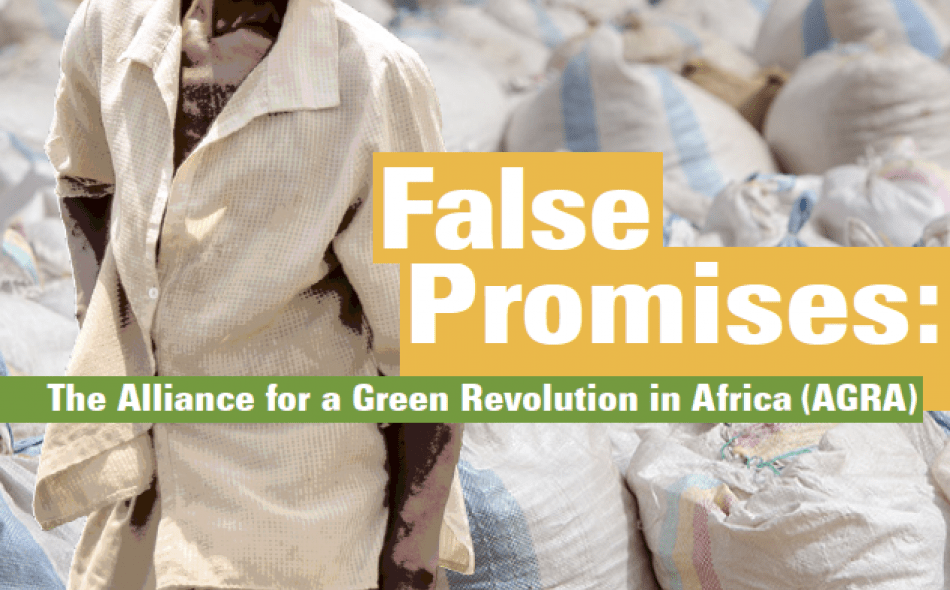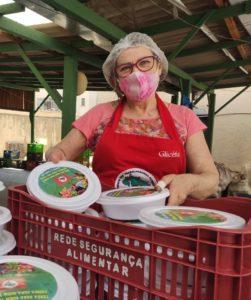
Issues we work on
Food Sovereignty
From field to plate, our food system is steeped in injustice. But social movements are working to change this in inspiring ways. Collectively, they are advancing food sovereignty, which they define as “the right of peoples to healthy and culturally appropriate food produced through ecologically sound and sustainable methods, and their right to define their own food and agriculture systems.”
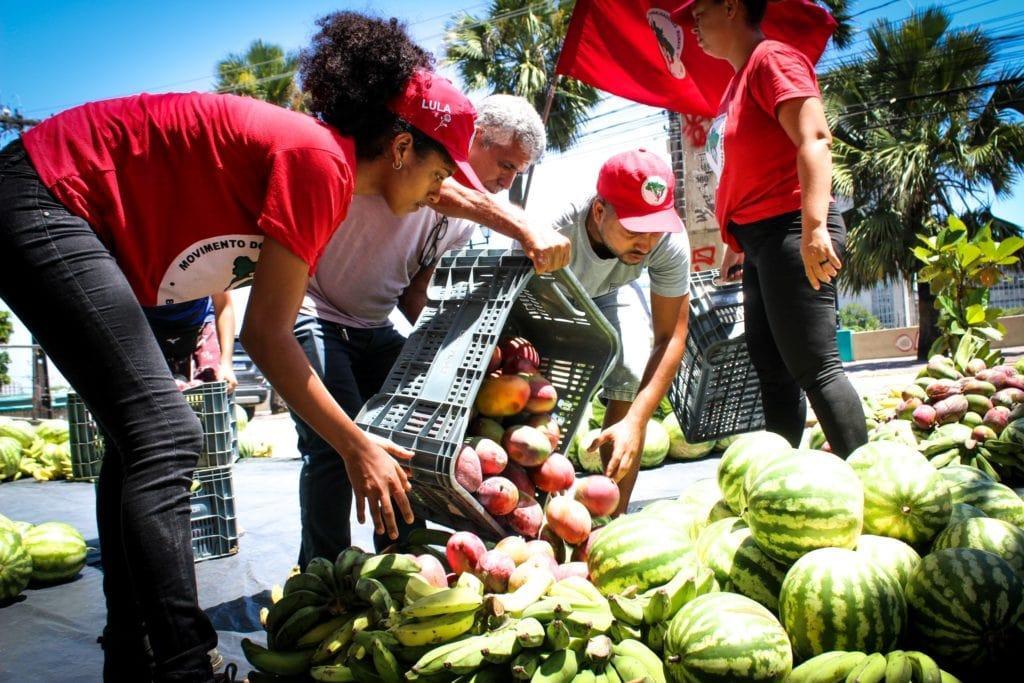
Impact Overview
Our partners celebrated the milestone of 25 years of the global struggle for food sovereignty in 2021, and we are honored to have accompanied them along the way. Over the years, food sovereignty movements have generated extensive public debate over free trade, industrial agriculture, genetically modified crops, and other corporate-driven and top-down approaches.
Simultaneously, movements have built inspiring alternatives such as thriving territorial markets based on agroecological production by peasants, fishers, and other small-scale food providers. They have demonstrated the ability of such alternatives to be scaled both upward and outward, with society-wide benefits. Food sovereignty is increasingly making its way into policy spaces, with numerous examples of food sovereignty legislation from the local to global levels. In the process, it is reshaping global debates around food and agriculture.
Work we’re accompanying:
- A global process of convergence among diverse movements from across the world to develop a common framework and action agenda for food sovereignty
- A growing network of peasant-run schools providing political and technical training on agroecology – a key pillar of food sovereignty that involves farming in sync with nature
- The strengthening of community-controlled seed banks and other forms of resistance to the corporate takeover of seeds
- Organizing and advocacy within the US to change national food and agriculture policies that have global implications
- Engagement of social movements in policy spaces across multiple scales to wrest control over the food system from corporations and back to communities
Despite there being more than enough food for every person on the planet, hunger continues to rise.
In 2020, 3.1 billion people could not afford a healthy diet 1. And paradoxically, the majority of the world’s hungry are food providers themselves, and their families.
The extreme contradictions inherent in our food system are what gave rise to the food sovereignty movement more than 25 years ago. In 1996, as world leaders gathered in Rome for the World Food Summit, they failed to invite key actors: movements of small-scale food providers who were producing the majority of the world’s food while bearing the brunt of unjust agricultural policies. Undeterred, they showed up in Rome anyway, under the banner of our global movement partner, La Via Campesina. Taking to the streets, they asserted that there could be no food security without food sovereignty, or the right of the people to control their own food systems.
In the years since, food sovereignty has grown in visibility, power and impact. A key moment was the Nyéléni Global Forum for Food Sovereignty held in Mali in 2007. There, an assemblage of movements even more diverse than a decade earlier, including urban, consumer, labor, agrarian, and environmental justice movements, articulated both a common definition (shared above) and framework for food sovereignty, including the following six pillars:
- focuses on food for people
- values food providers
- localizes food systems
- puts control locally
- builds knowledge and skills
- works with nature
This collective articulation has helped to unite movements in struggle across the globe, in all of their diversity, toward a shared vision of transformation. A key part of that work has been the articulation of agroecology, bridging the worlds of food sovereignty and climate justice. Today, our movement partners are in the midst of a new and even more extensive Nyéléni process that we are honored to support.
1 The State of Food Security and Nutrition in the World 2022 (FAO et al. 2022)
Explore our Partners
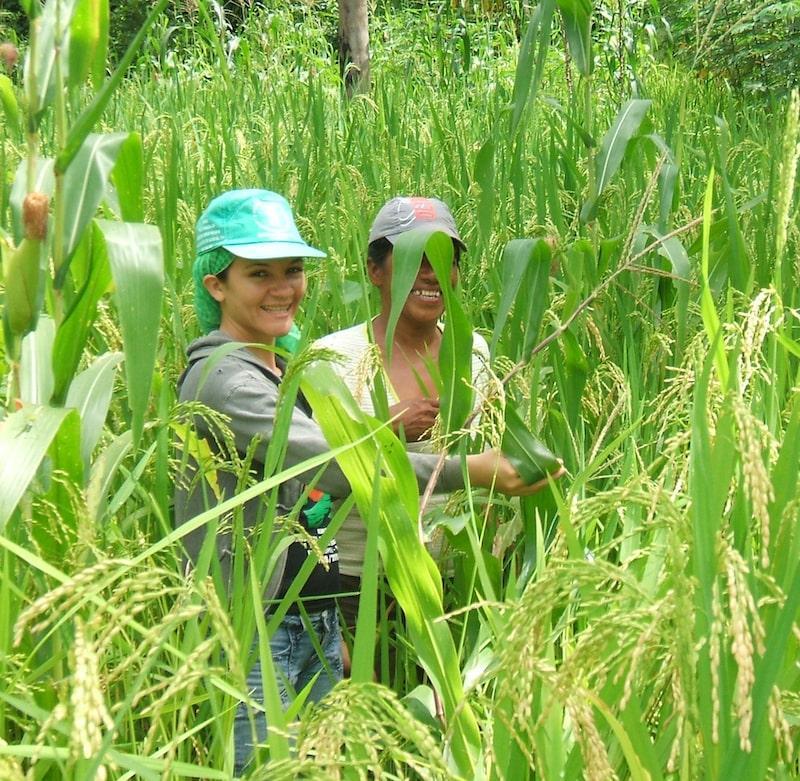
- Brazil
Associação em Áreas de Assentamento no Estado do Maranhão (Association in the Settlement Areas of the State of Maranhão, ASSEMA)
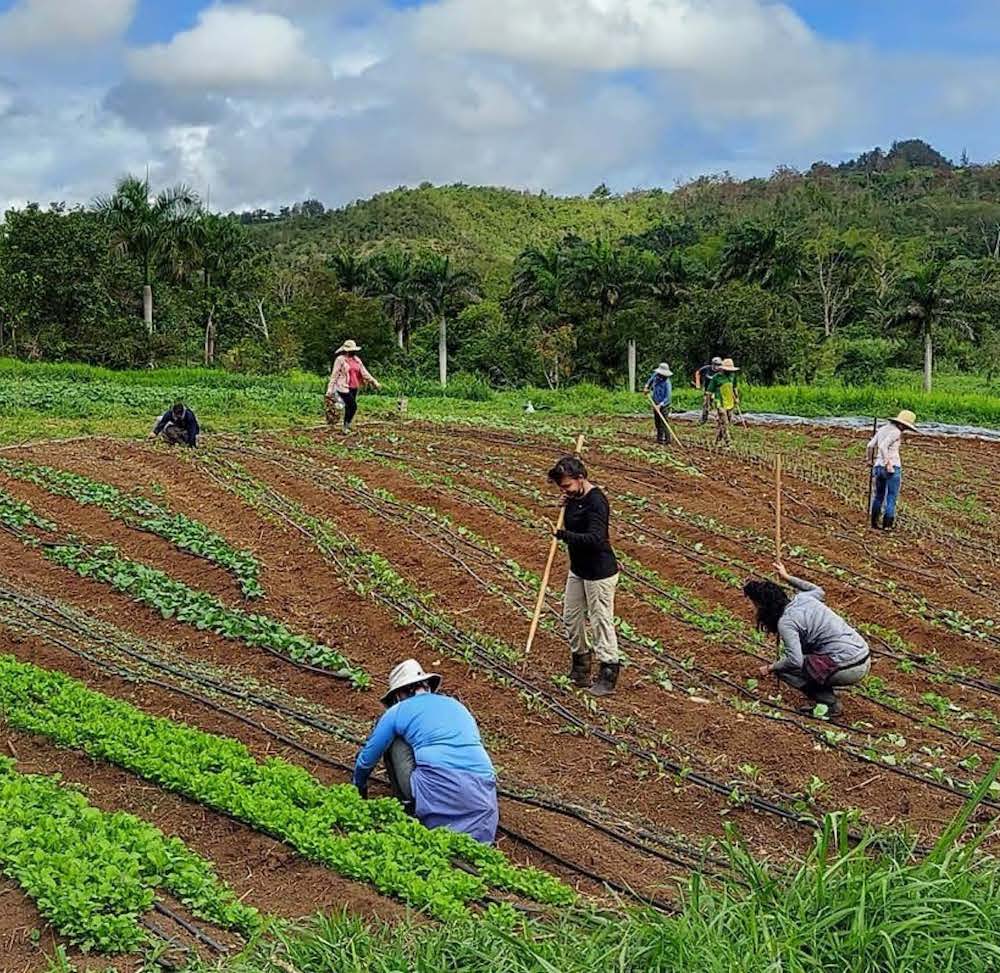
- Puerto Rico
Instituto para la Investigación y Acción en Agroecología/Institute for Agroecology Research and Action (IALA-PR)
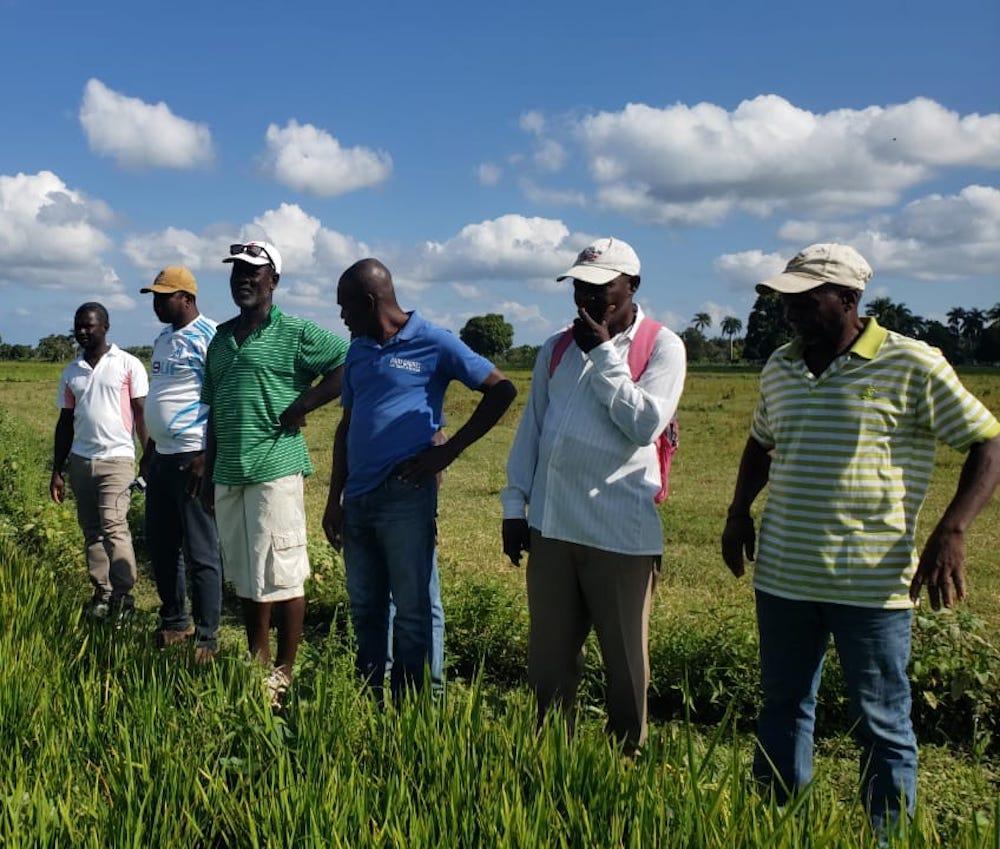
- Haiti
Platfòm Ayisyen Pledwaye Pou Devlopman Altènatif/Haitian Platform to Advocate Alternative Development (PAPDA)
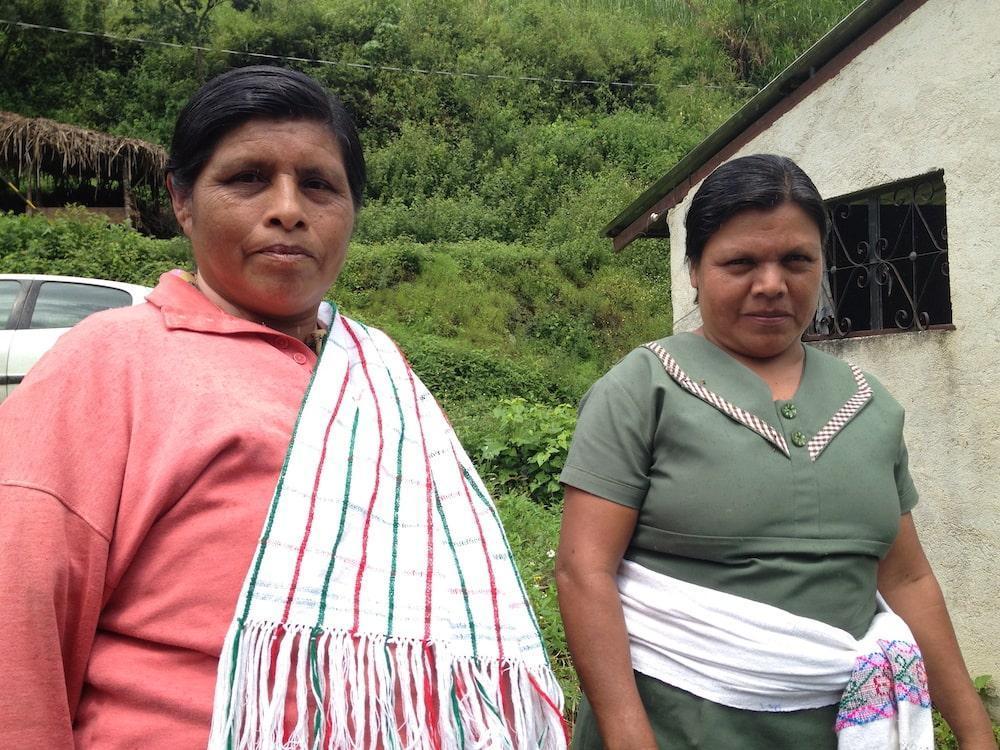
- Mesoamerica
Unión de Organizaciones de la Sierra Juárez de Oaxaca/Union of Organizations of the Sierra Juárez of Oaxaca (UNOSJO)
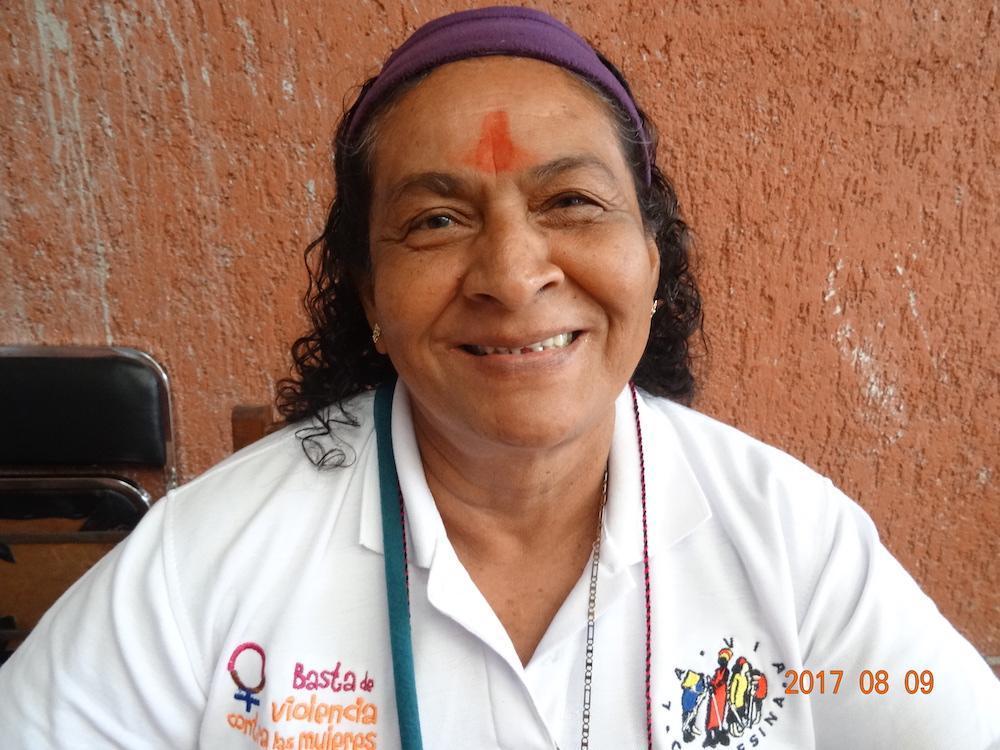
- Mesoamerica
Consejo para el Desarrollo Integral de la Mujer Campesina/Council for the Integral Development of the Peasant Woman (CODIMCA)
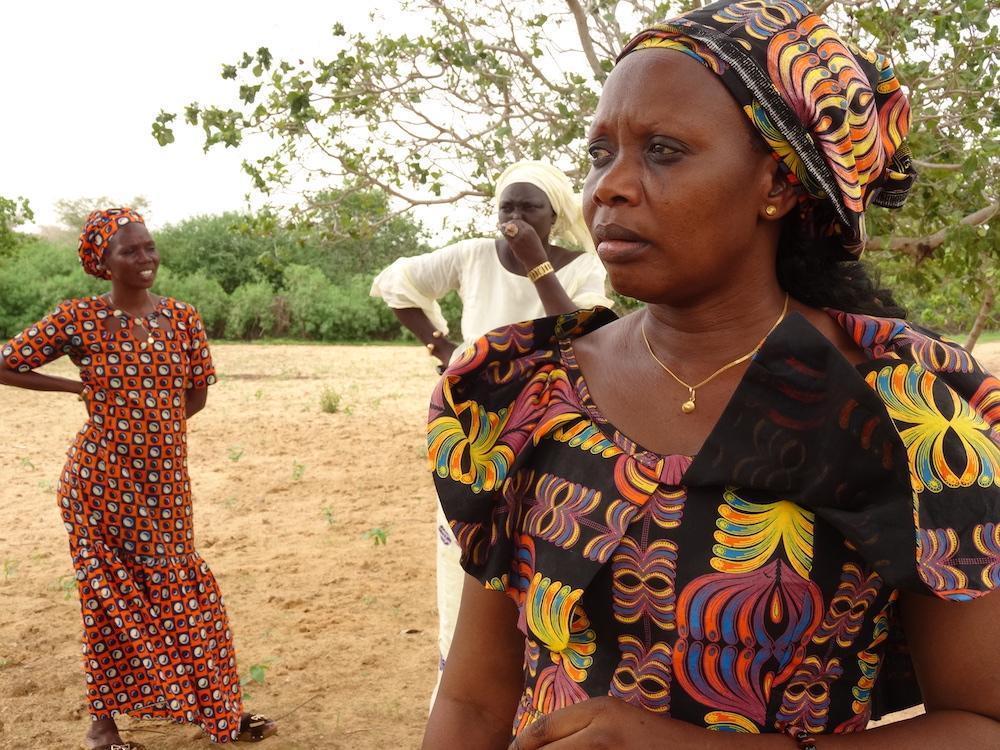
- West Africa
Association des Jeunes Agriculteurs de Casamance (Casamance Agricultural Youth Association, AJAC-Lukaal)
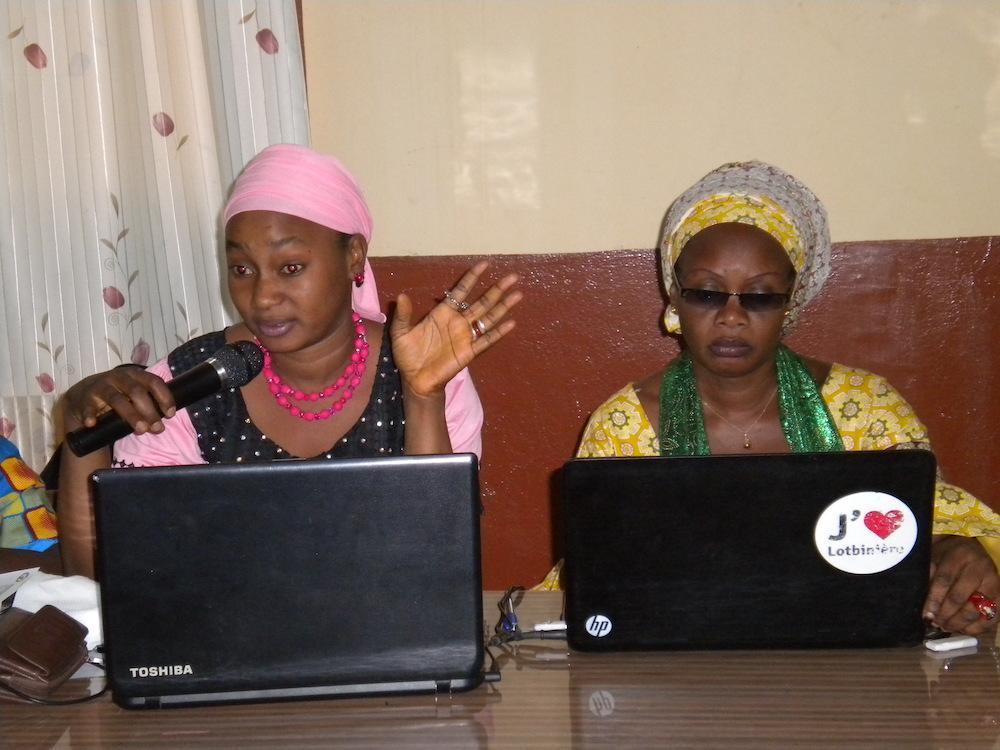
- West Africa
Association Guinéenne pour la Sécurité et la Souveraineté Alimentaires (Guinean Association for Security and Food Sovereignty, AGUISSA)
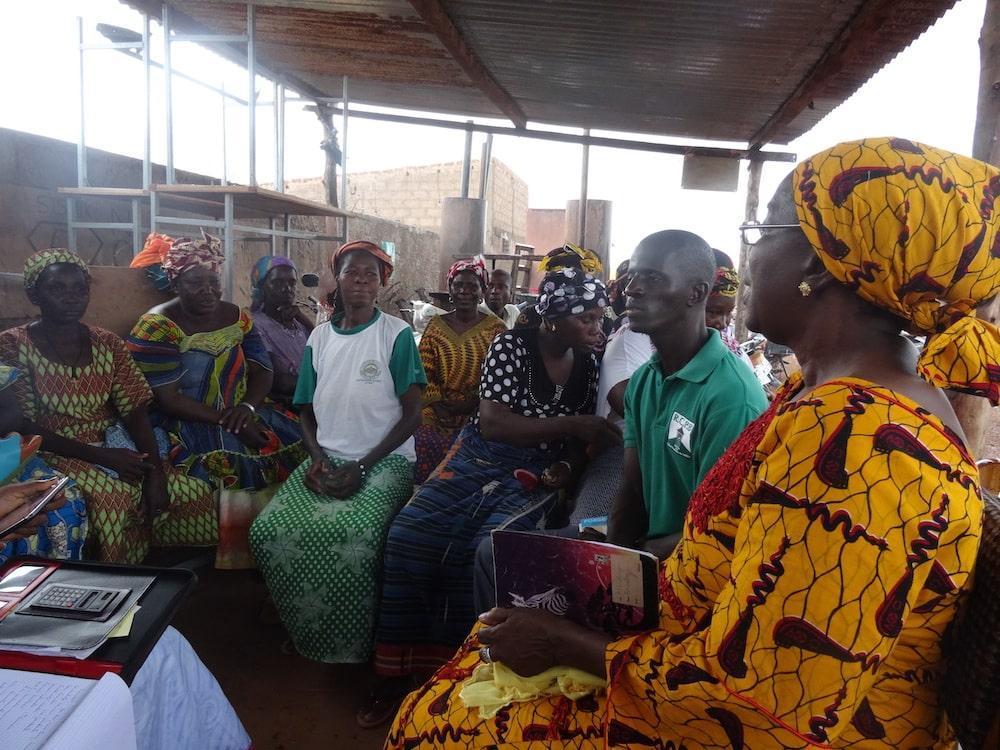
- West Africa
Fédération des Organisations de Producteurs du Burkina Faso (National Federation of Producer Organizations of Burkina Faso, FENOP)
Explore our relevant resources
The Road to the 3rd Nyéléni Global Forum
- Saulo Araujo of Grassroots International
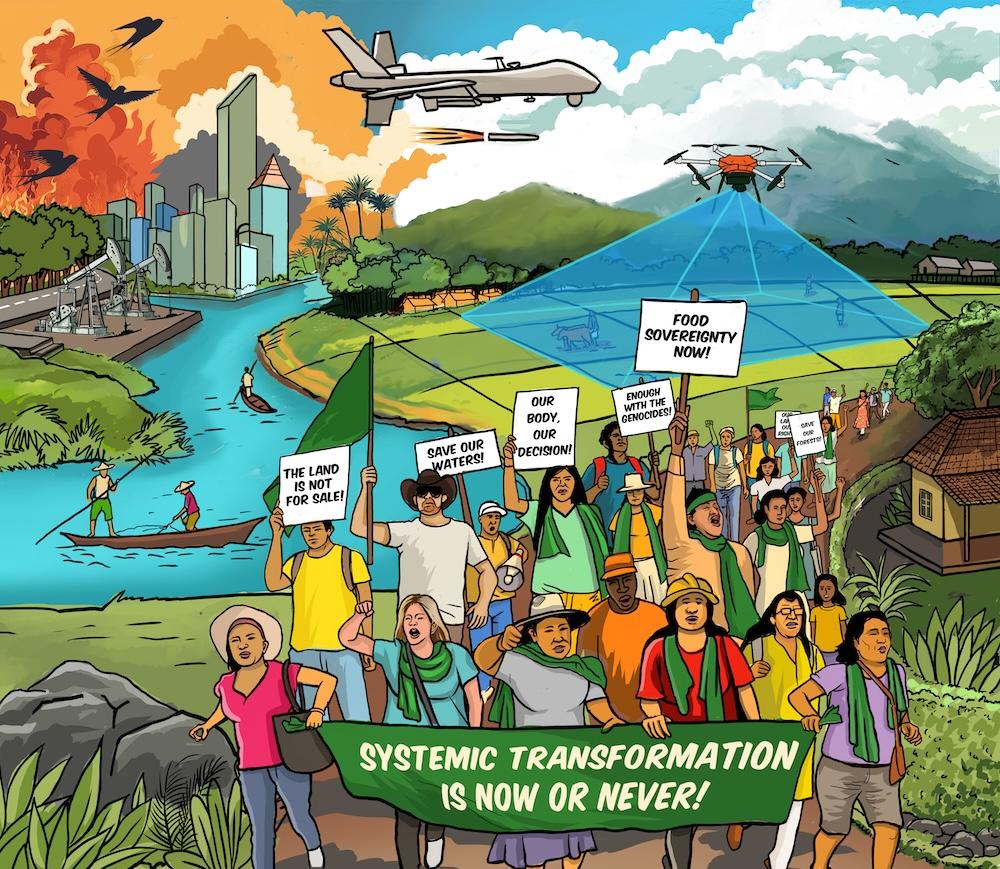
16th Annual Food Sovereignty Prize Awarded By US Food Sovereignty Alliance
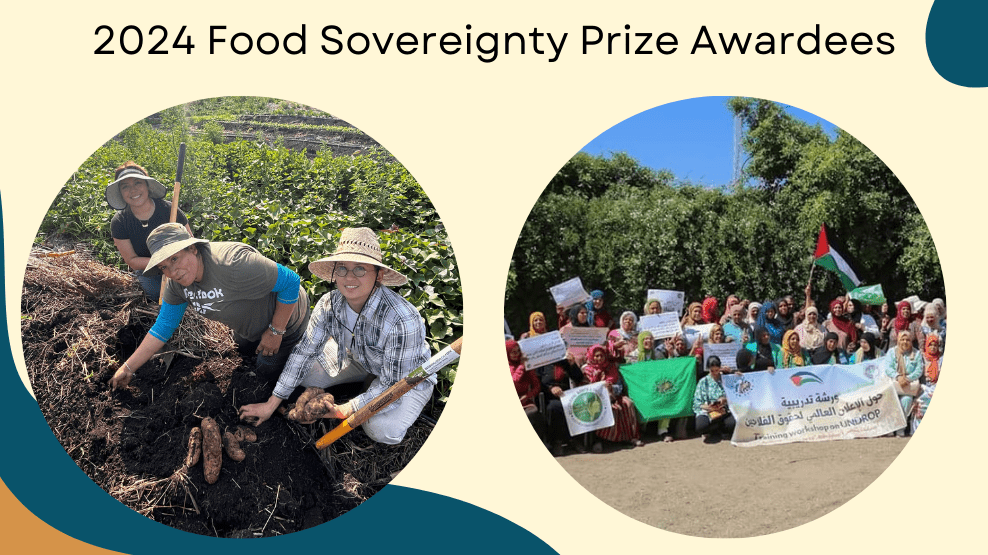
African Youth Pave the Way Forward on Agroecology
- Million Belay of AFSA
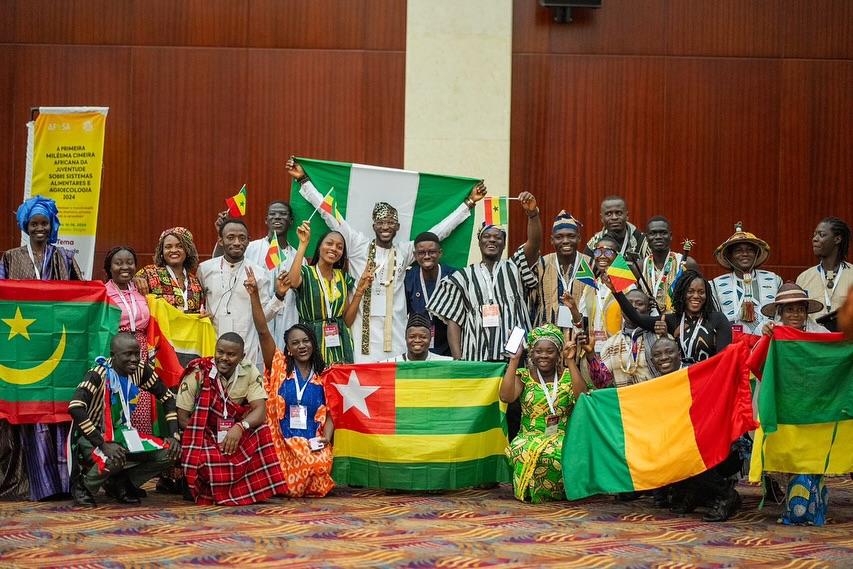
The Superpower of Soil and Those who Protect It
- Diane Martin and Dana Fugate of Mothers Out Front
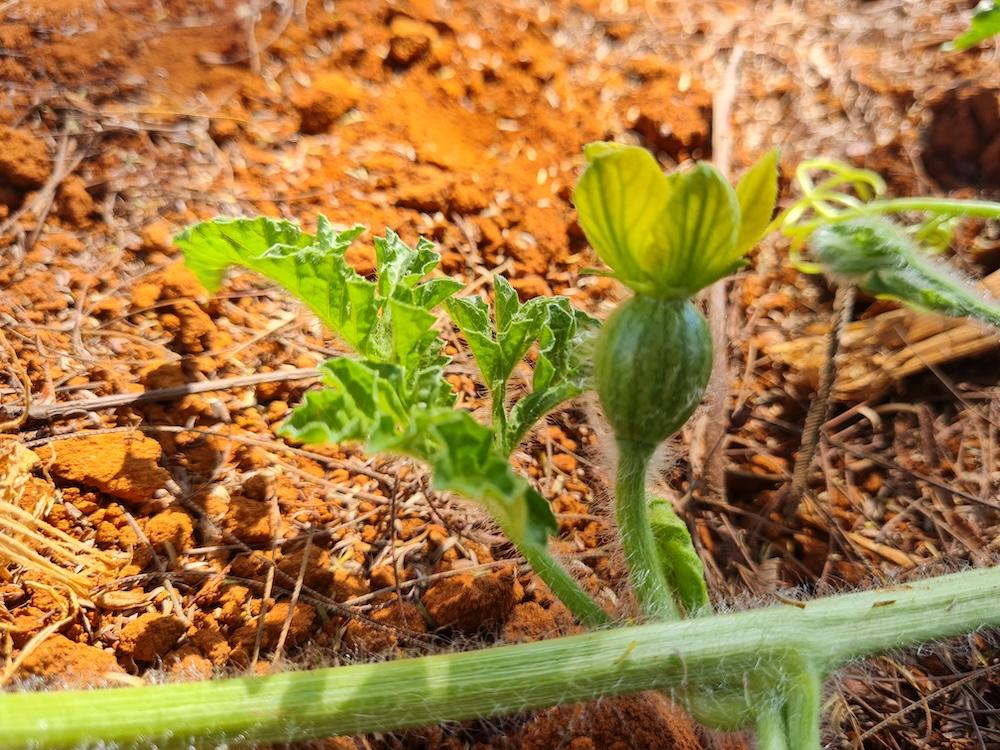
Learning from Brazil’s Social Movements
- Grassroots International
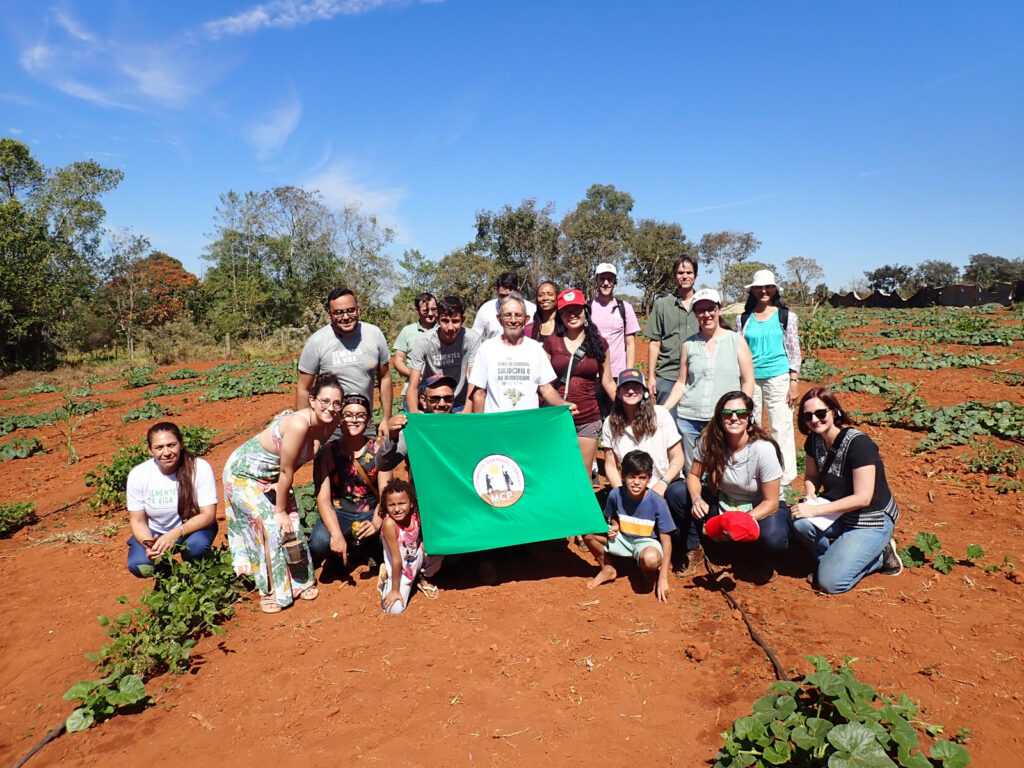
A New Framework for Trade Based on Food Sovereignty — Nyéléni Newletter no. 57
- Nyéléni

Resistance From Within the Belly of the Agro-Industrial Beast
- Christina Schiavoni
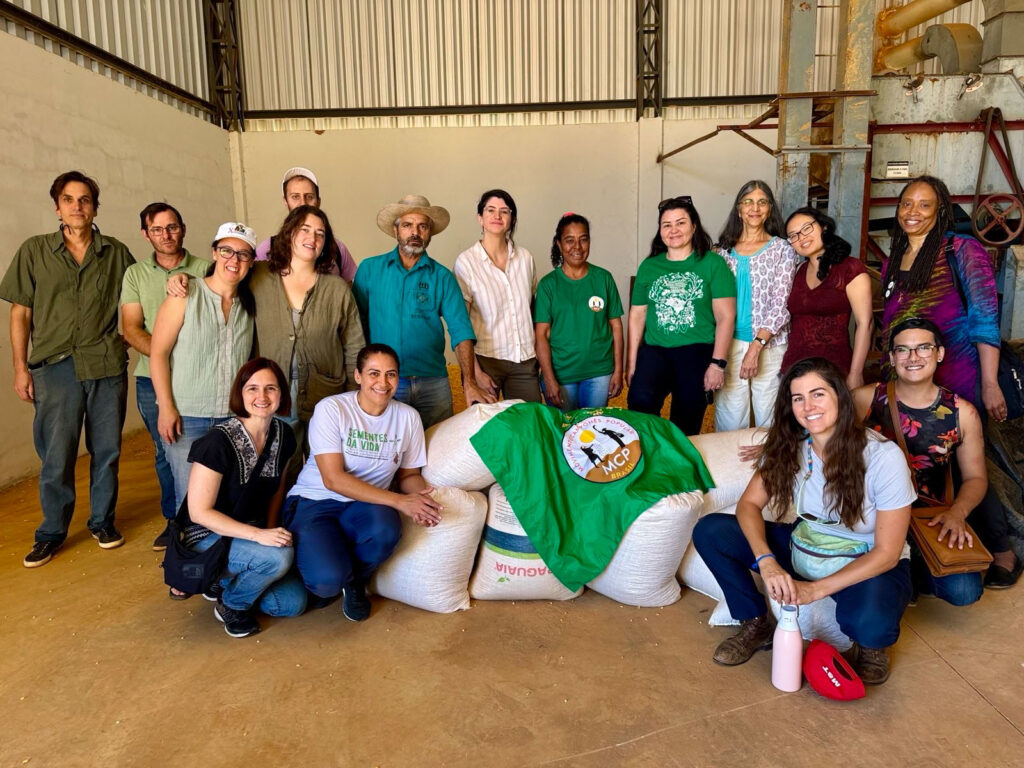
New Children’s Book on the MST by Former Grassroots Intern
- Christina Schiavoni
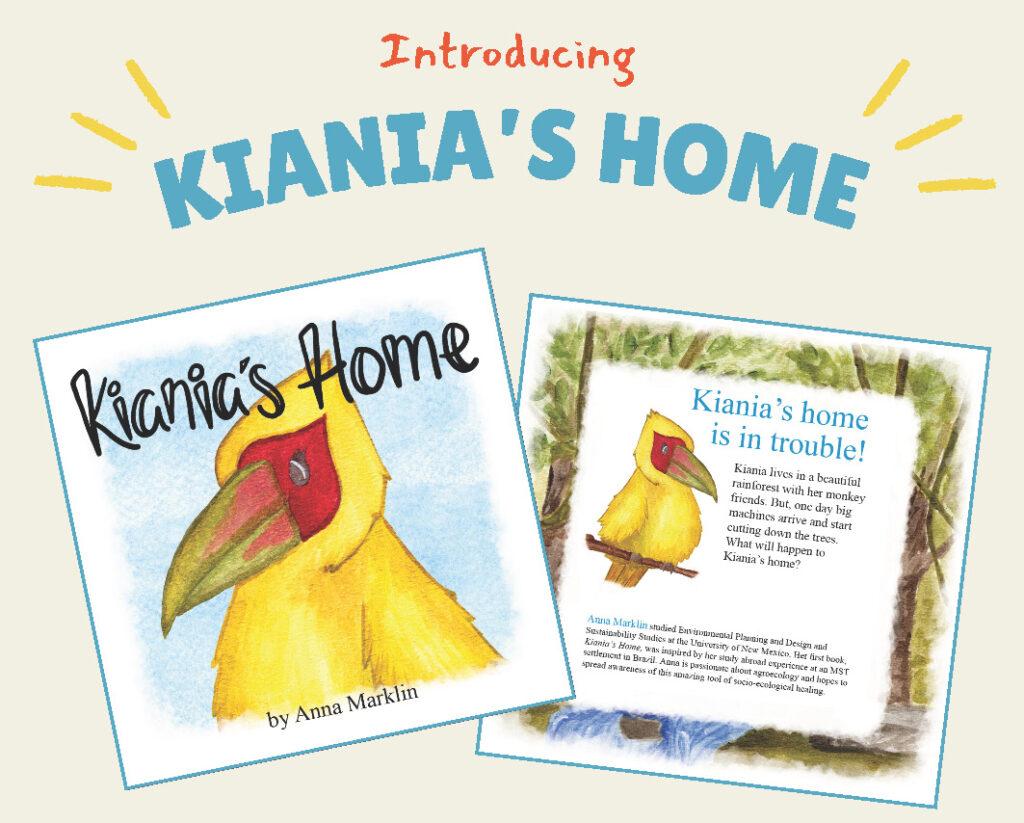
Haiti: Our Country Needs a Solution Coming from Its People
- Doudou Pierre Festile and Micherline Islanda Aduel
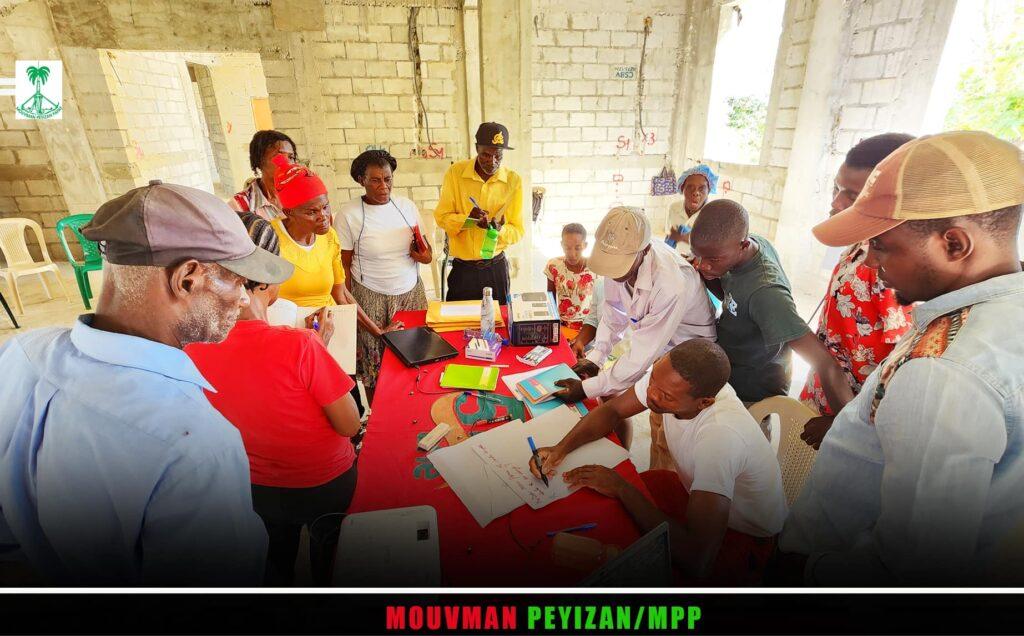
Funding in Haiti and Palestine Amid Devastating Conditions
- Michael Kavate, Inside Philanthropy
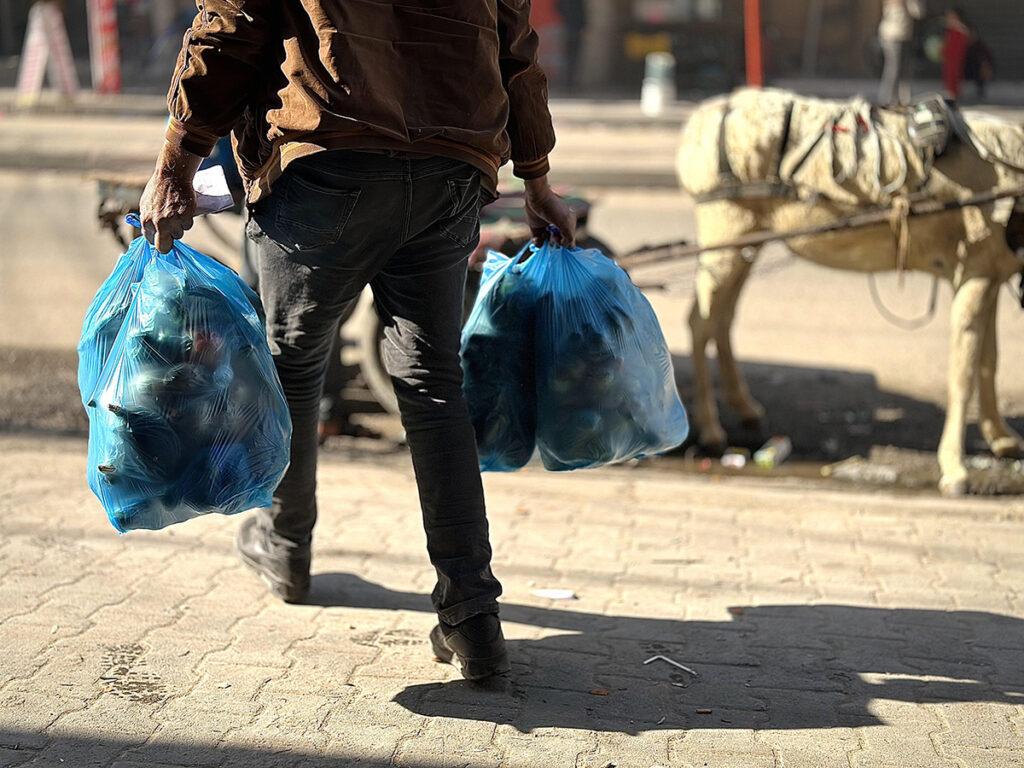
Scaffolding for a Liberated Future: Our New Movement Infrastructure Fund
- Grassroots International
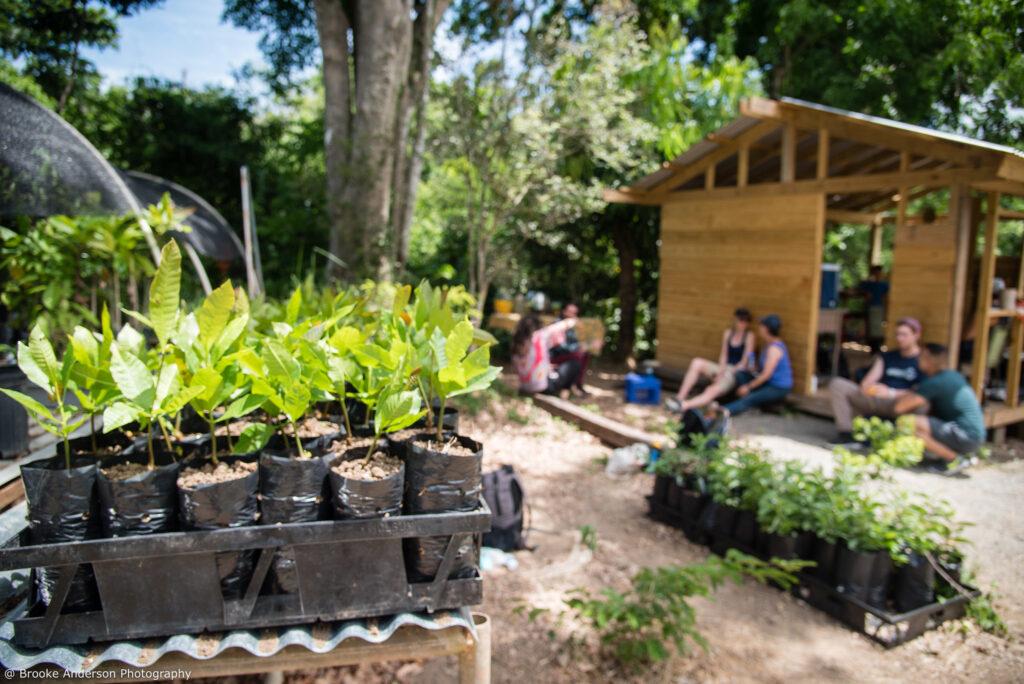
Join Our Delegation to Brazil This July
- Grassroots International
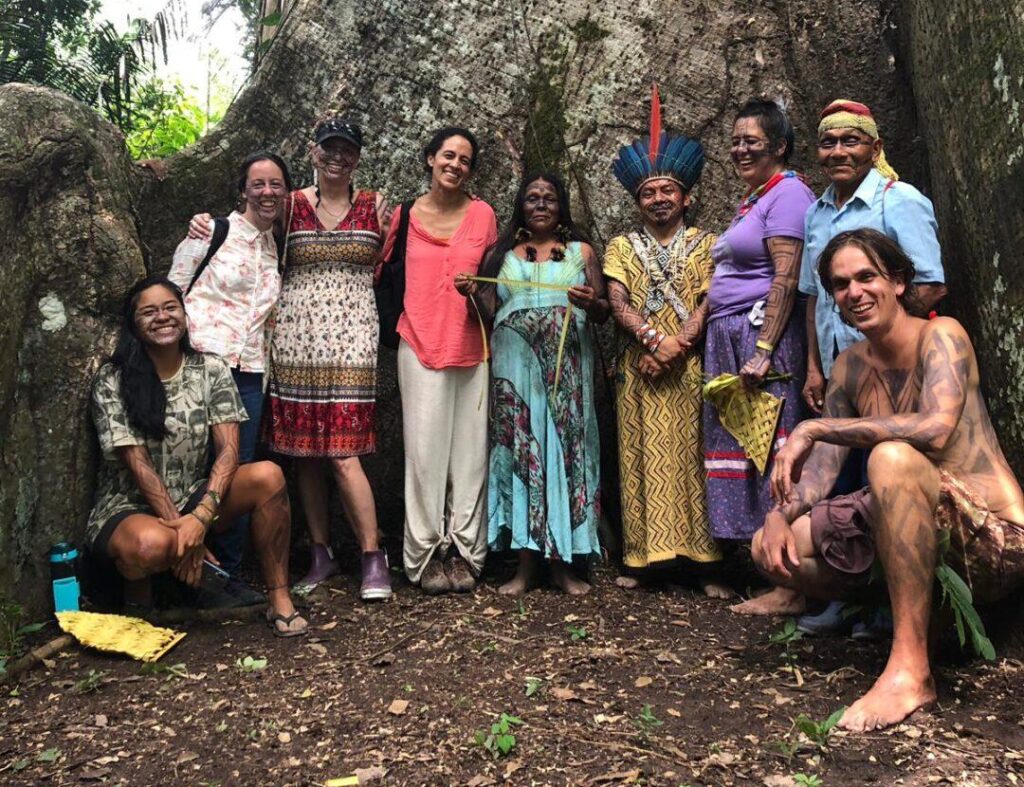
Long-Term Partnership Toward Food Sovereignty
- Grassroots International
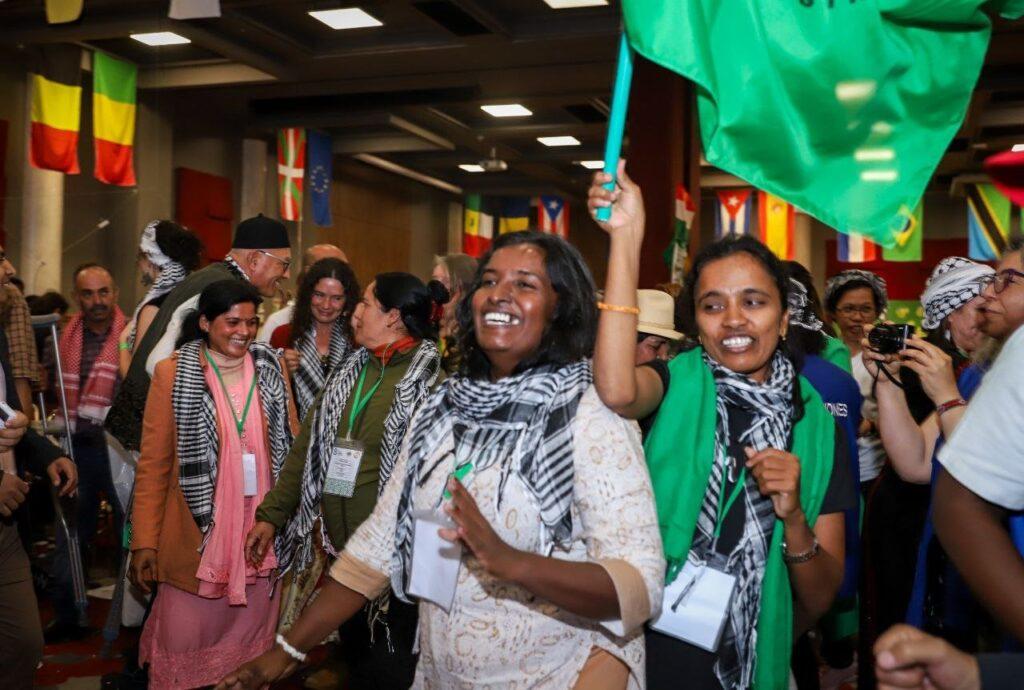
Celebrating Food Sovereignty with MPP and Black Dirt Farm Collective
- US Food Sovereignty Alliance
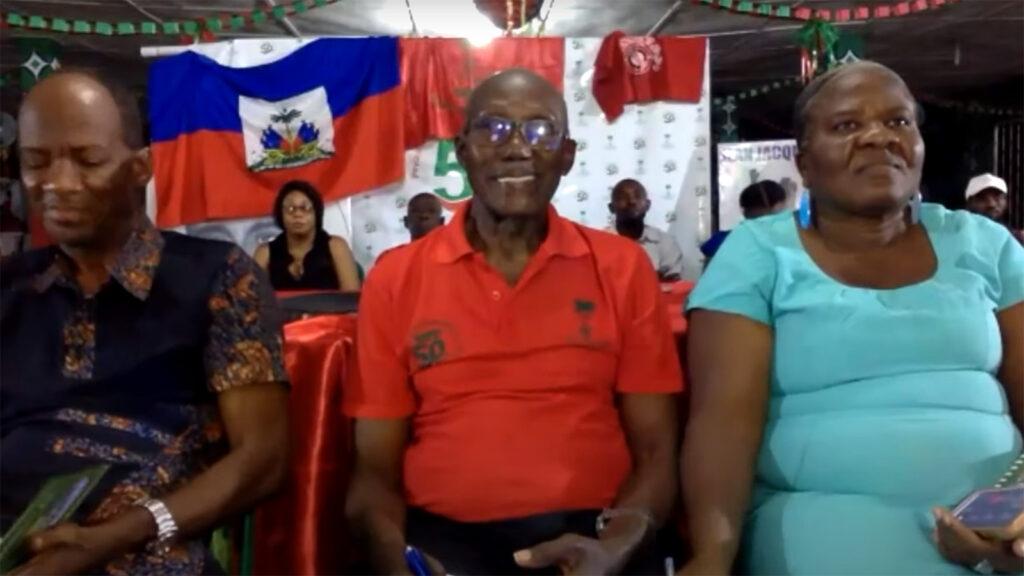
15th Annual Food Sovereignty Prize Honors the Black Dirt Farm Collective and Haiti’s Mouvman Peyizan Papay (MPP)
- US Food Sovereignty Alliance
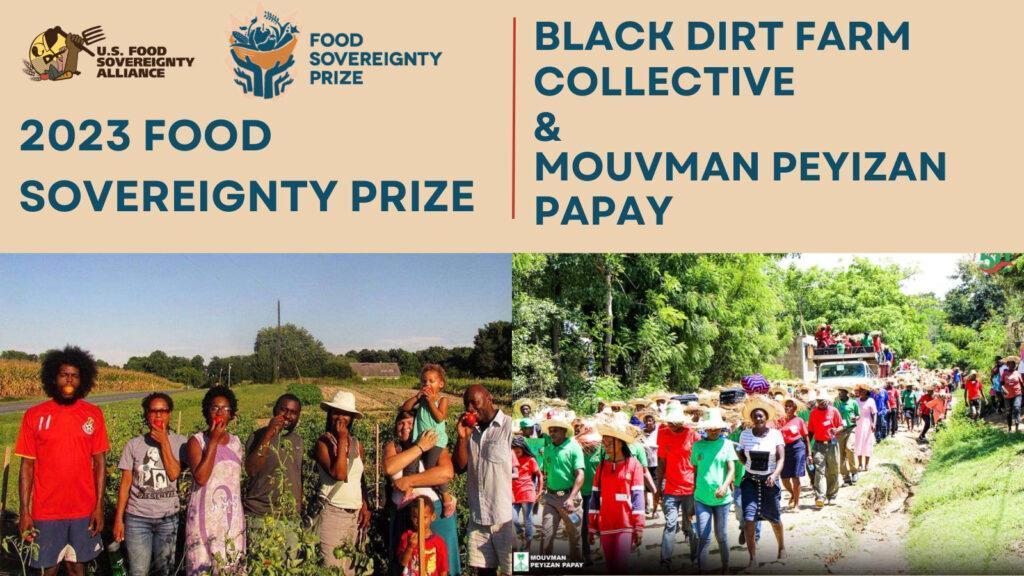
Grassroots Through the Years: Food Sovereignty
- Grassroots International

The Movement for Community-Led Agroecology
- Grassroots International
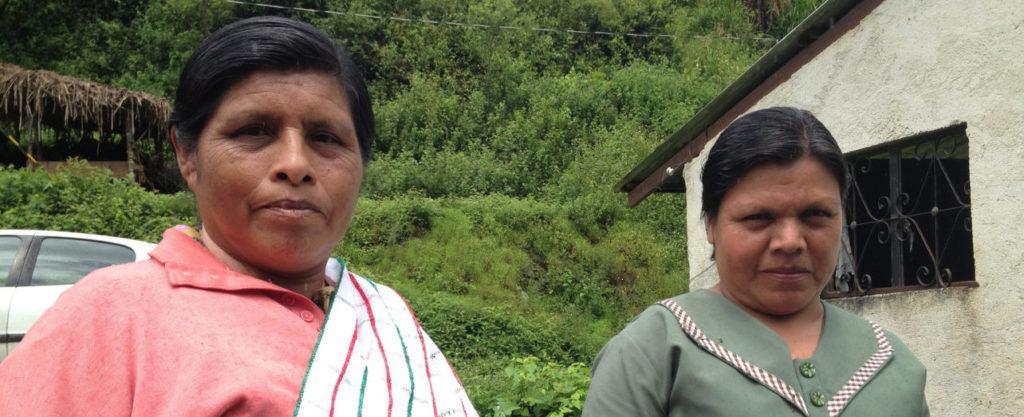
10 Things You Should Know About Brazil’s MST
- Grassroots International
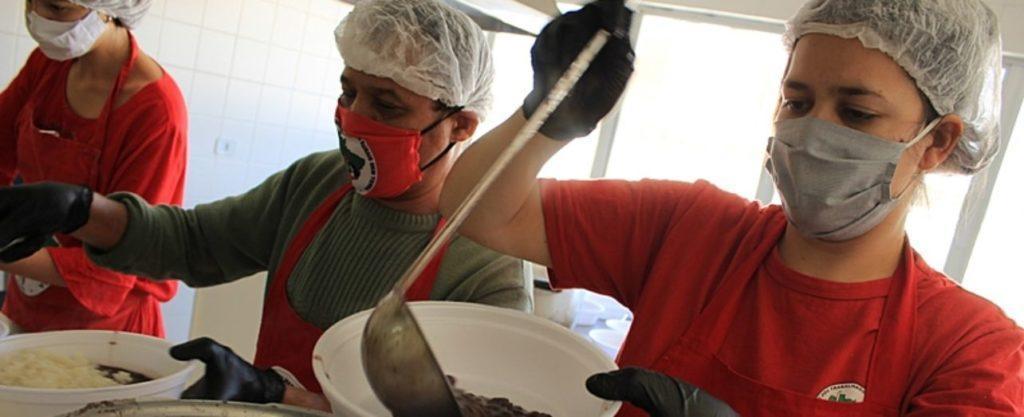
Advancing Just Transformation in Puerto Rico: Strategies from the Frontlines after Fiona
- Grassroots International
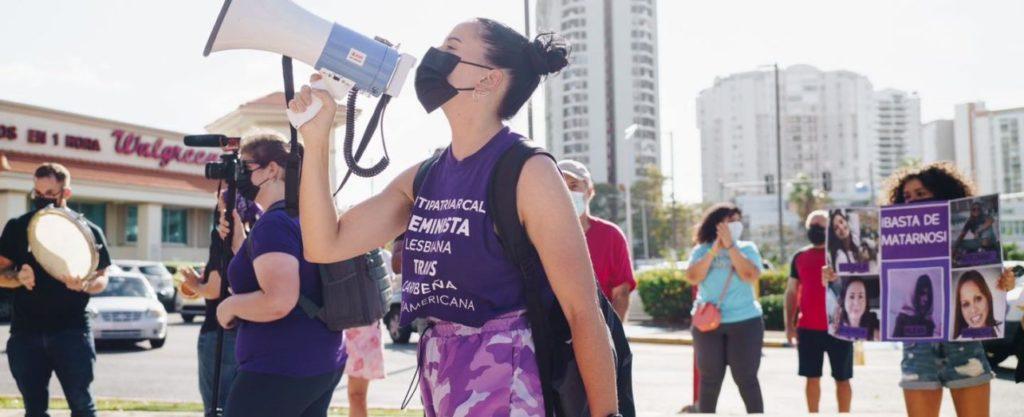
Federation Celebrated for Black Resistance in Fields and Food
- Federation Of Southern Cooperatives
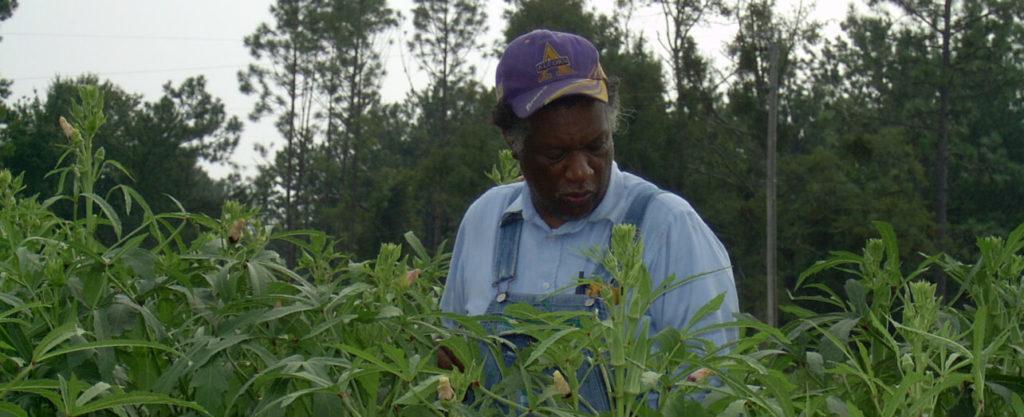
VIDEO: Organización Boricuá Explains Agroecology
- Jesús Vázquez Negrón
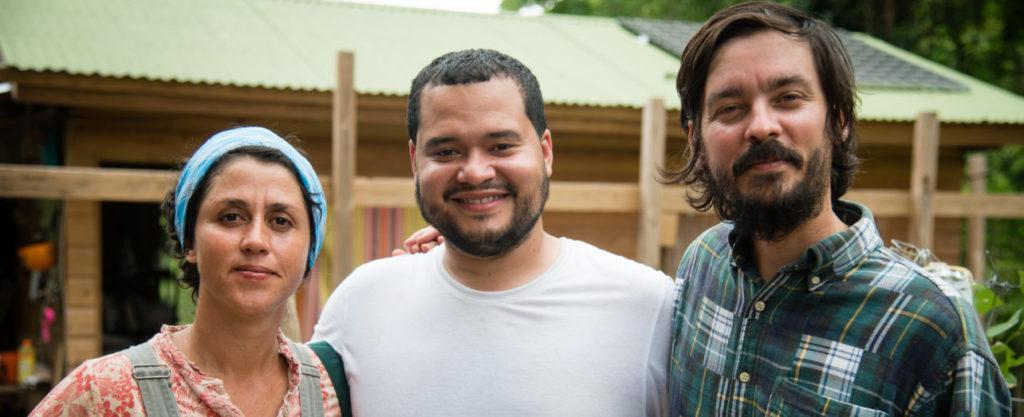
Soil to Sky: Climate Solutions That Transform
- CLIMA FUND
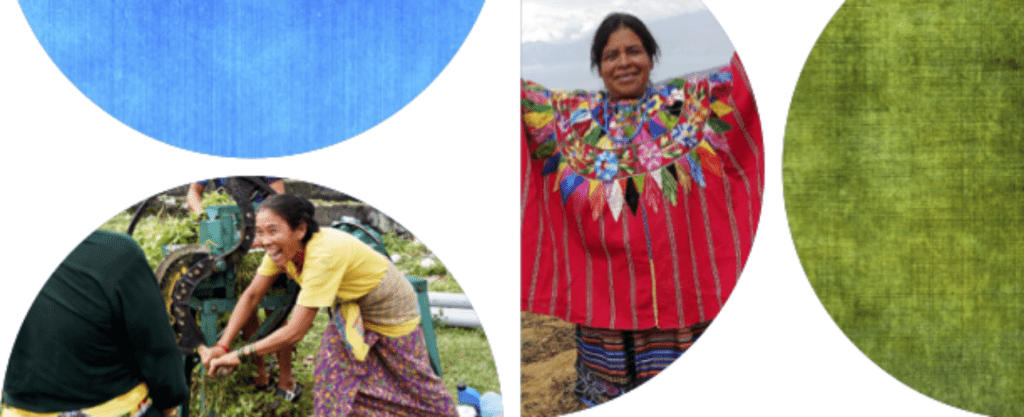
2022 in Review: Building, Deepening, and Growth
- Grassroots International
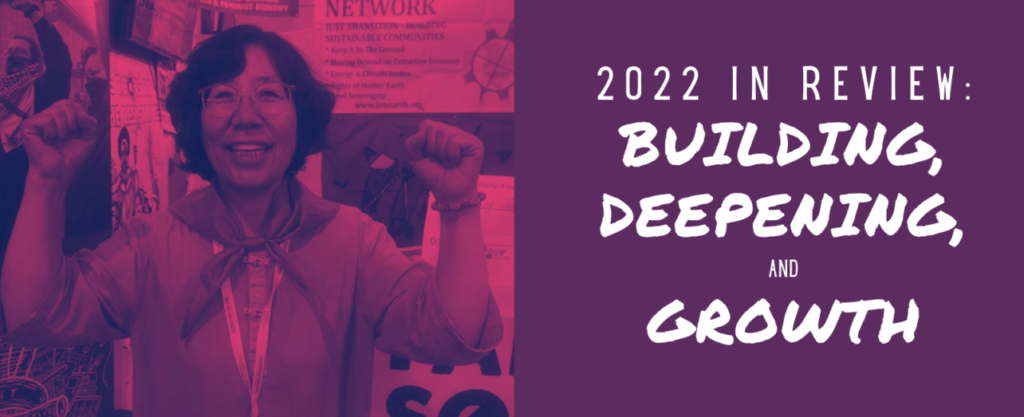
Relief, Recovery or Change?
- Giovanni Roberto
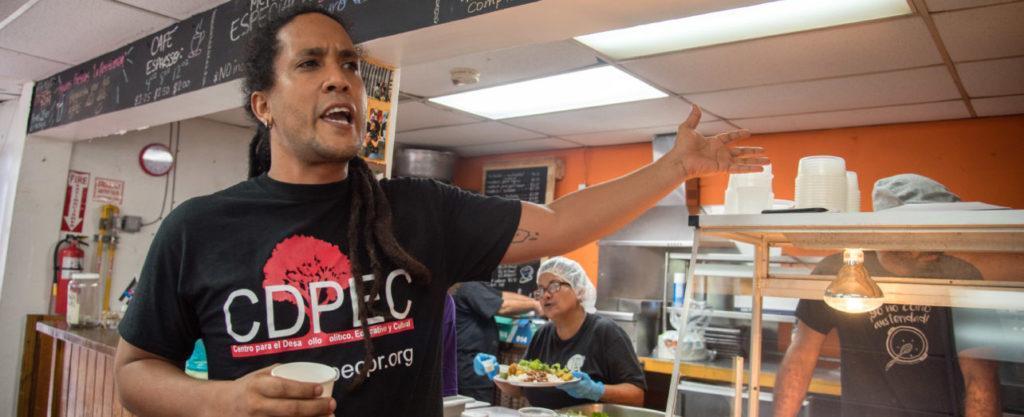
Prize Highlights Solutions to Worsening Hunger Crisis
- The U.S. Food Sovereignty Alliance
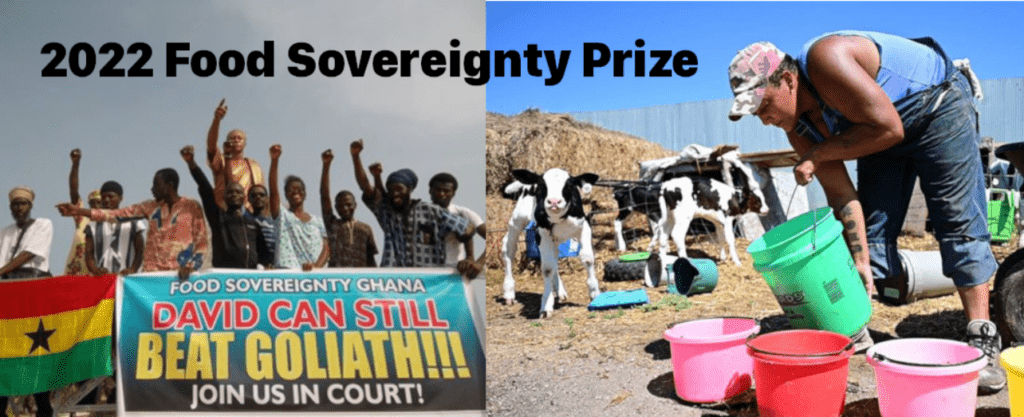
Grassroots International Formalizes West Africa Program
- Grassroots International
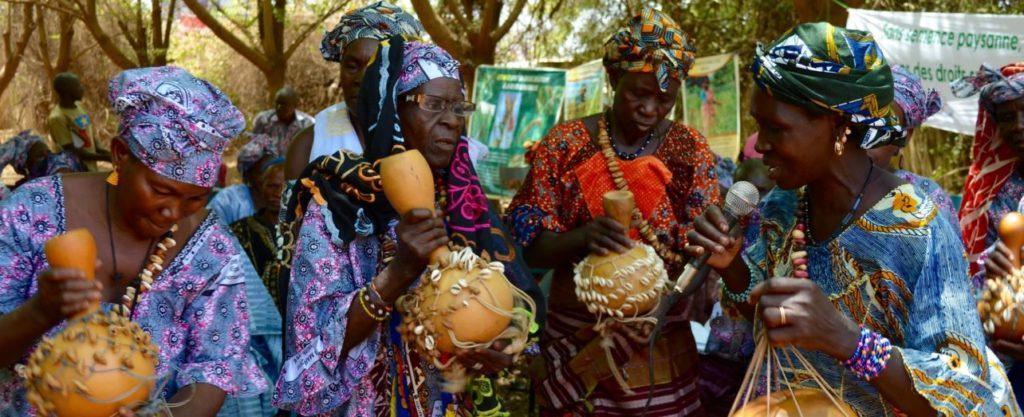
The Frontlines Are at the Grassroots
- JHENNY SAINT-SURIN AND SALENA TRAMEL
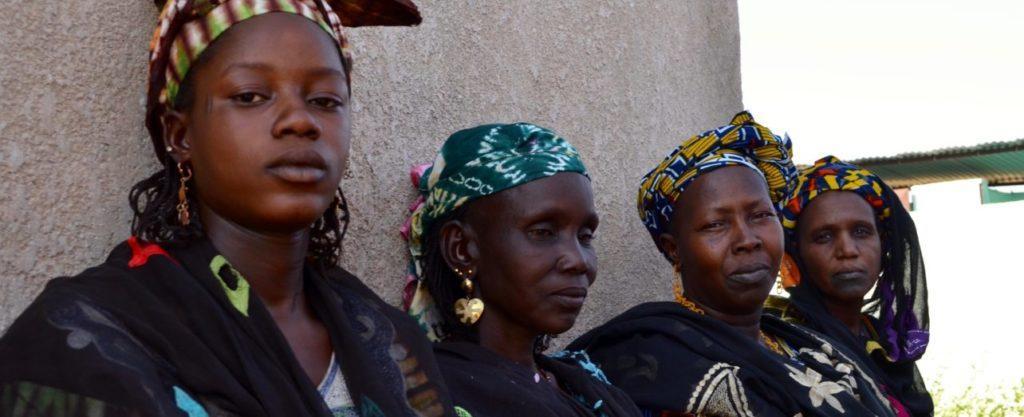
Mexico’s New Movement Institute for Indigenous and Peasant Youth
- Christina Schiavoni
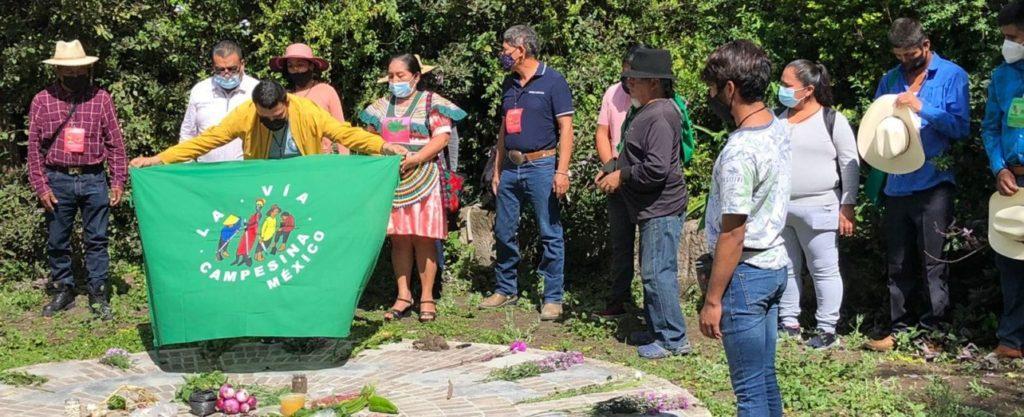
LGBTQIA+ Peasants in Struggle: Free Our Land, Free Our Bodies
- Capire
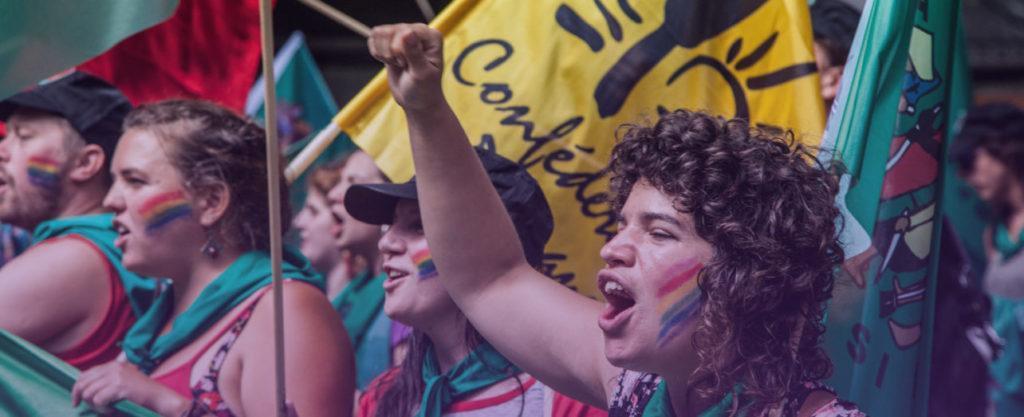
GRAPHIC: Restrictions on Palestinian Food Sovereignty
- Visualizing Palestine
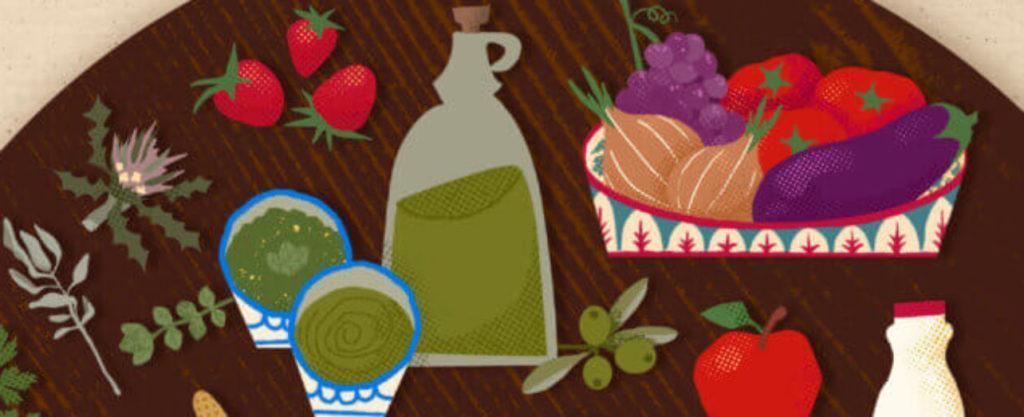
Via Campesina Releases Booklet on Economic Justice
- La Via Campesina
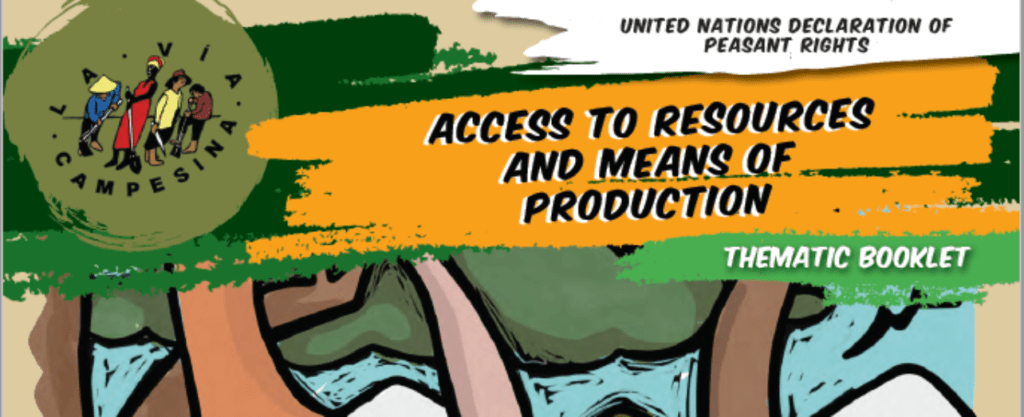
Feeding the World, Cooling the Planet
- Chris Morrill
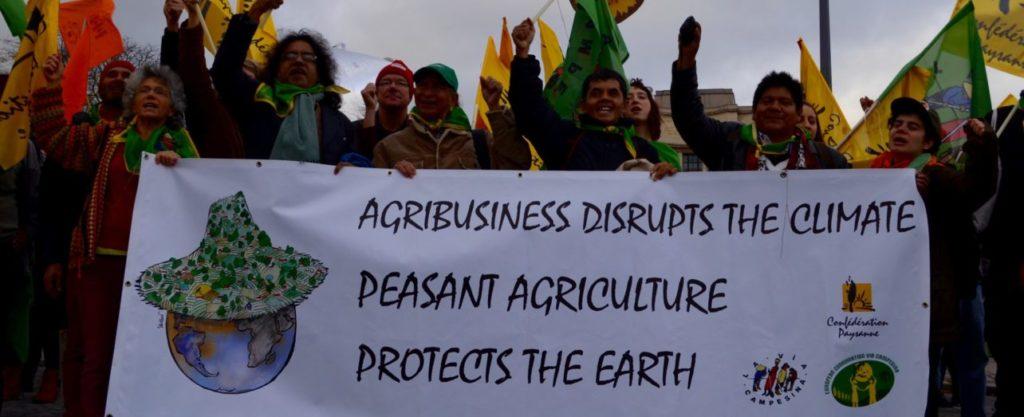
Raising a United Voice for Indigenous Lives and Mother Earth
- Chris Morrill and Rebecca Gonser
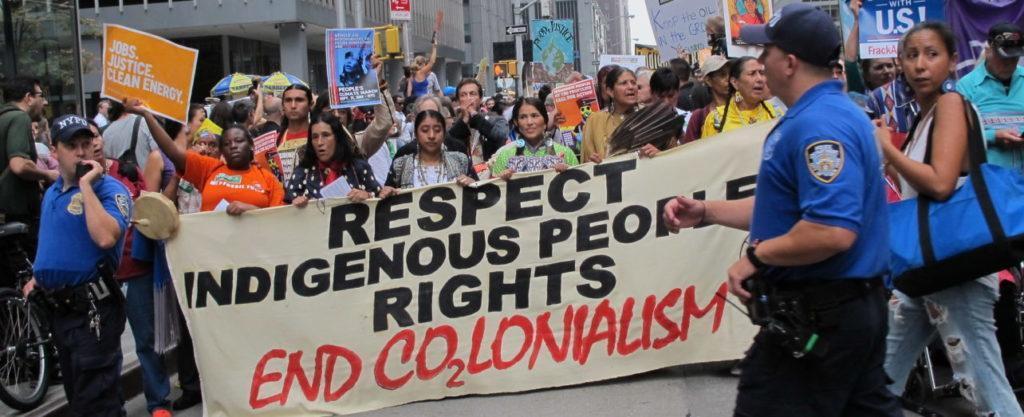
Rob Wallace: Agroecology is Key for Stopping the Next COVID
- Rob Wallace
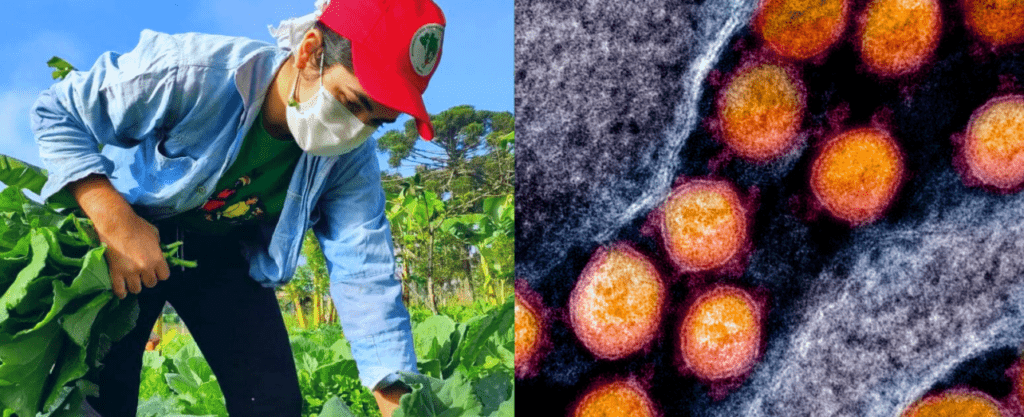
Land, Resistance, and Liberation: Agricultural Cooperatives as a Vital Piece of Black History in the U.S.
- Grassroots International

In 2022, Solidarity Remains Our Way Forward
- Saulo Araujo and Chris Morrill
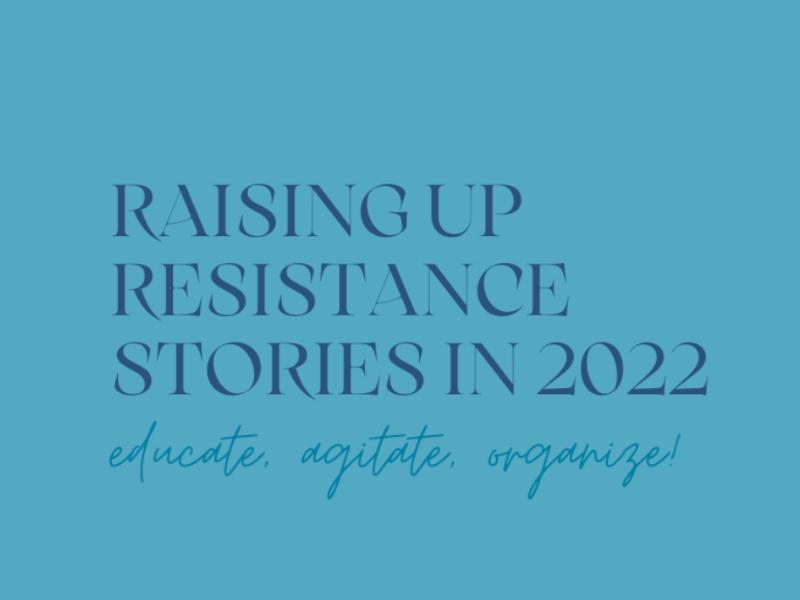
2021 in Review and Resistance
- Grassroots International
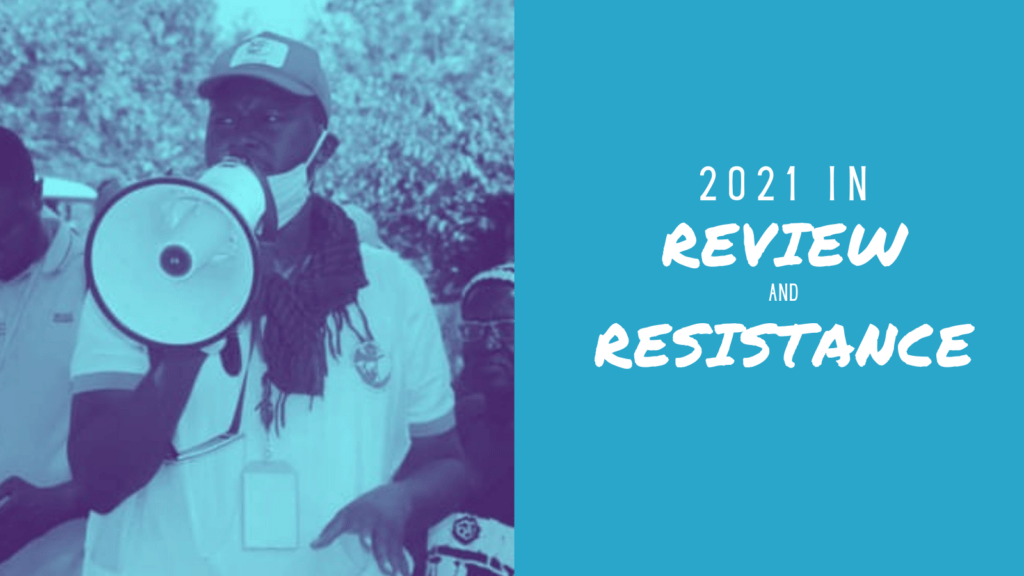
Rooting Climate Justice in Indigenous Resistance
- Christina Schiavoni & Chris Morrill
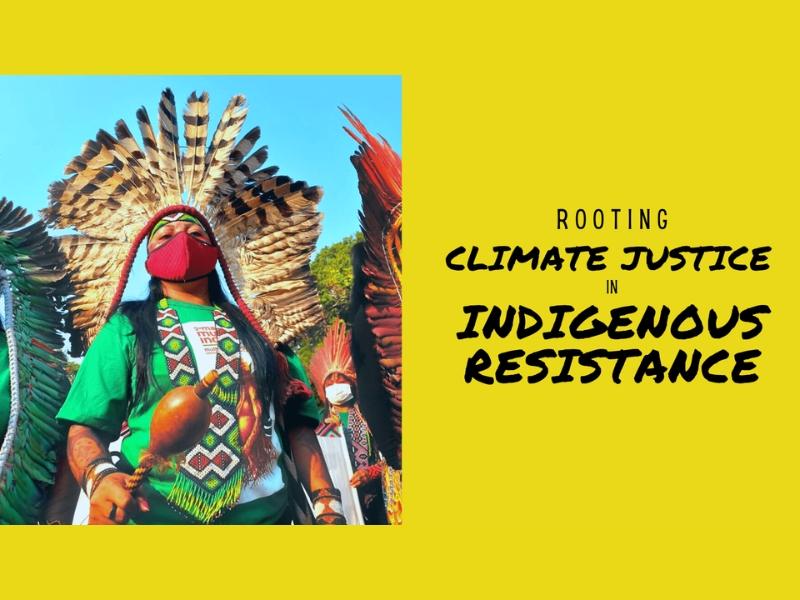
Grassroots Intermediaries are a Path to Climate Justice
- REO Collaborative
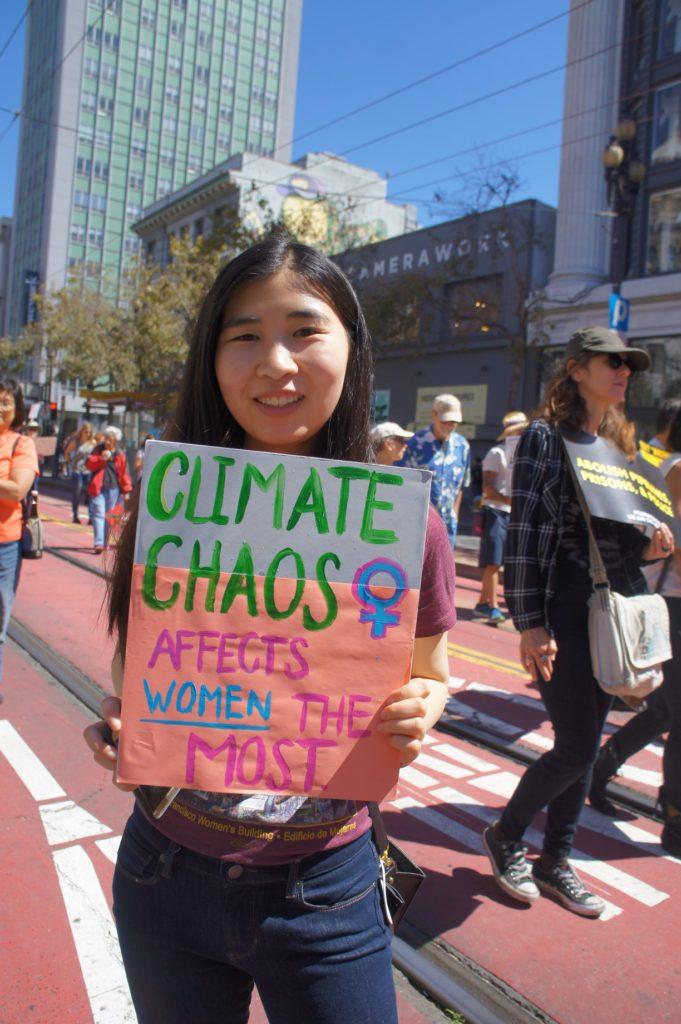
Black and Indigenous Communities Take on Corporate Land Grabbing
- Christina Schiavoni

Land and Territory: Sovereignty, Culture and Resistance
- Chris Morrill
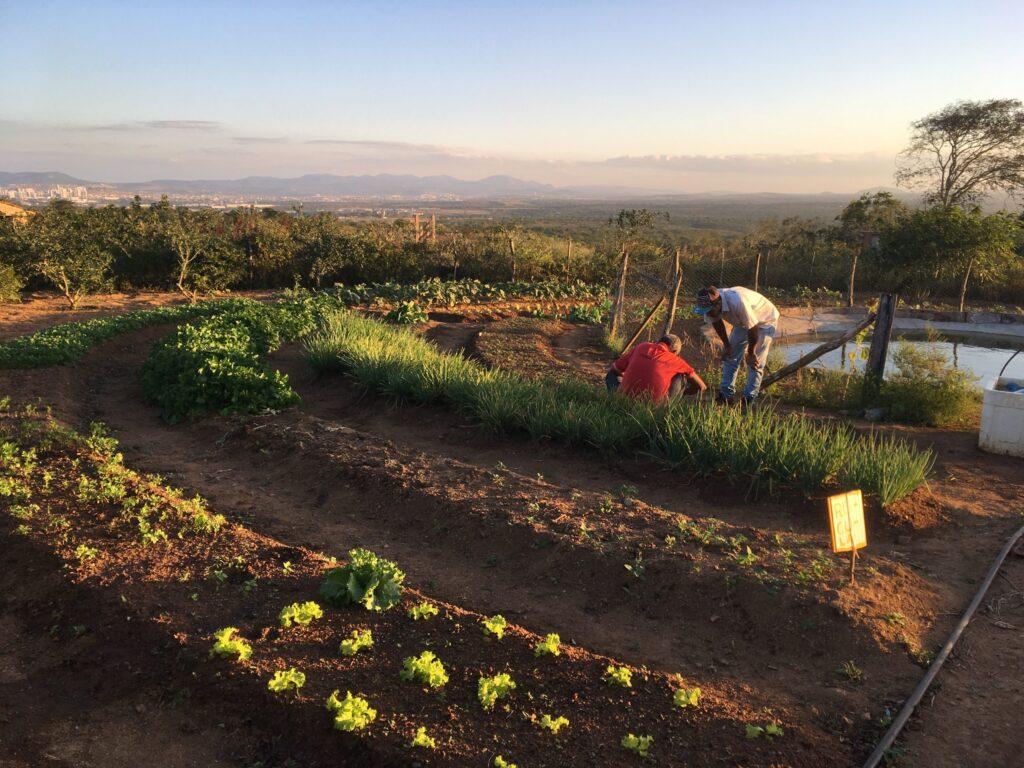
Food Sovereignty, a Manifesto for the Future of Our Planet
- La Via Campesina
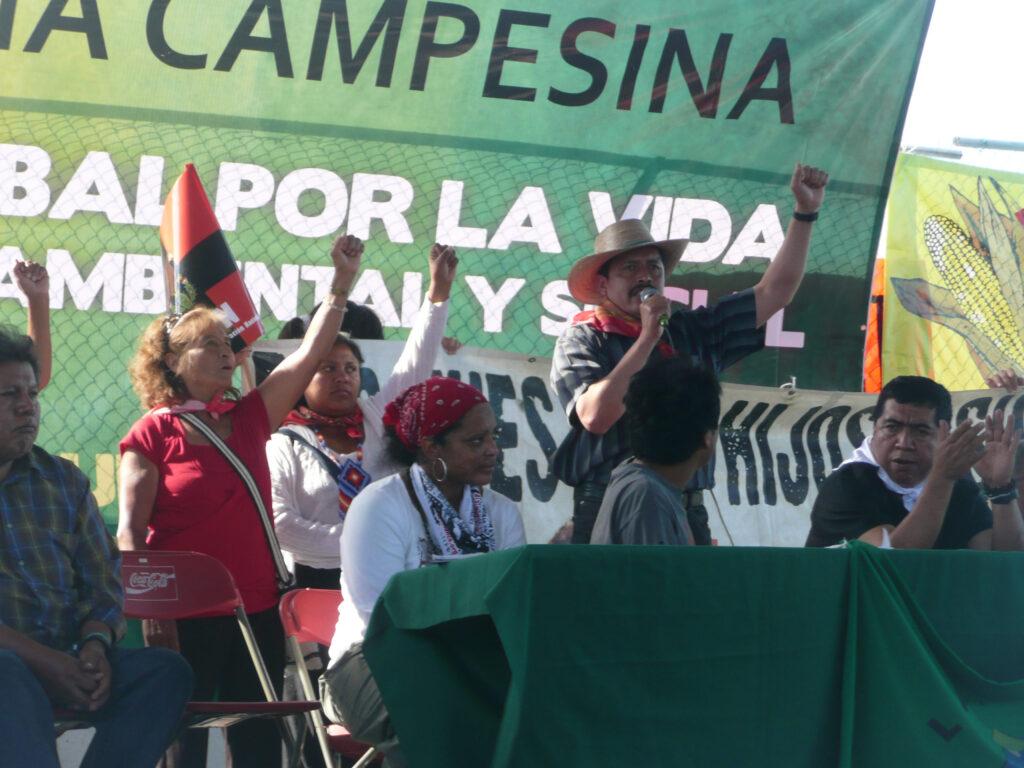
On Heels of Failed UN Food Systems Summit, Food Sovereignty Prize Highlights Transformative Solutions
- US Food Sovereignty Alliance
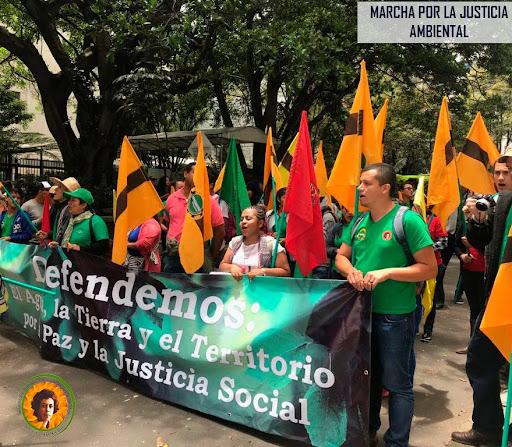
Reflections on Food Sovereignty and Black Liberation
- Katherine Asuncion
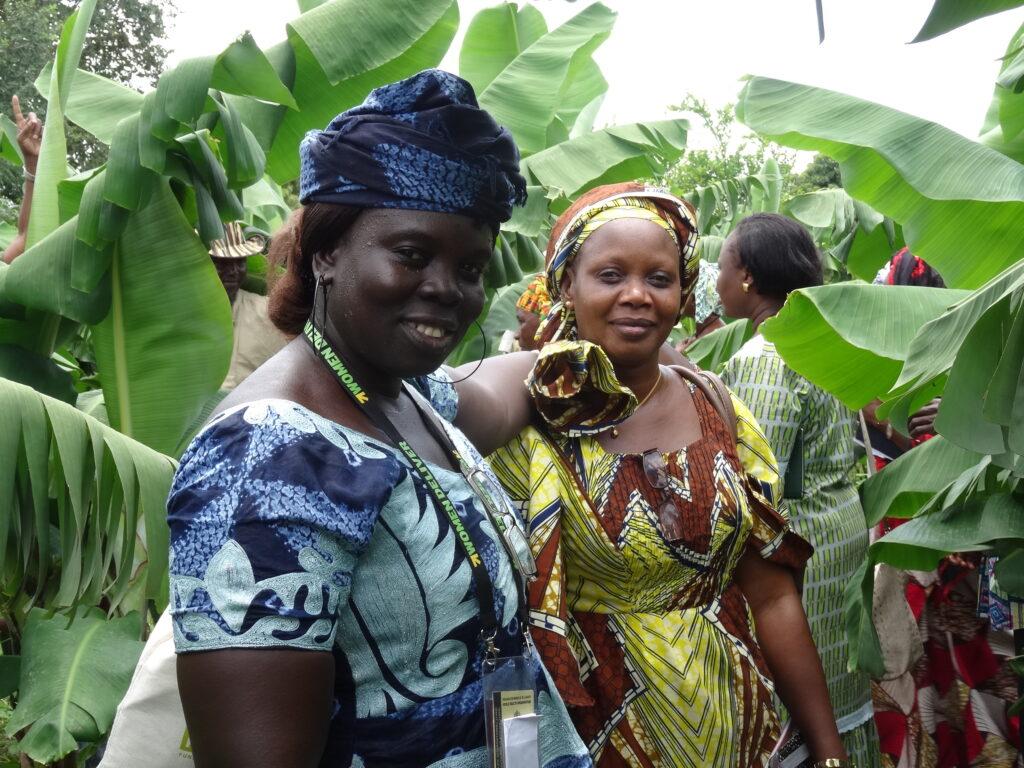
25 Years of Food Sovereignty: Accompanying the Struggle
- Christina Schiavoni
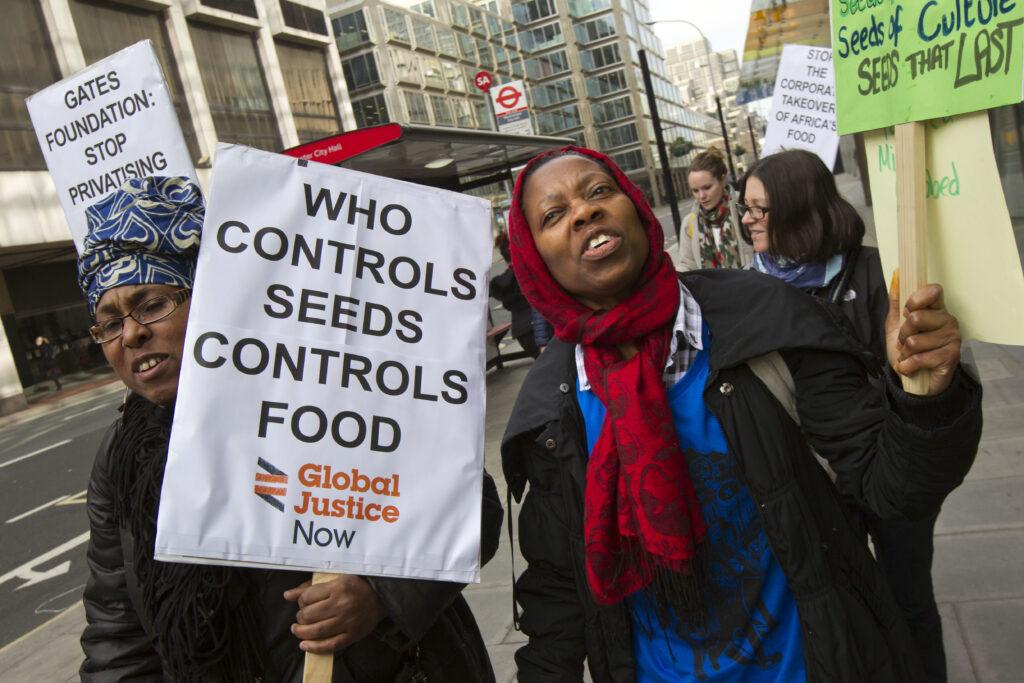
Food Sovereignty Prize Winners Announced
- US Food Sovereignty Alliance
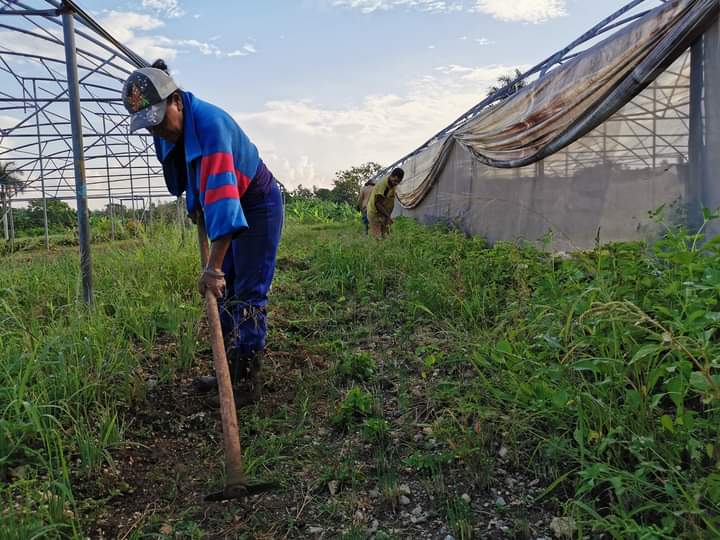
Supporting a Haitian-Led Crisis Response
- Grassroots International
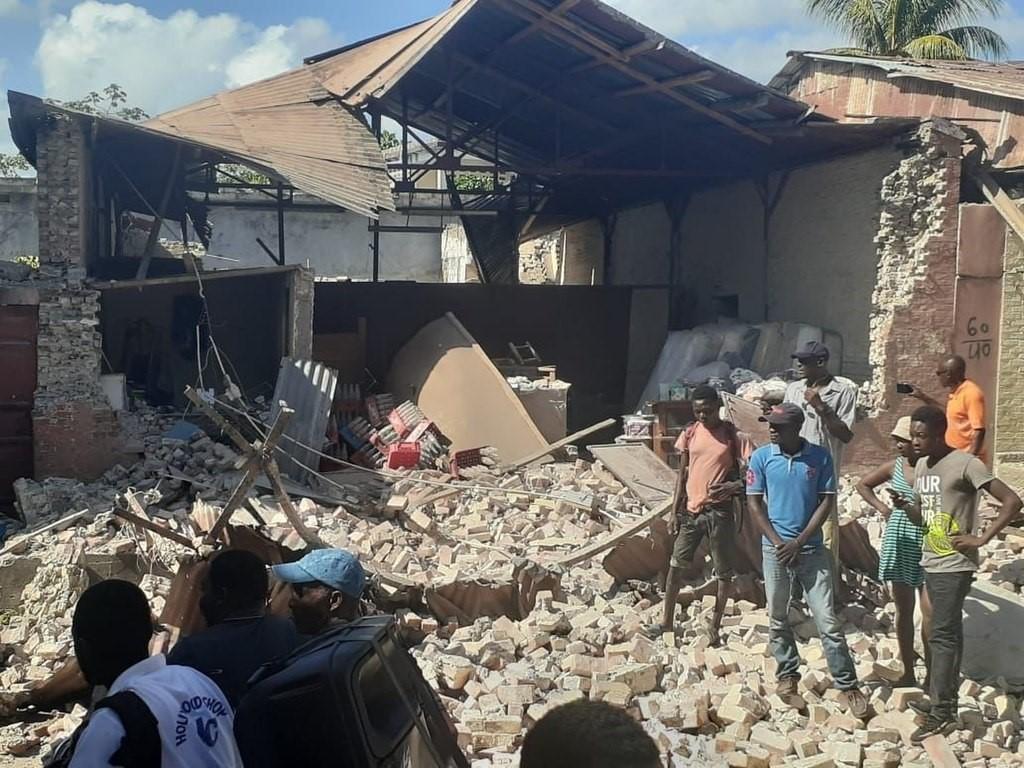
Update from the Trenches in Brazil: “one of the worst crises our country has ever seen”
- Valdenildo Martins de Souza
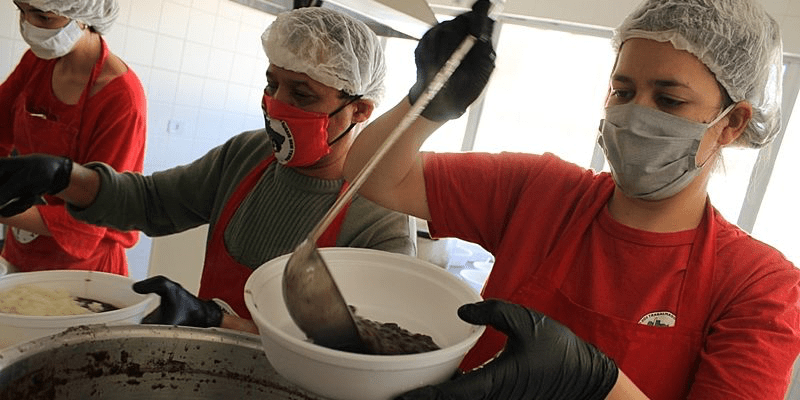
International Day of Peasant Struggle: Looking Back to Build Forward
- Grassroots International
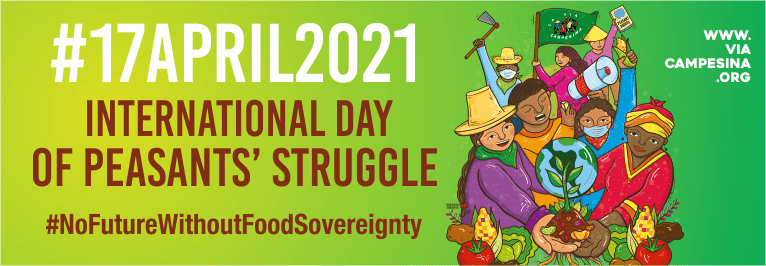
Eldorado do Carajás, 25 Years of Impunity: Interview with Ayala Ferreira
- Fernanda Alcântara
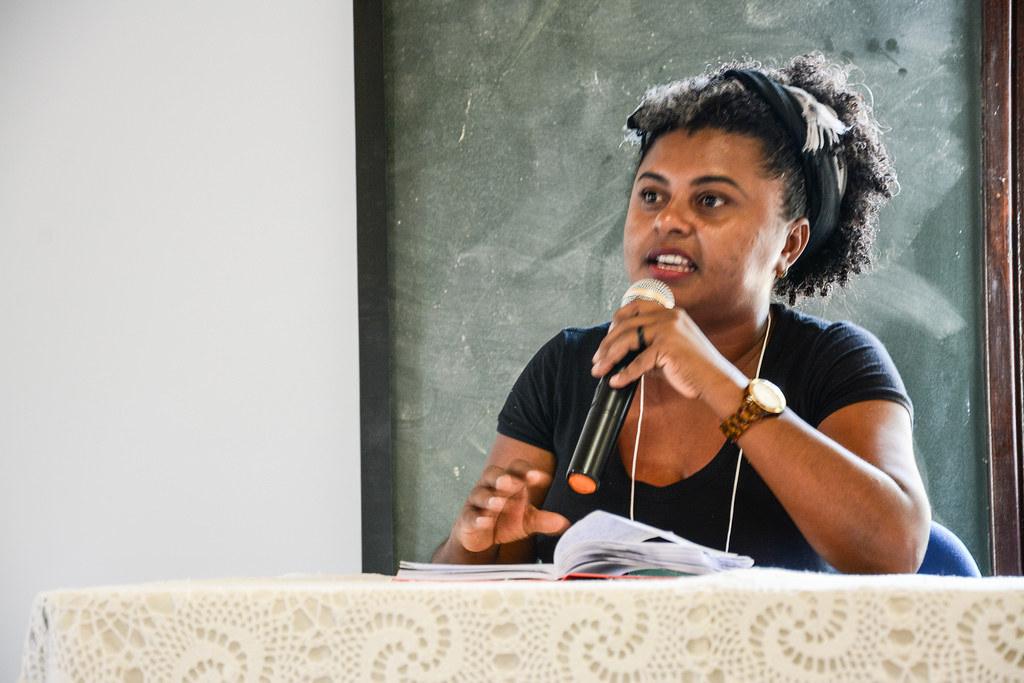
Communicating Food Sovereignty: 10 Years of the Nyéléni Newsletter
- Grassroots International
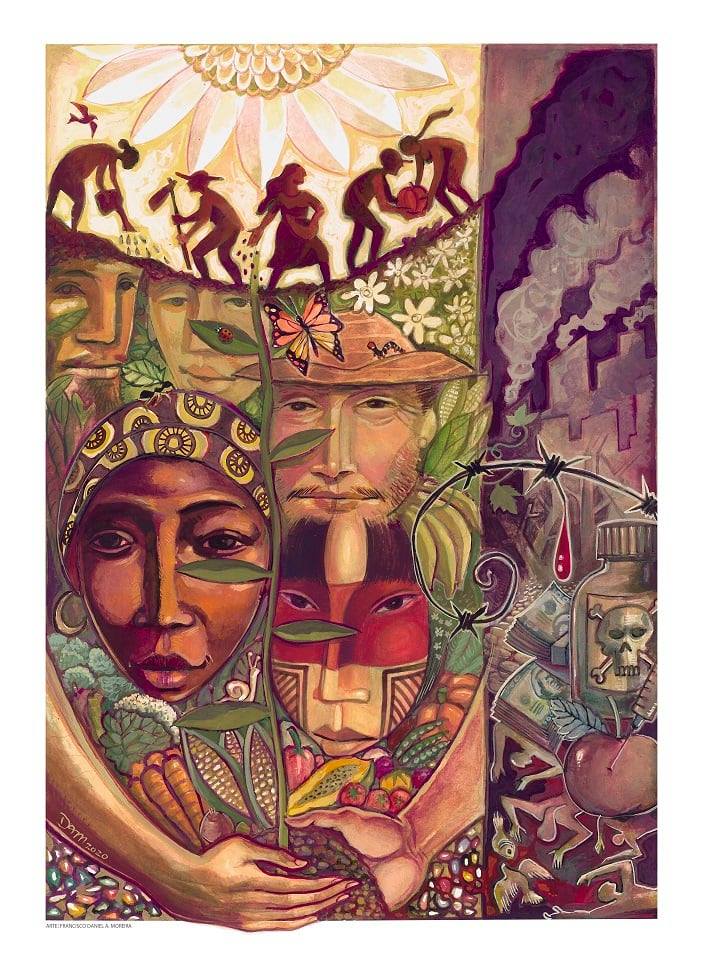
2020 in Review: Response, Recovery and Transformation
- Grassroots International

From Disparity to Parity: For an Equitable Food System Now!
- National Family Farm Coalition
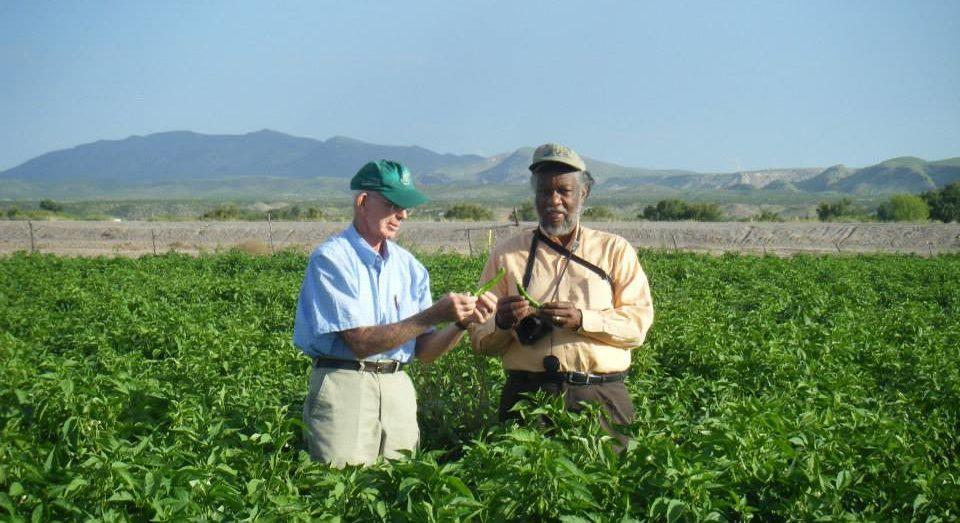
VIDEO: Land Grabs in Brazil
- Grassroots International
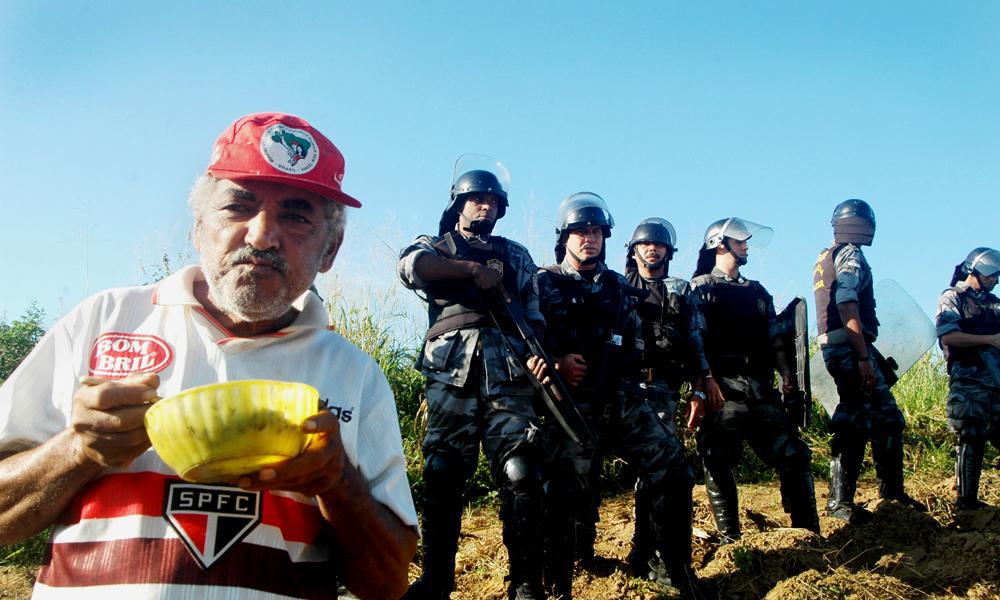
Haitian Movements Denounce Land Grabs
- Statement of Haitian Movements
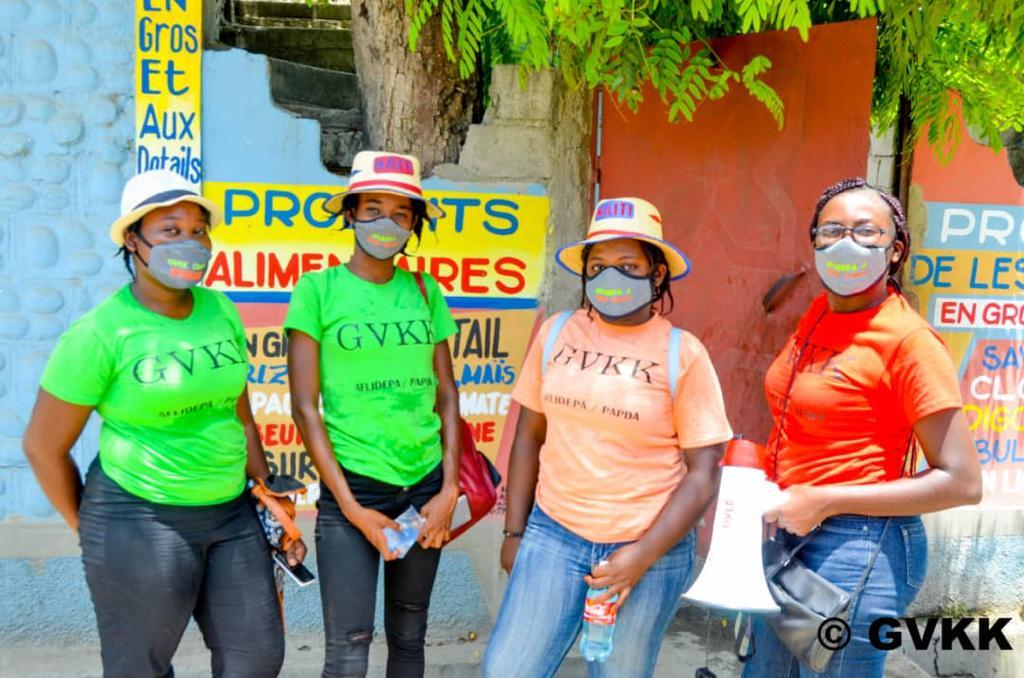
Converging to Overcome Crisis and Change the System
- Salena Tramel
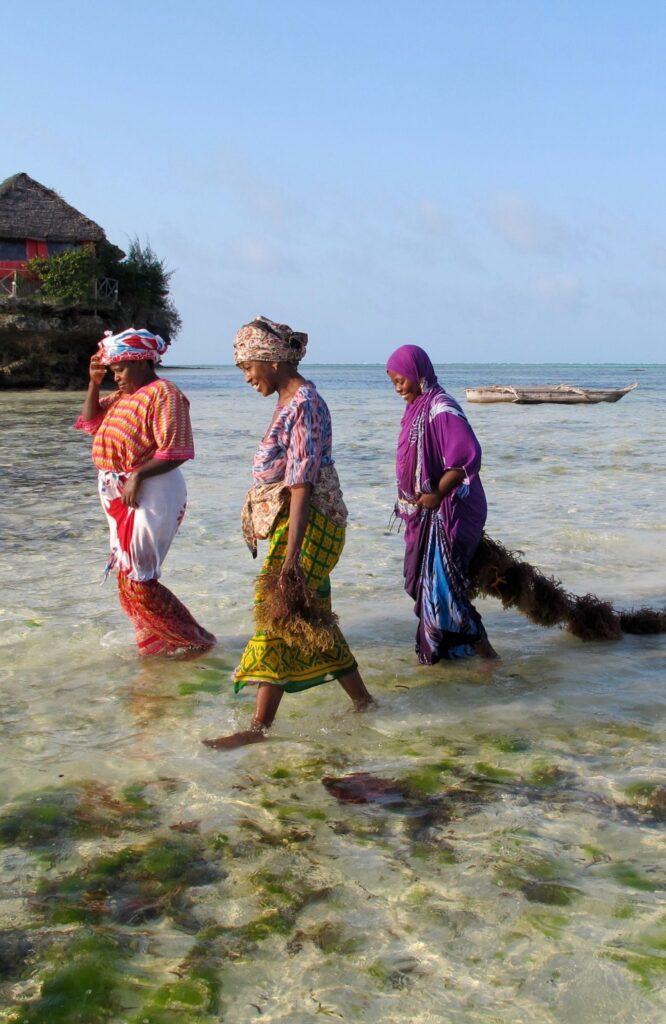
World Food Day: Saluting Food Sovereignty Prize Awardees
- U.S. Food Sovereignty Alliance
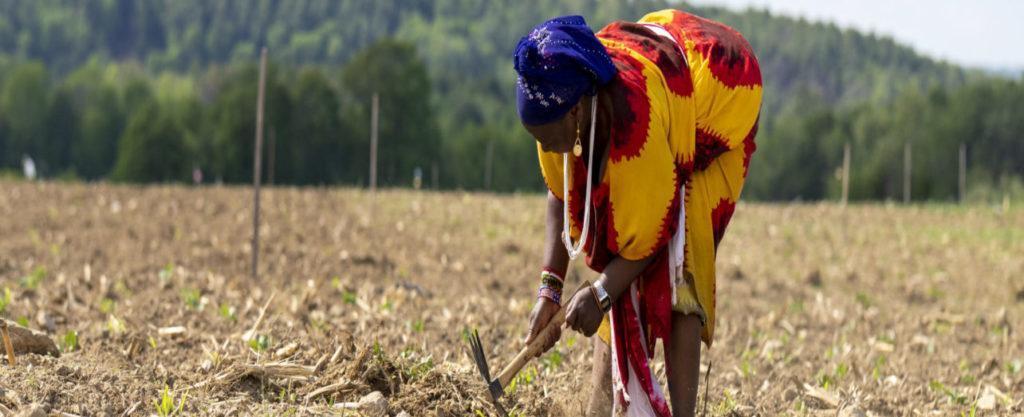
Agribusiness Replaces Hunger with Malnutrition
- TimWise
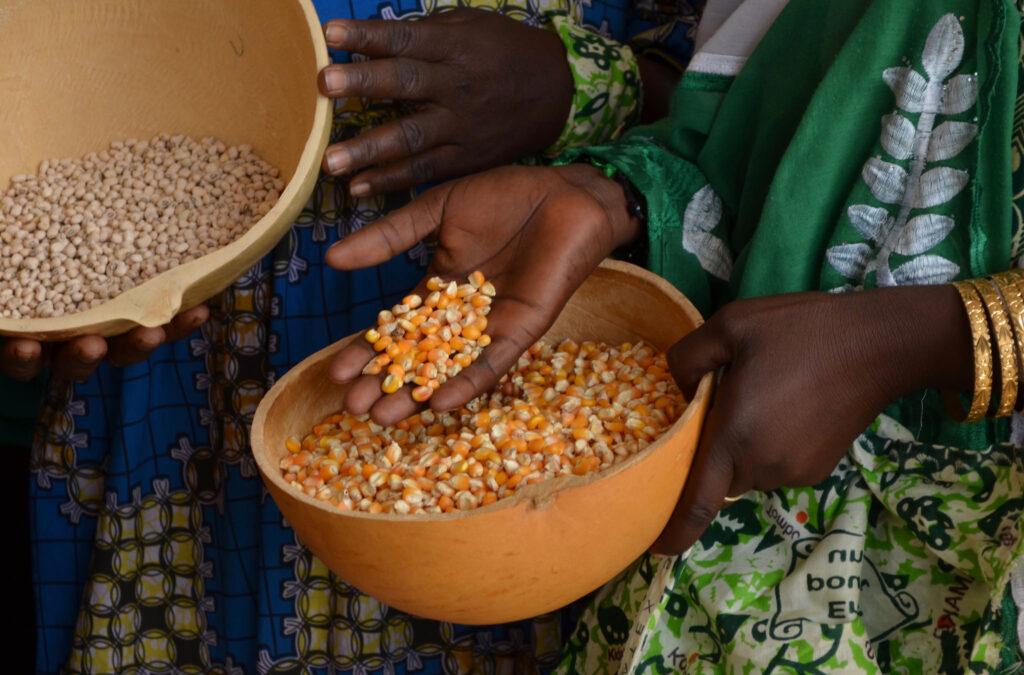
Small-scale Agriculture Can Feed Our Countries
- Agnès Faivre

Movement Poem: “the tools that those frogs spoke about by the fire”
- Efren Uriel Lopez
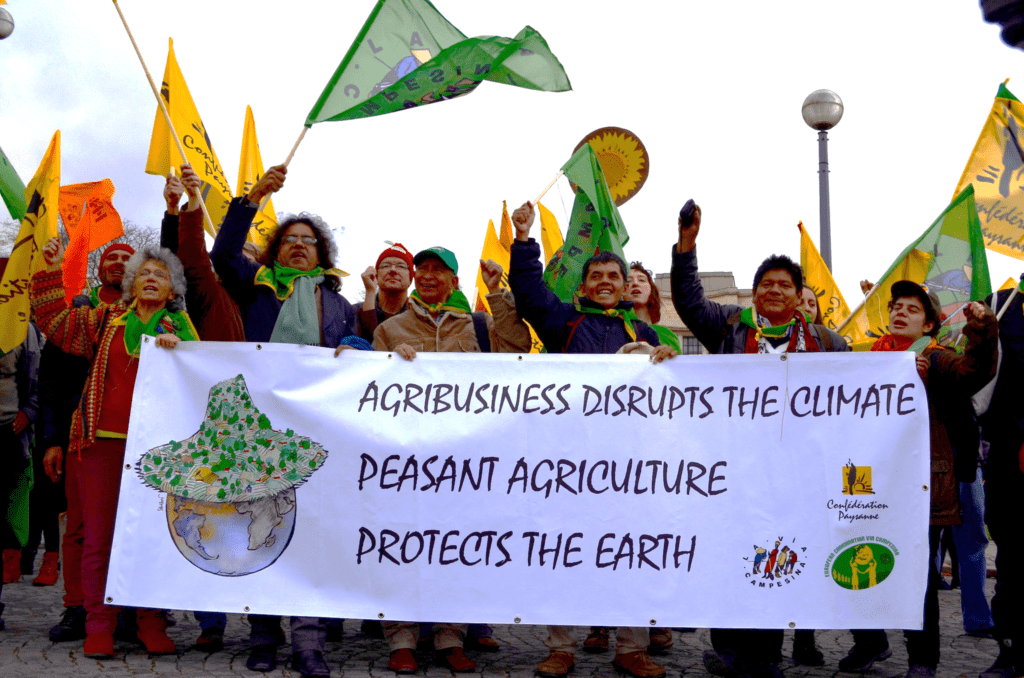
MST Demands COVID-19 Agrarian Reform
- Grassroots International

Dignity over Austerity in Puerto Rico’s Food Sovereignty Movement
- SalenaTramel
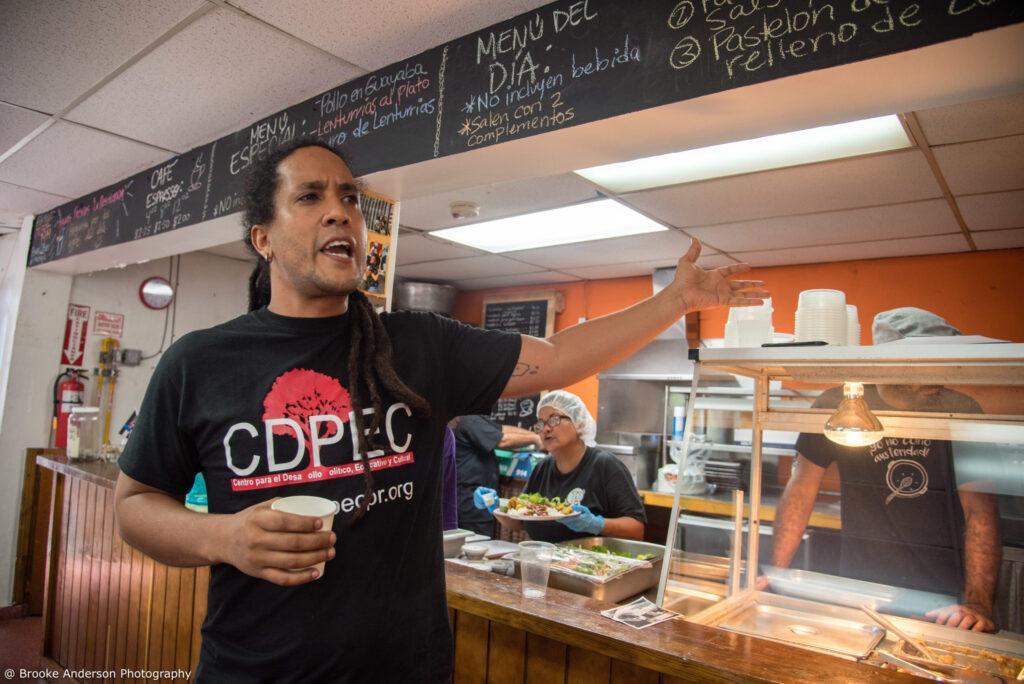
Prevent Agribusiness’s Pandemics with Food Sovereignty
- Chris Morrill
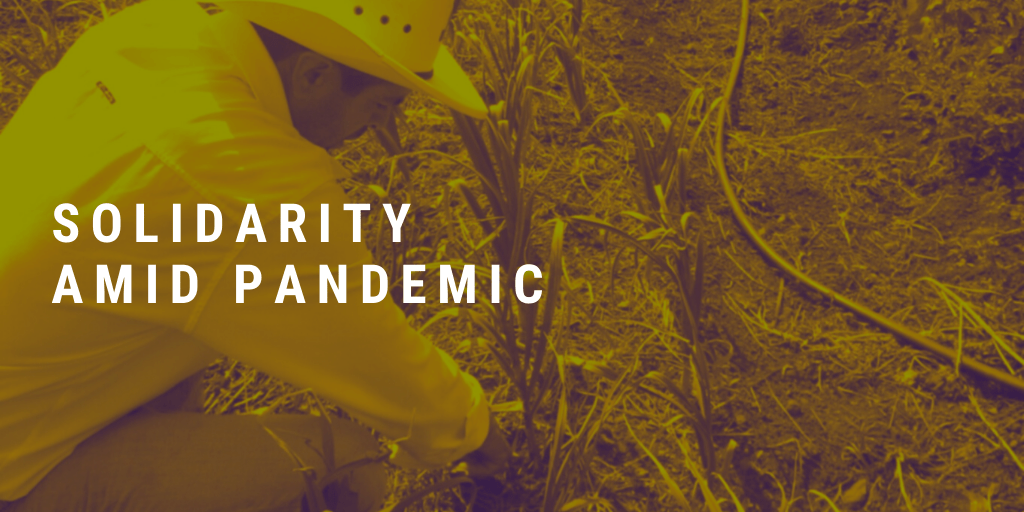
Amid COVID-19, Via Campesina says stay home but not silent
- La Via Campesina

Protesta Y Propuesta: Lessons from Puerto Rico
- Grassroots International and Movement Generation
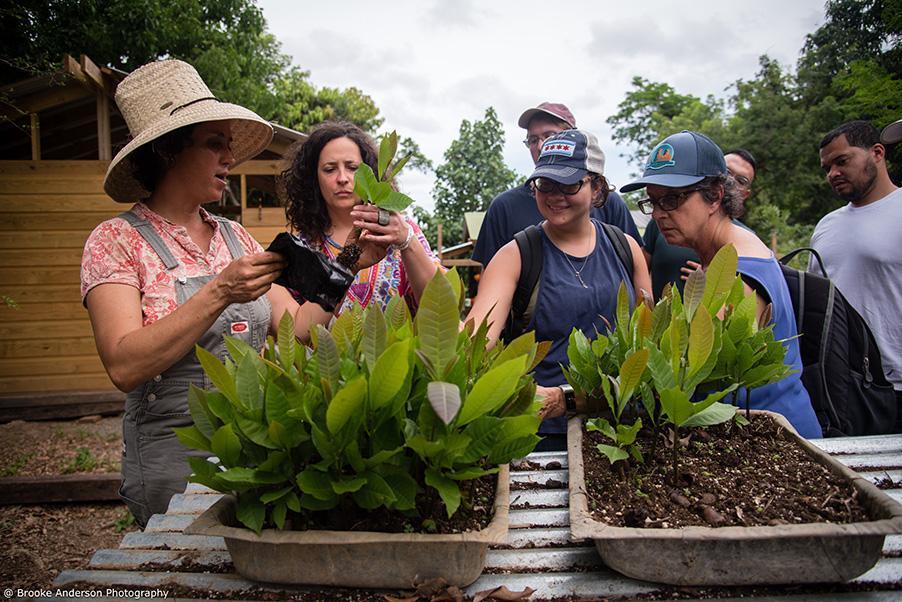
New Report Urges U.S. Philanthropy to Invest in Puerto Rico’s Social Movements
- Grassroots International and Movement Generation
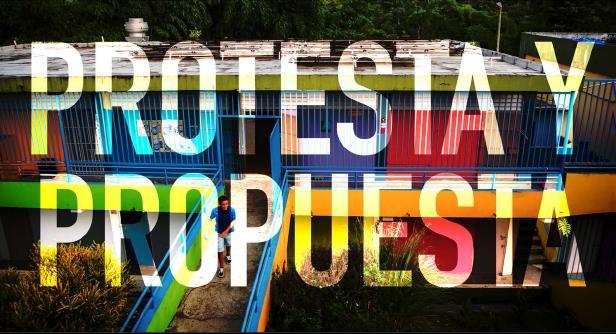
Fighting Bill Gates for the Future of Food
- Million Belay and Timothy A. Wise

What is Organic Farming If Not Sustainable?
- ChrisMorrill
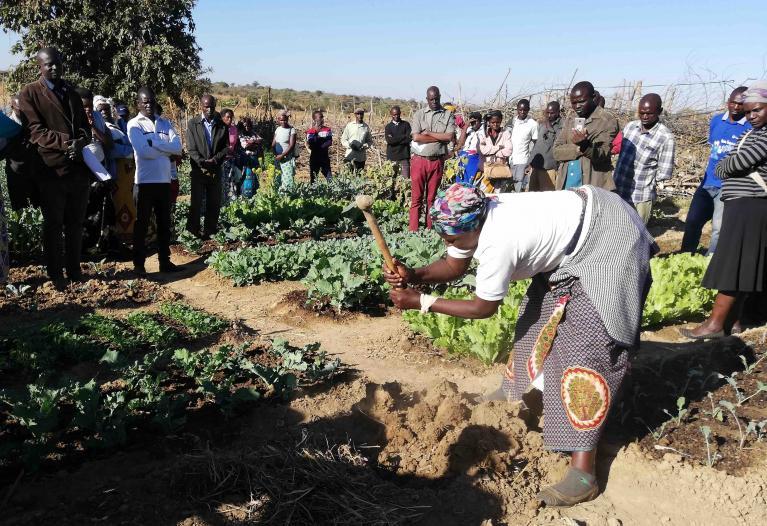
Coming Out! Gender Diversity in the Food System
- Paula Gioia
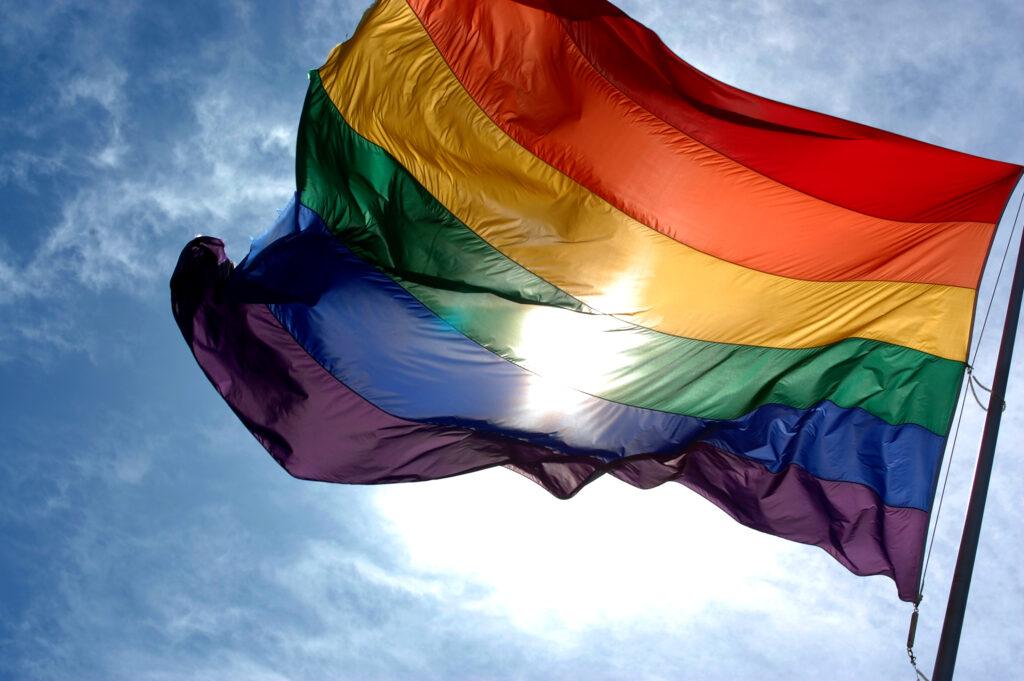
Fossil Fuel Free Farming in Africa
- Chris Morrill
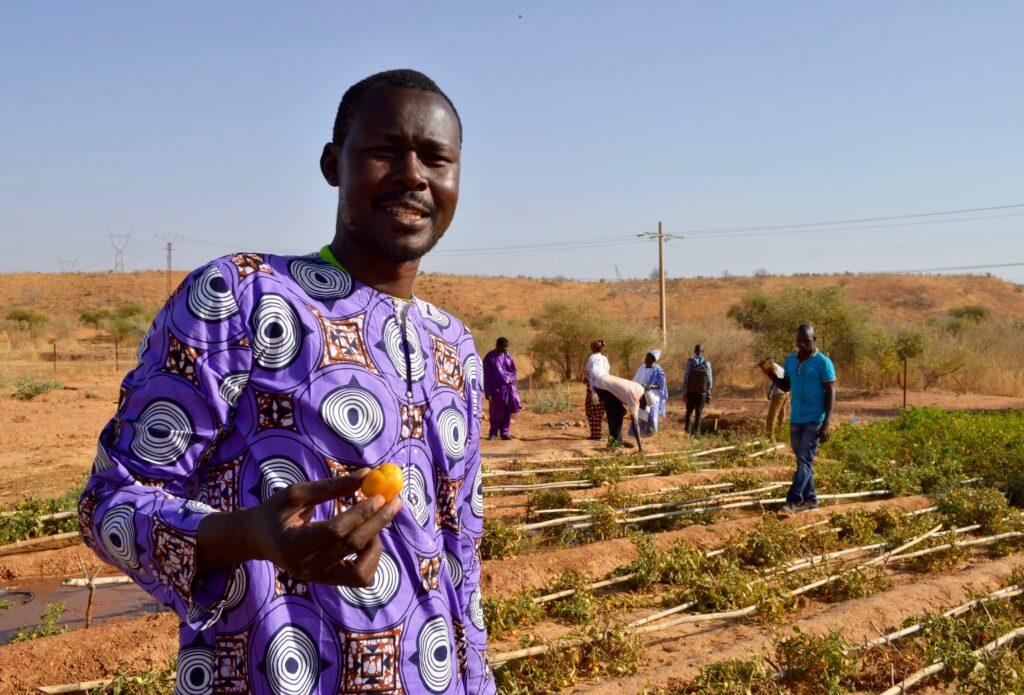
We’re All in the Same Lifeboat Now: Climate Change Comes for Farmers, from Mozambique to Iowa
- Timothy A.Wise
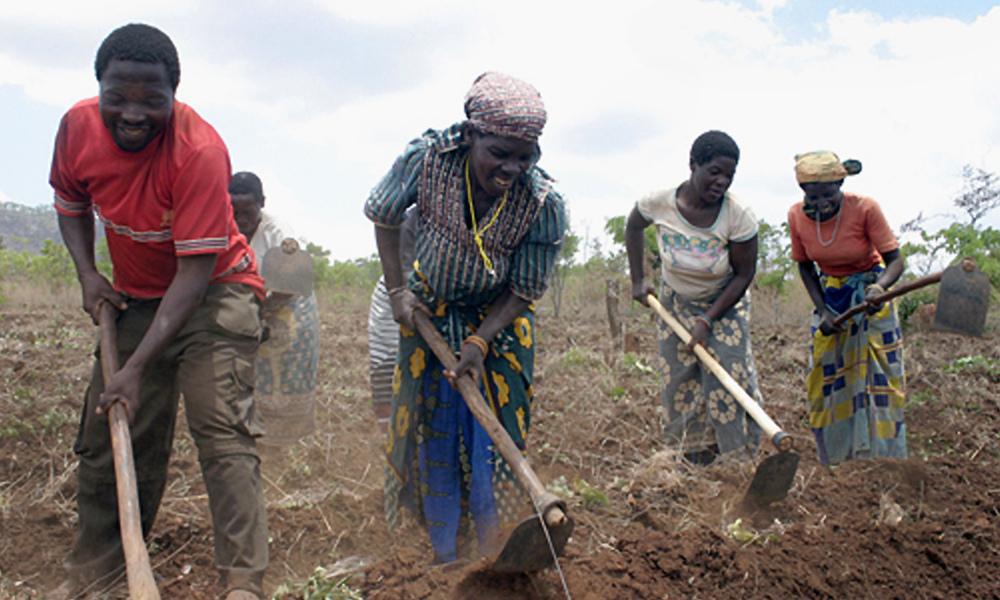
Pesticides, GMOs and Fires vs. Agroecology
- Chris MorrillMorrill
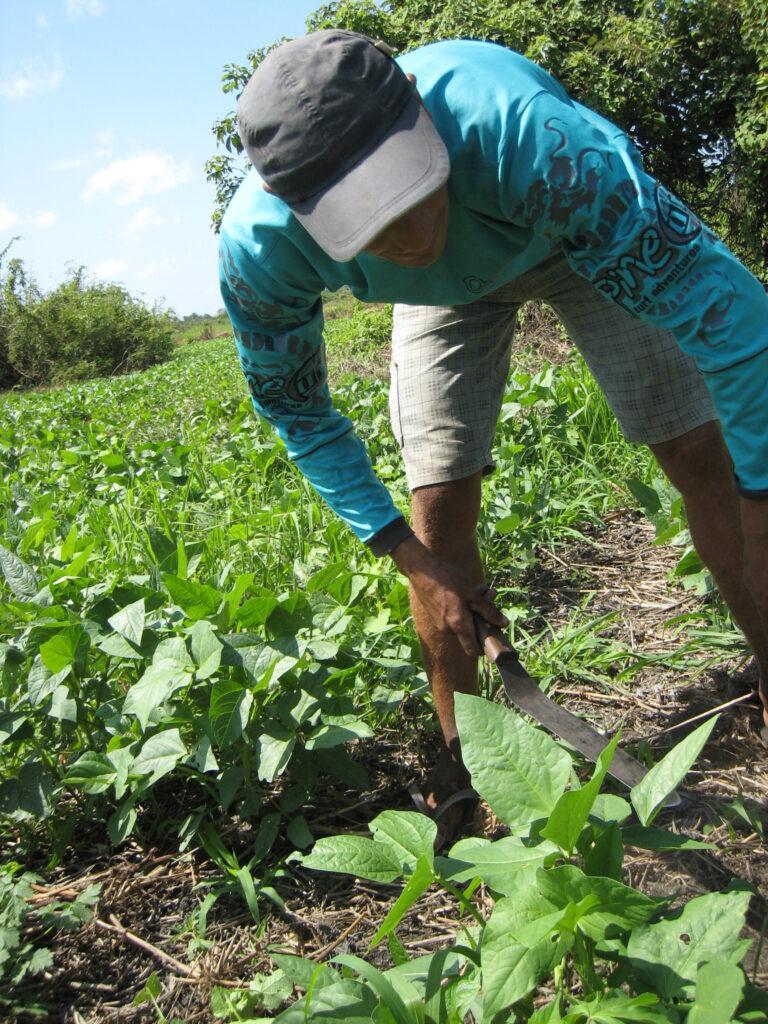
Joy and Hope Amid Struggle in Brazil
- Piper Carter
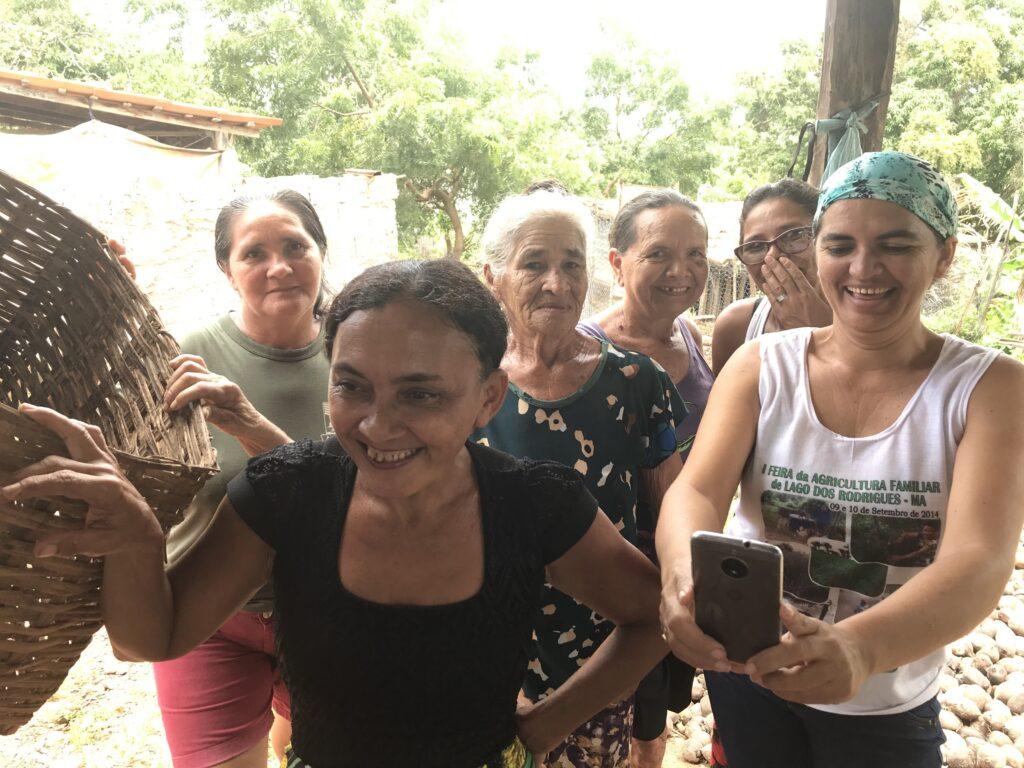
Family Farming Could Feed Haiti and Protect It From Climate Change
- Jean-Rusnel Etienne
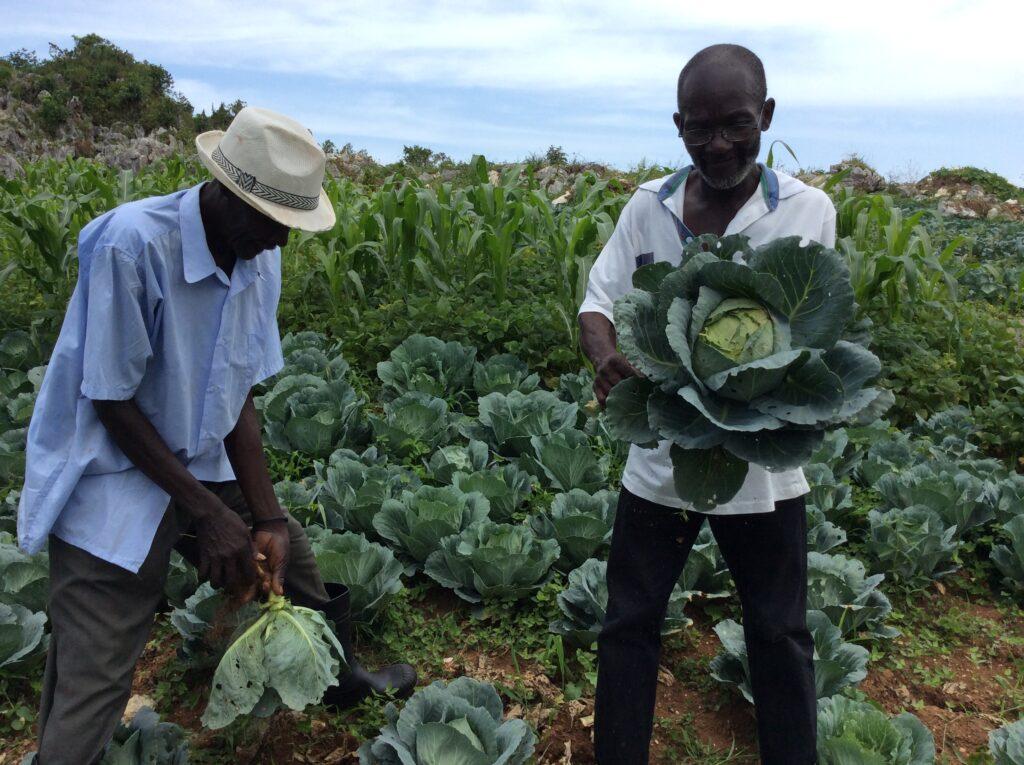
Knowing their Audience: Popular Media and Education for Movement Building in Haiti
- Chris Morrill
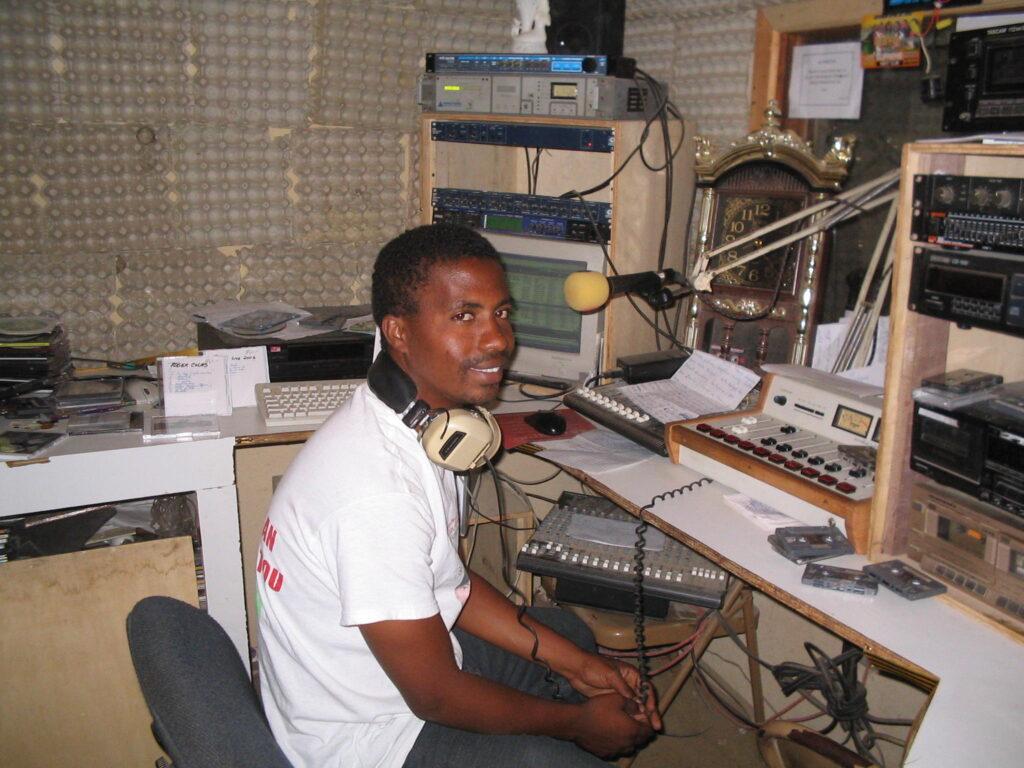
Stopping Colleges’ Land Grabs: Farmers and Faculties Unite
- Chris Morrill
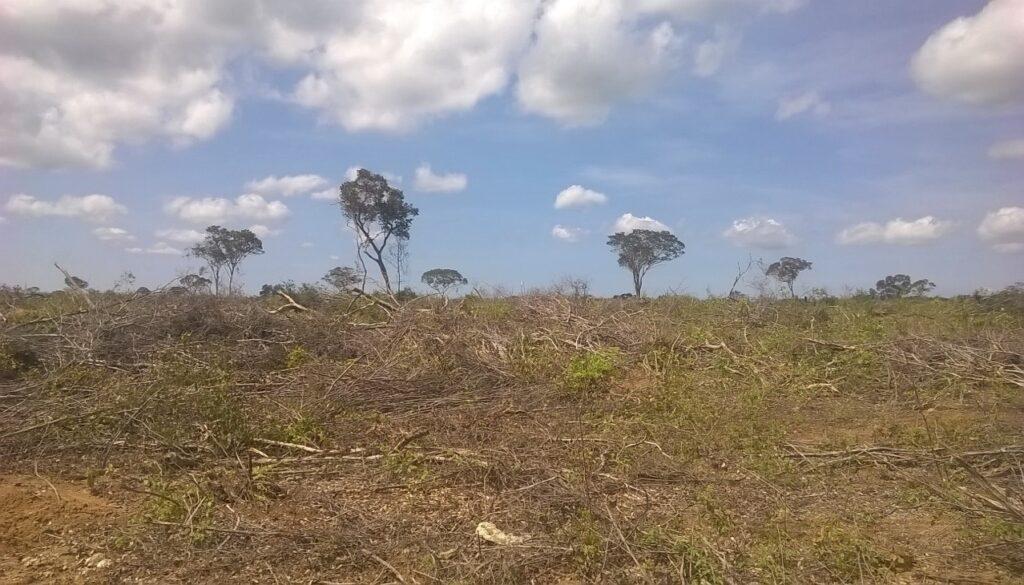
Swift Foundation Open Letter: Support for Land Rights Means Support for Grassroots Leadership
- Swift Foundation
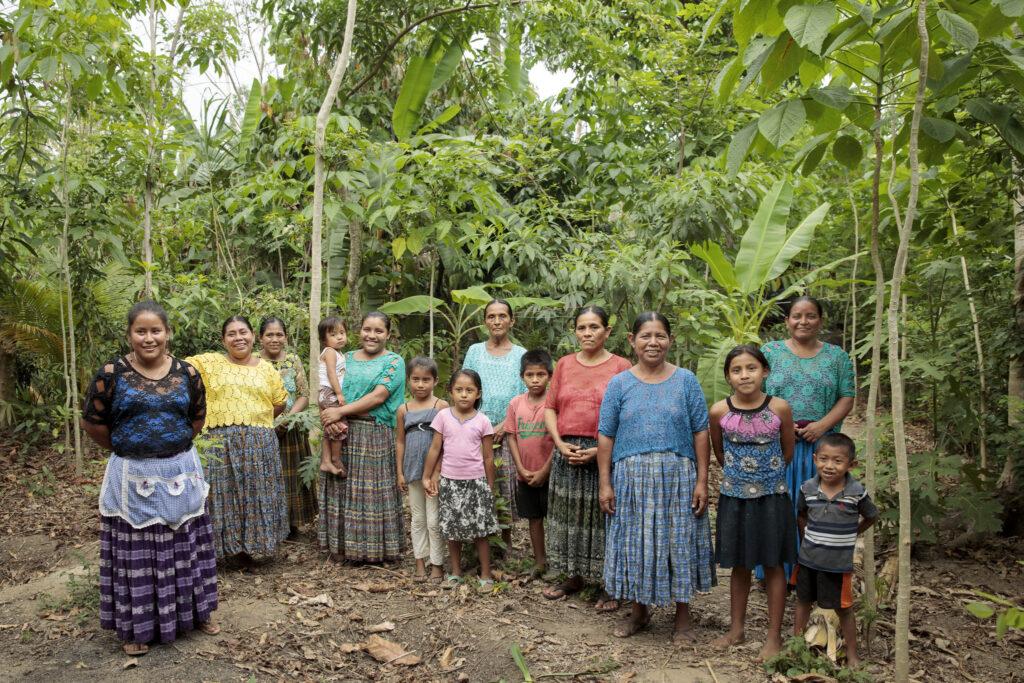
Embracing Grassroots Feminism
- SalenaTramel
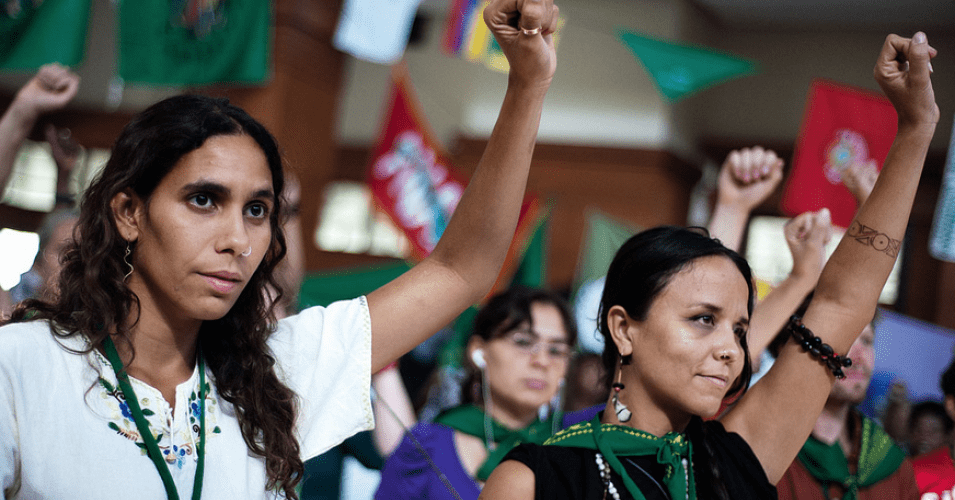
Babaçu Nut Harvesters Organize for Land and Livelihoods in Brazil
- Chung-Wha Hong and Lydia Simas
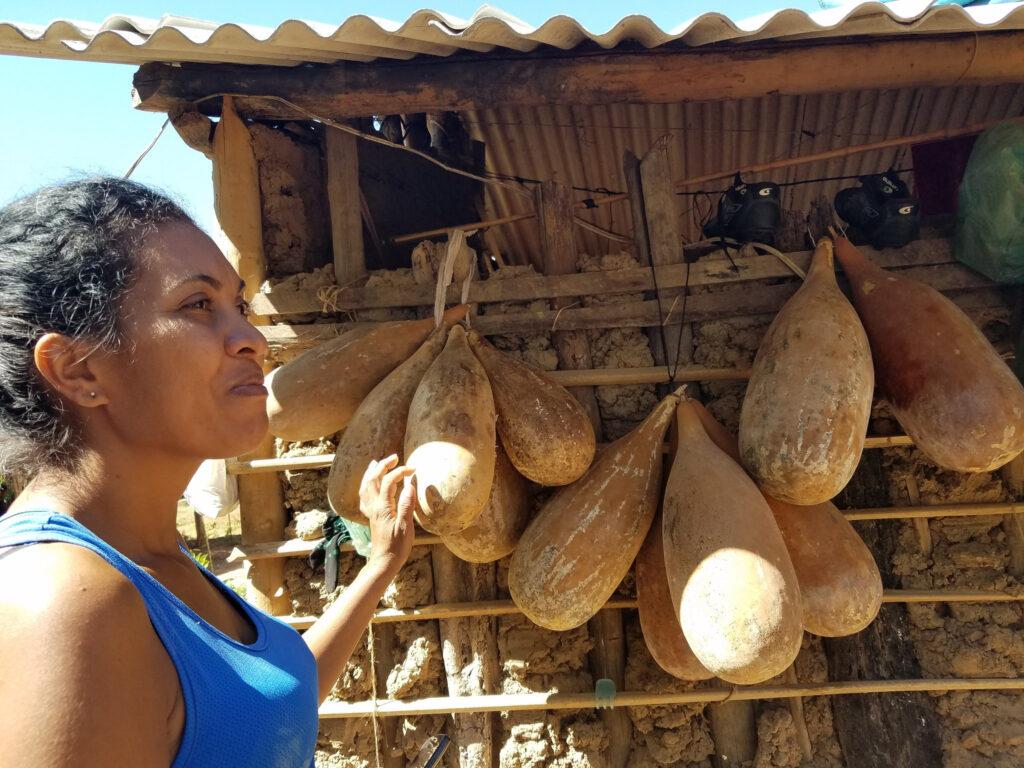
2018 in Review: Growth of Resistance, Impact
- JonathanLeaning
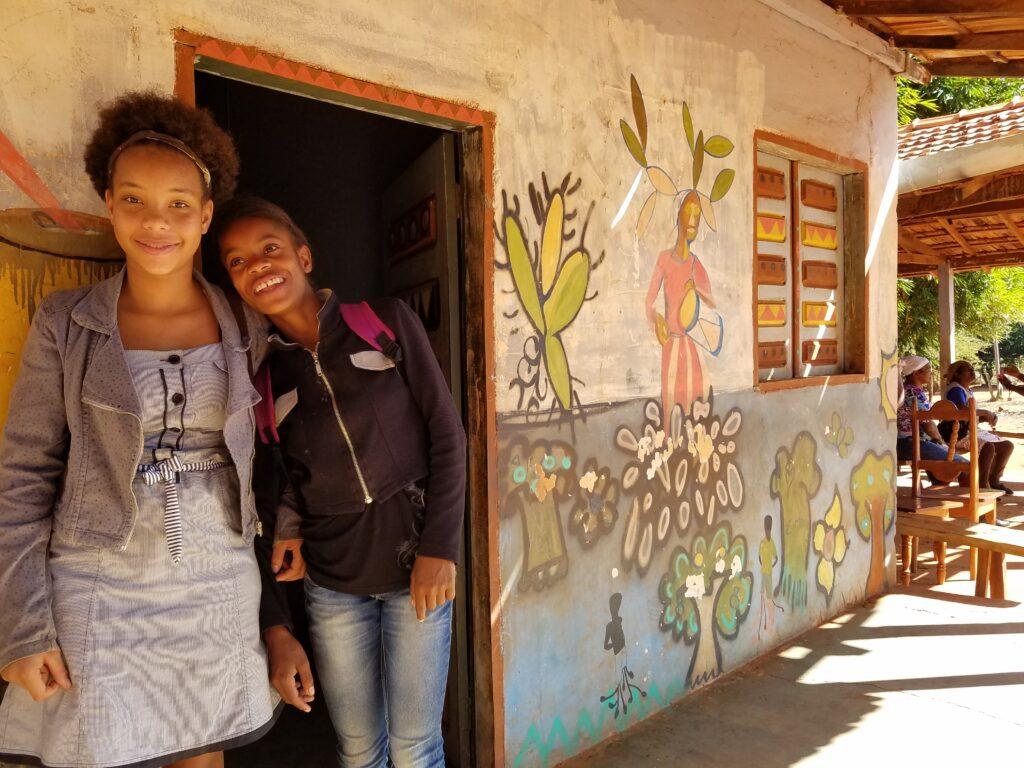
Peasants’ Rights are Human Rights
- Emma George
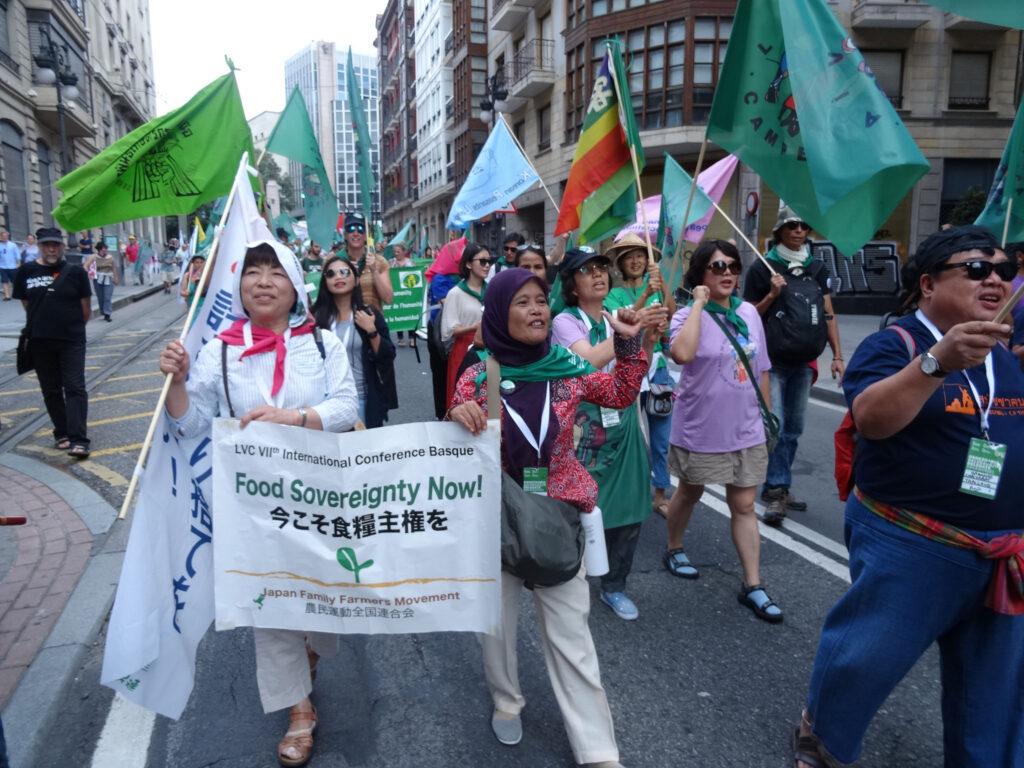
Tell TIAA to Get Out of the Land Grabbing Business
- Family Farm Defenders
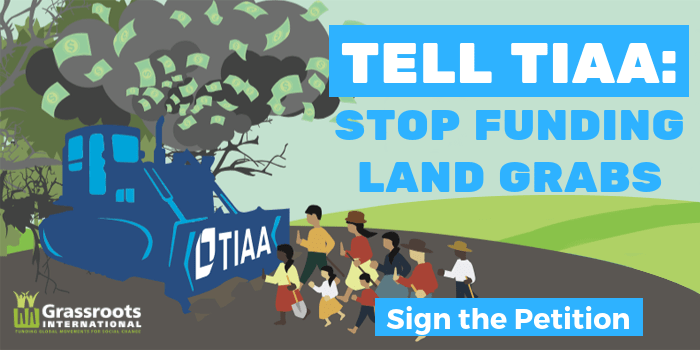
Agroecology as a Tool of Sovereignty and Resilience in Puerto Rico After Hurricane Maria
- HeatherGies

Grassroots Movements Celebrate Building Solutions to Food and Climate Crises
- US FOOD SOVEREIGNTY ALLIANCE
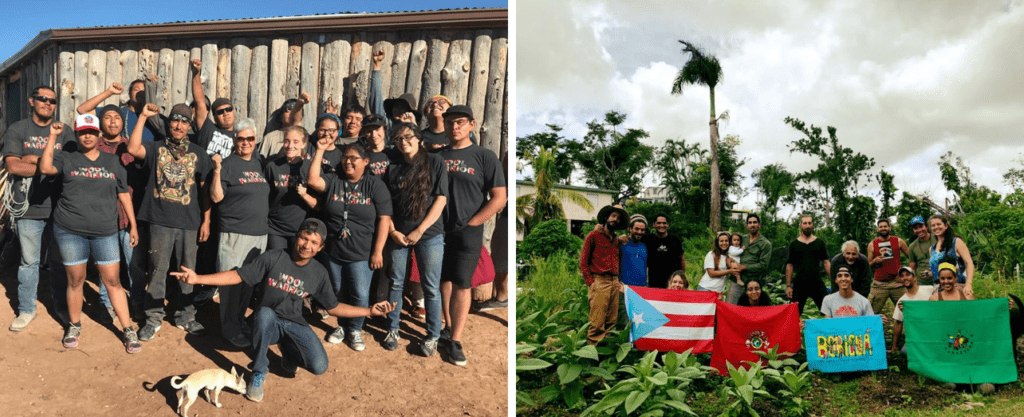
Announcing the 2018 Food Sovereignty Prize Honorees
- US Food Sovereignty Alliance

New Publication Details the History of the US Food Sovereignty Alliance
- US Food Sovereignty Alliance
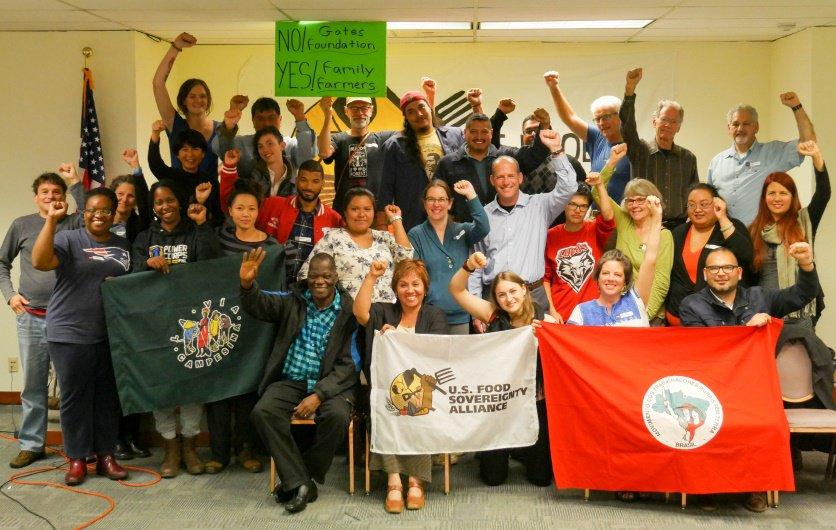
‘This Is Life or Death for Us’: Mexico’s Farm Movement Rejects New NAFTA Agreement
- TimothyWise
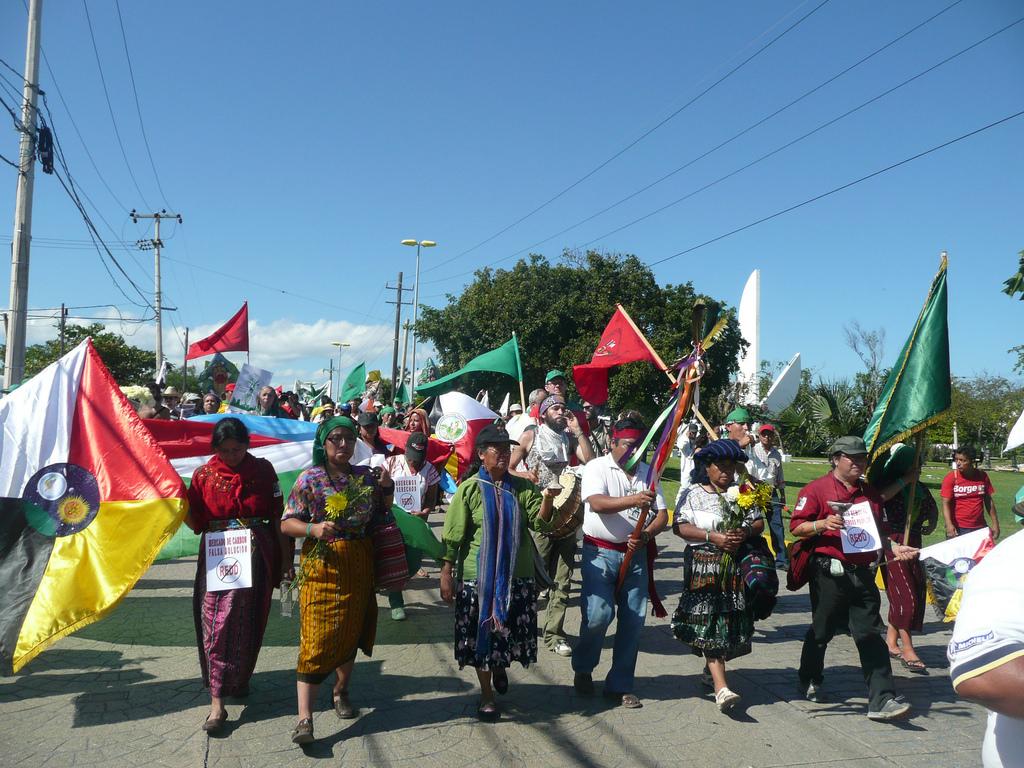
Farmers Need Fair Prices, Not NAFTA-Lite and Meager Tariff Aid
- National Family Farm Coalition
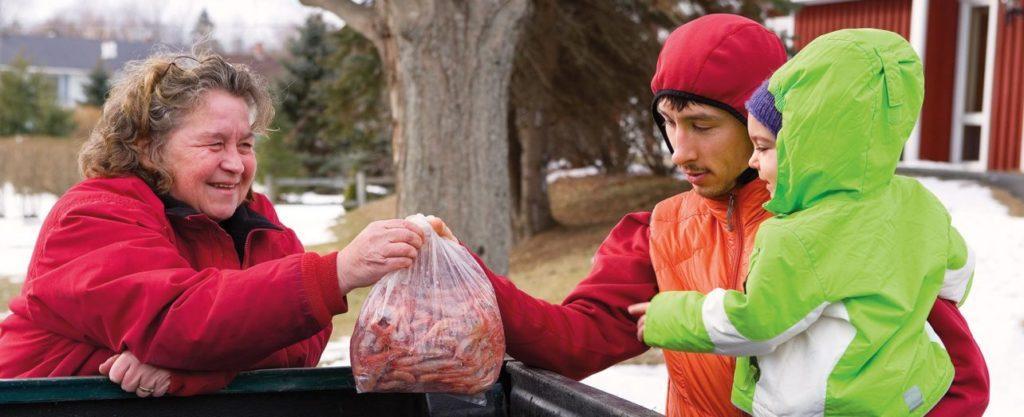
Mariama Sonko: Our Health Depends on our Food
- Alliance for Food Sovereignty in Africa

Building International Solidarity
- Leonie Rauls
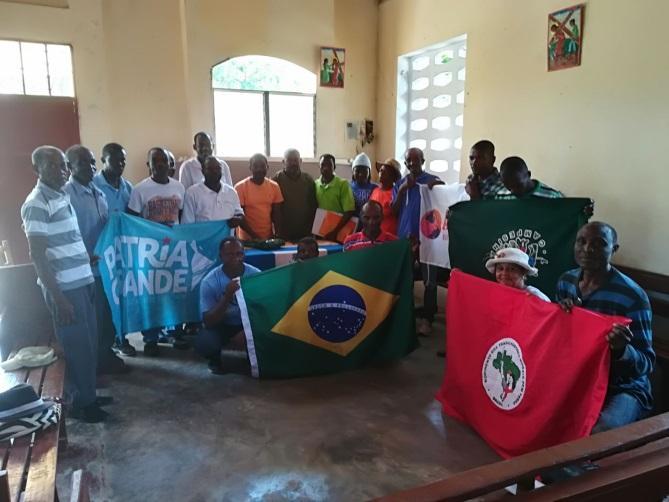
A Hunger Strike for Judicial Justice
- Leonie Rauls

Sharpening Communication: Harnessing the Media to Build Solidarity
- Leonie Rauls
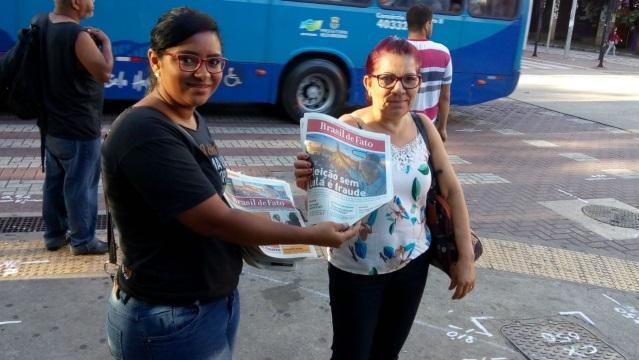
Black August: Seeing Hope and Sticking to It
- ChrisMorrill
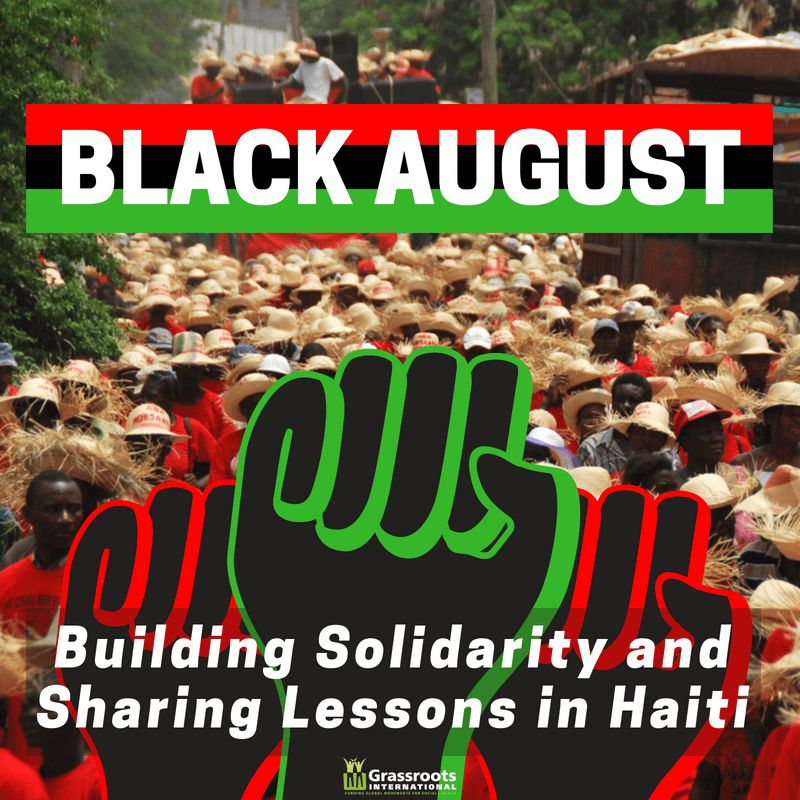
Elizabeth Mpofu: Agriculture and Advocacy Take Time
- Alliance for Food Sovereignty in Africa
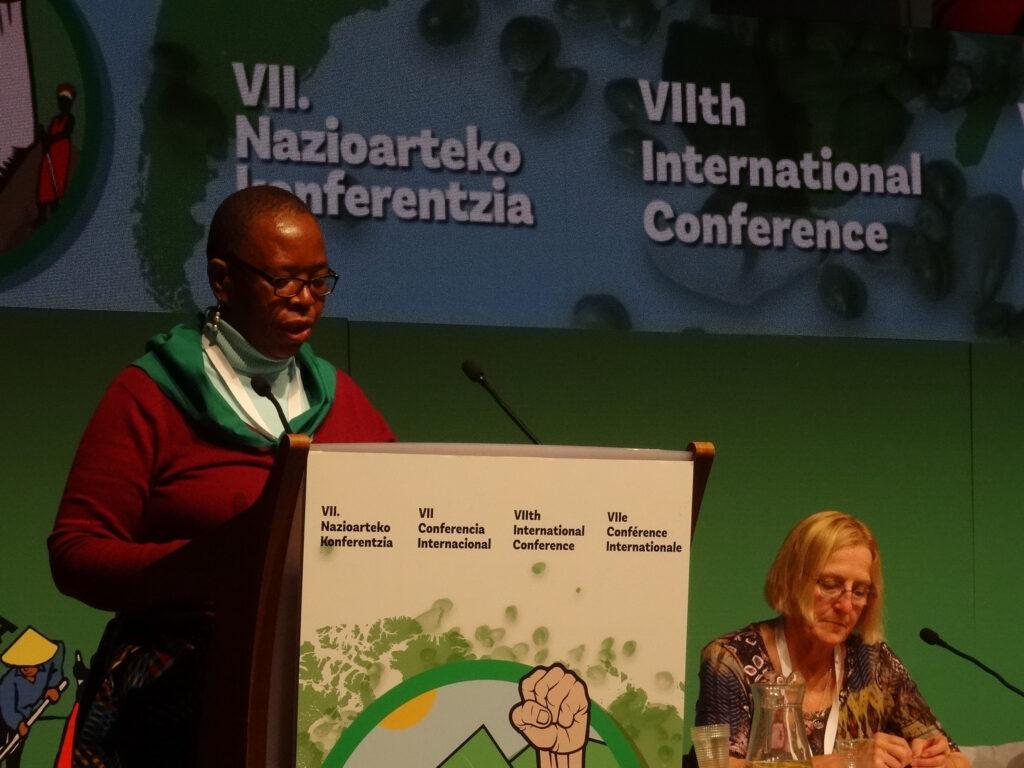
Interview with Ramata Ouedraogo, Farmer with We Are the Solution
- JonathanLeaning
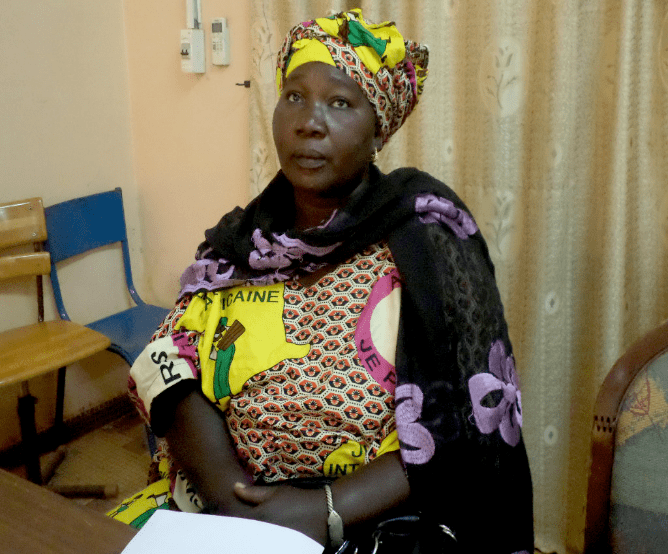
VIDEO: A Conversation with Flavio Barbosa, MST
- ChrisMorrill
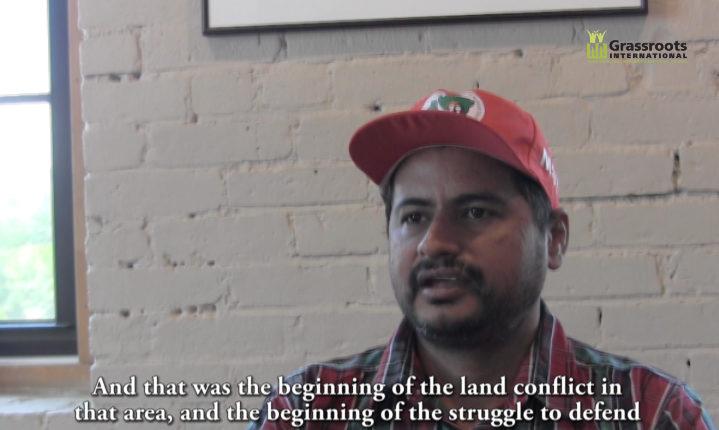
Statement from Mexican Social Movement on Secretary of Agriculture Nominee
- The Network in Defense of the Native Corn of Oaxaca
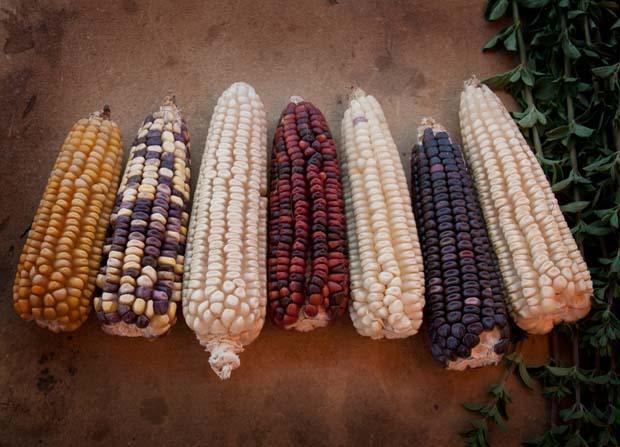
Dessalines Brigade: An Activity with Women from MOREPLA & an Agroecology Training with Tet Kole
- ALBA Movimentos

US Food Sovereignty Alliance Organizing Its IV National Assembly
- ShannonDuncan Bodwell
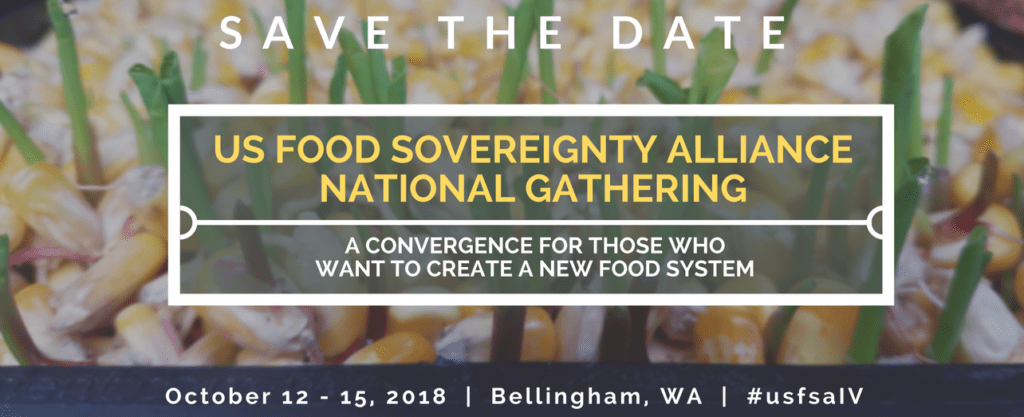
Rooting the Movement: The Importance of Political Education/Formation
- LydiaSimas
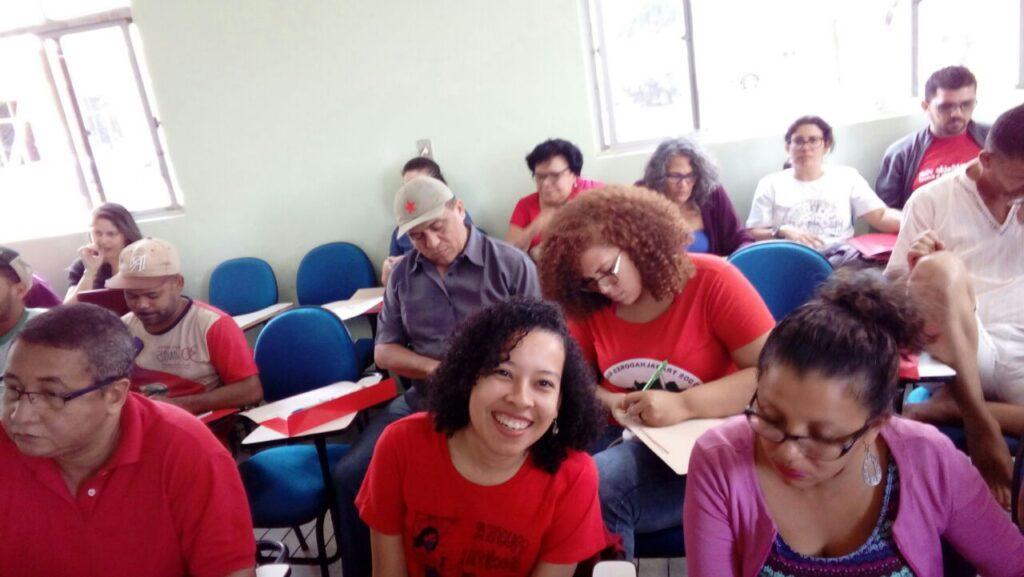
Family Farmers Applaud Defeat of Regressive House Farm Bill
- National Family Farm Coalition

Hands Off African Seeds! – No Intellectual Property on Life
- Alliance for Food Sovereignty in Africa
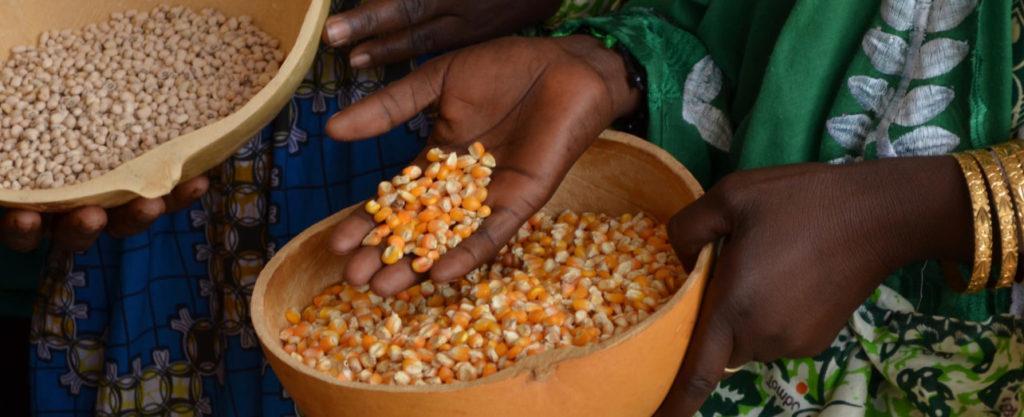
April 17th: We Demand that the Peasants Rights are Guaranteed
- La Via Campesina
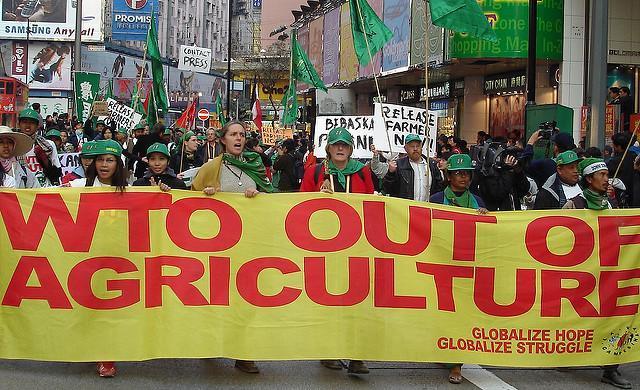
France Declares New Alliance for Food Security and Nutrition Failed in Burkina Faso
- Nicholas Johnson
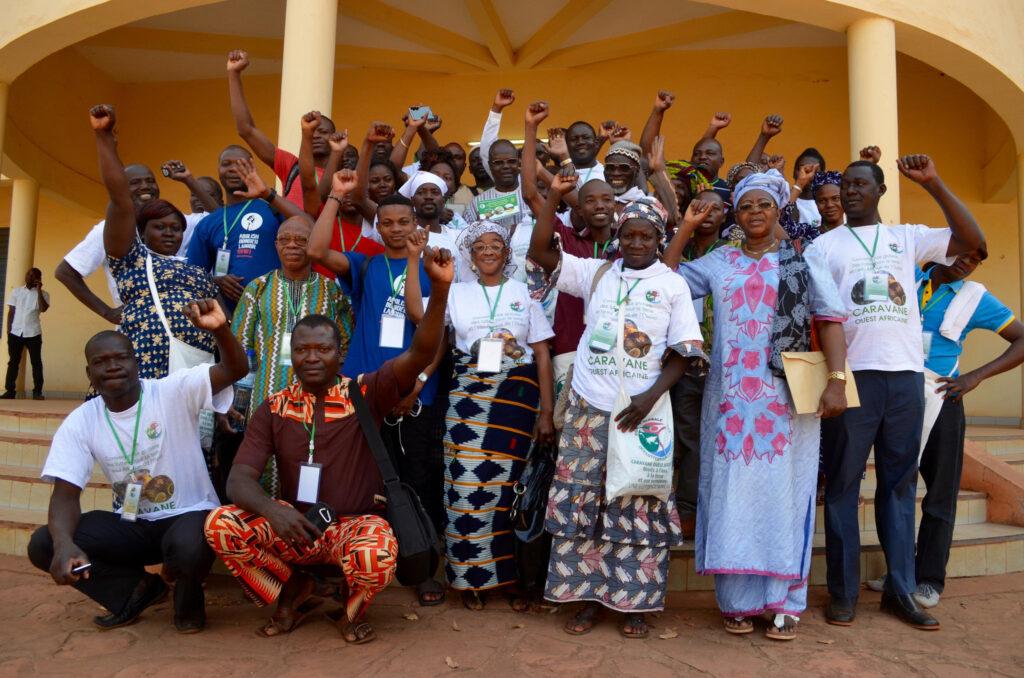
Traversing the Dry Corridor: An Account of the Peasant Women Cooperatives in Honduras
- Monica Pelliccia

Brazil at the Crossroads: Organizing for Land and Water Rights in Dangerous Times
- LydiaSimas
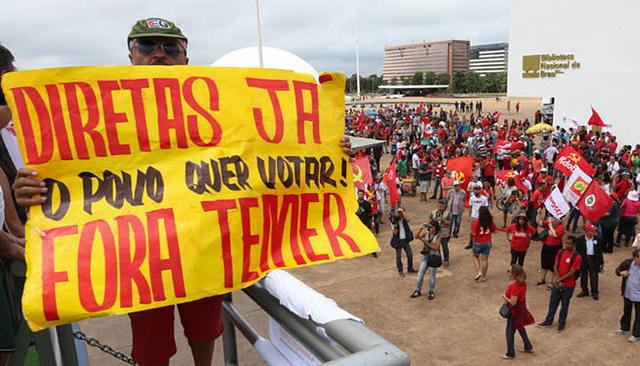
“We Are the Solution” Cultivates Seeds for a New Generation
- ChrisMorrill
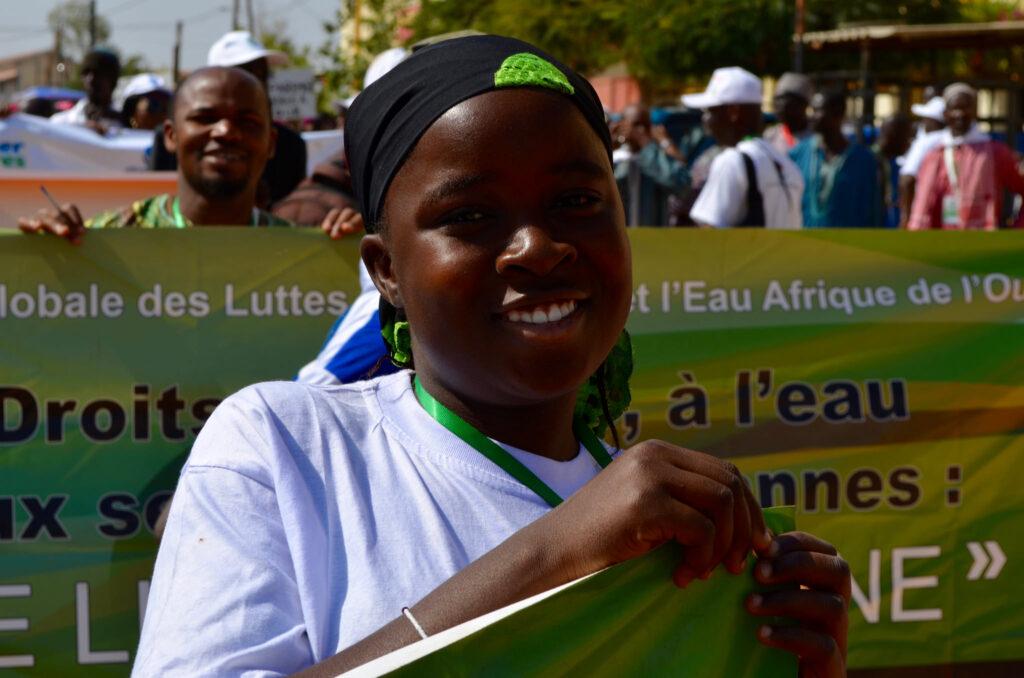
Fishery Defenders Celebrate NOAA’s Charges Against “Codfather”
- ChrisMorrill

Murder and Assault Committed Against Evicted Families in Guatemala
- Peasant Unity Committee
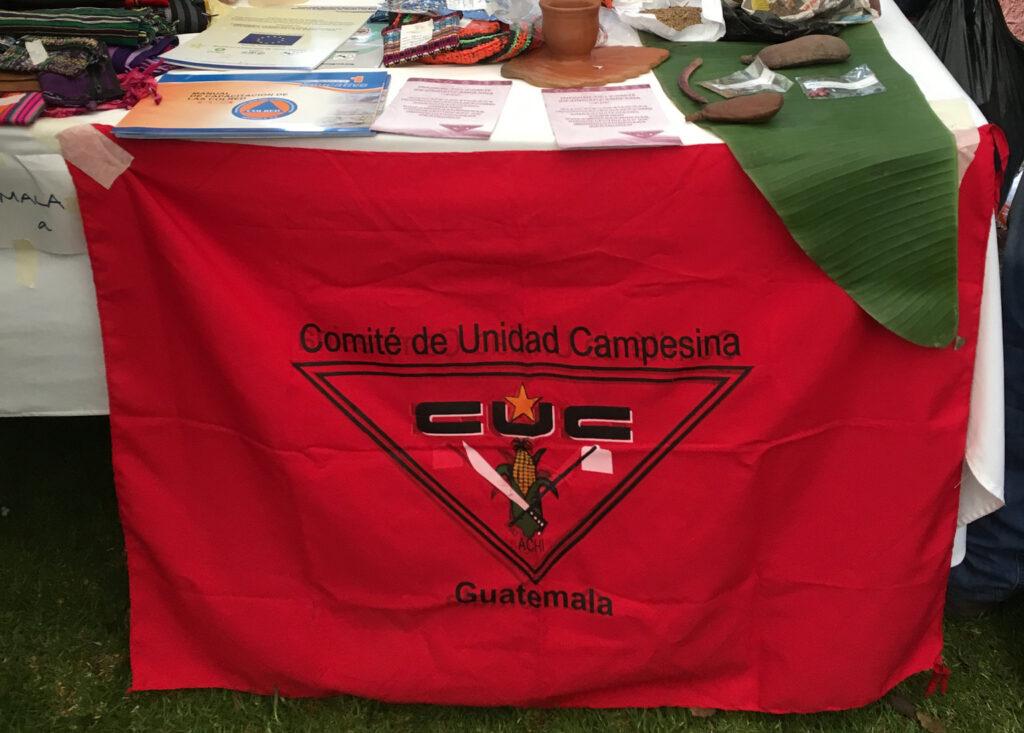
Security Forces Persecute Peasant Union Leaders in Honduras
- Platform of the Social and Popular Movement of Honduras
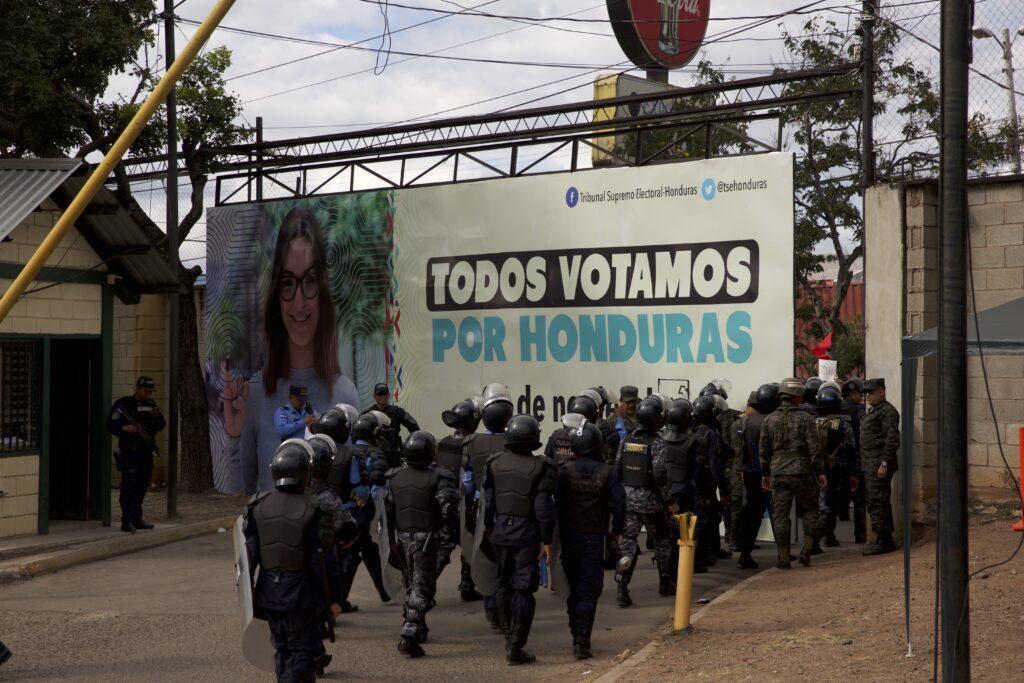
Photo Blog: Agroecology Practices and Product Fair
- OpalMita
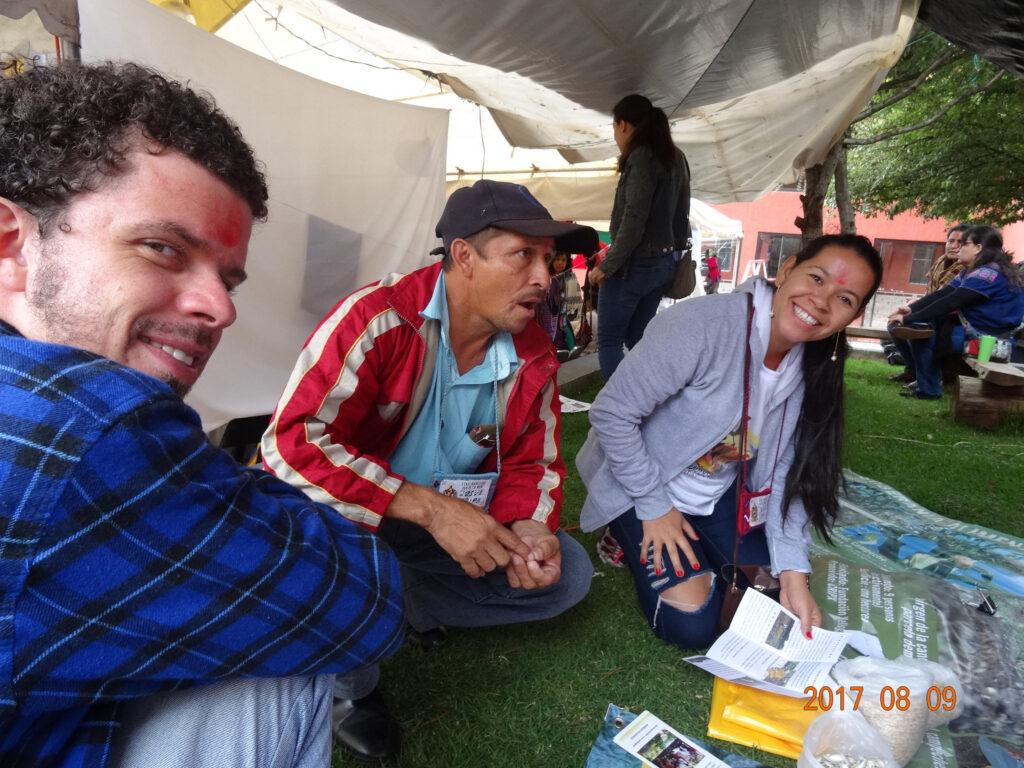
Movement Building at the Heart of Haitian Peasants’ Response to Climate Change
- Mina Remy and Salena Tramel
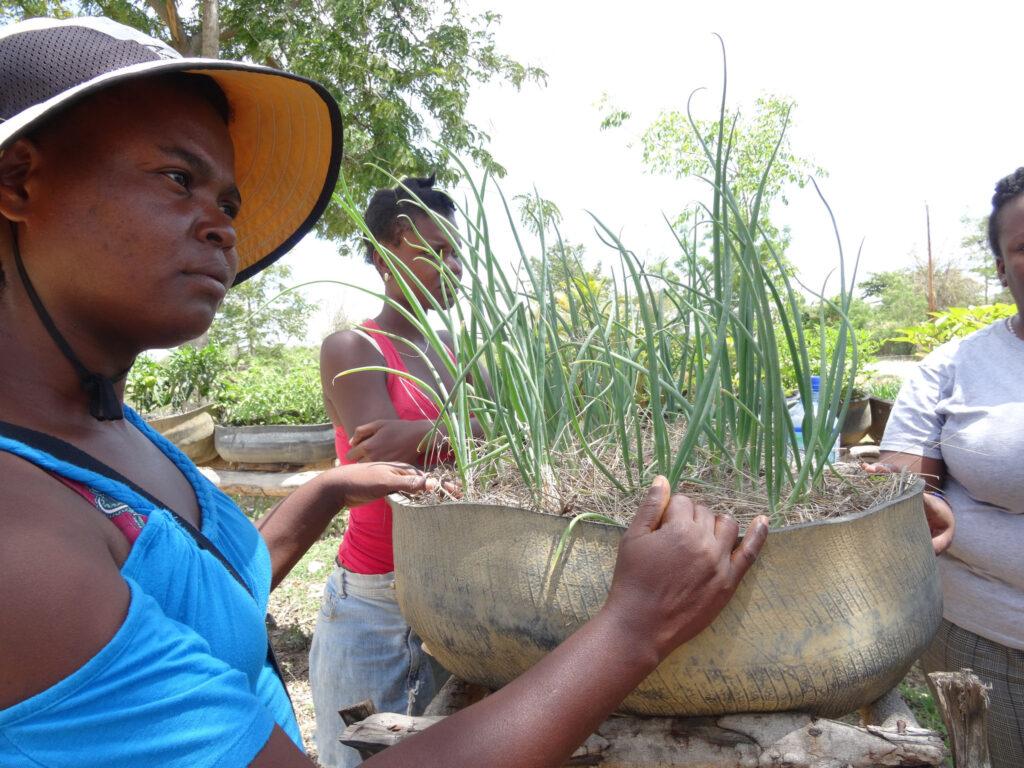
In Banner Year, Grassroots International Almost Triples Its Impact
- JonathanLeaning

Between Hope and a New Horizon
- Nilmar Lage
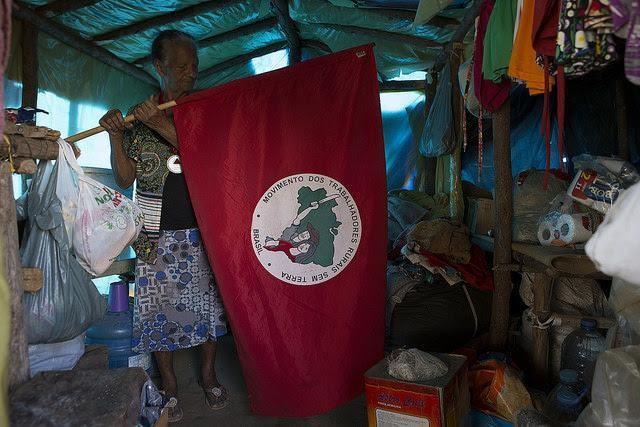
TIAA Tied to Deforestation and Displacement of Farmers, Environmentalists Claim in New Report
- Rede Social de Justiça e Direitos Humanos

U.S. Pension Fund TIAA Implicated in Brazilian Land Grabs
- Allison Kaika

Celebrating Women’s Leadership and Resilience
- Mina Remy

Schell Report Details Harmful Effects of Haiti’s Agricultural Mega-Development Plans
- Yale Law School Today

Puerto Rico Still in Crisis, Human Rights Violation
- CarolSchachet
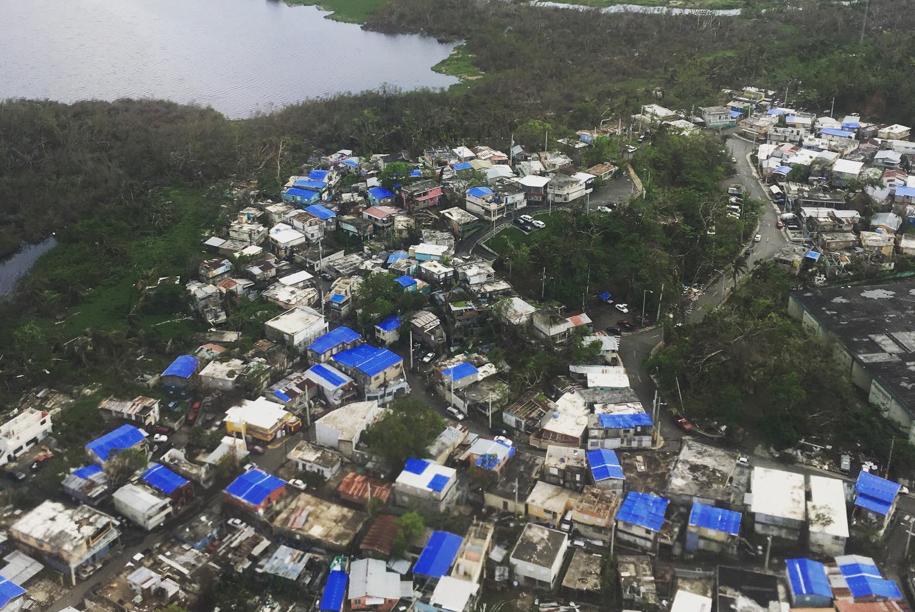
On ‘Food Sovereignty Day’ La Via Campesina Launches Publication on Food System
- La Via Campesina
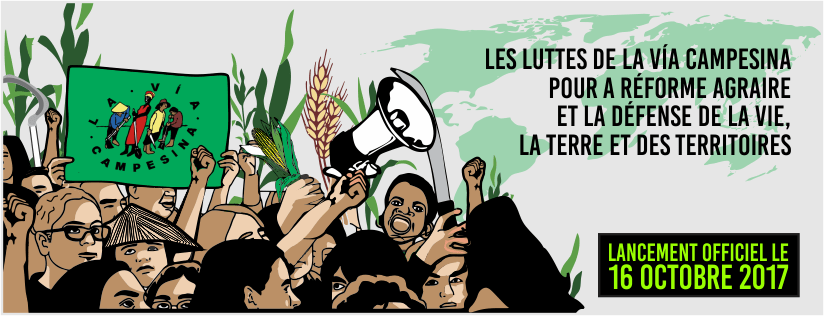
Cotton Farmers Stand Up, Monsanto Backs Down
- Allison Kaika

2017 Food Sovereignty Prize Winners Announced
- ChrisMorrill
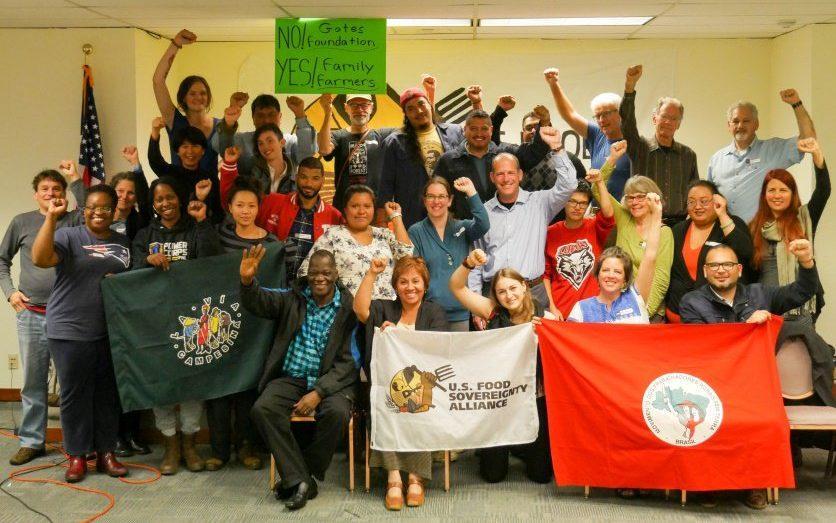
Farm, Food and Rural Advocates Ask House Agricultural Committee for a Fair Farm Bill
- Allison Kaika

Did Monsanto Write Malawi’s Seed Policy?
- TimothyWise

Voices from the Via: Attendees from International Conference Share Thoughts
- La Via Campesina
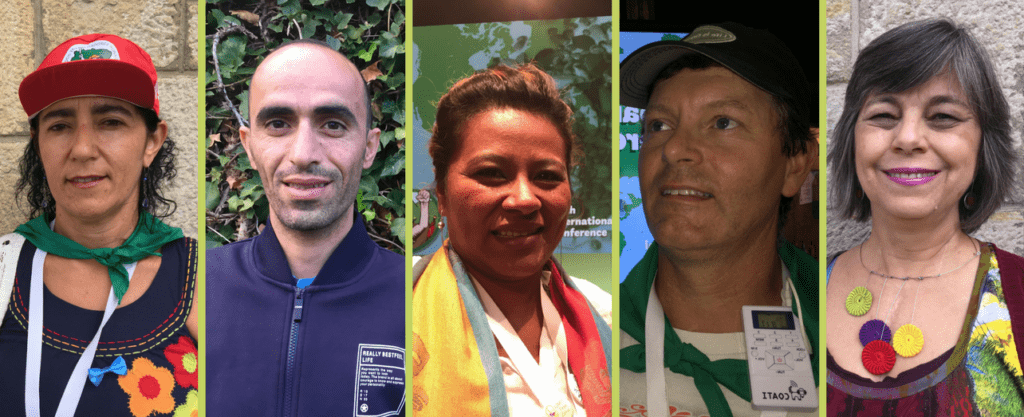
VIIth International Conference, La Via Campesina: Euskal Herria Declaration
- La Via Campesina
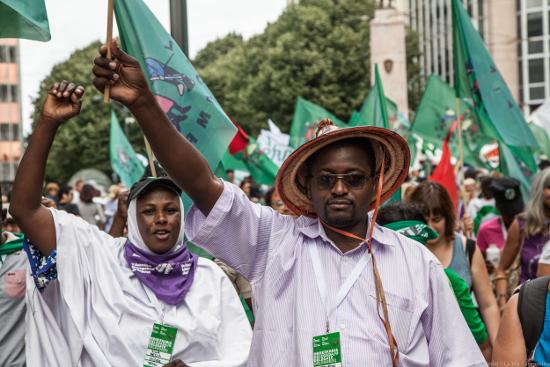
Marina dos Santos Brings Message from the MST to Via Campesina Conference
- Leonardo Fernandes
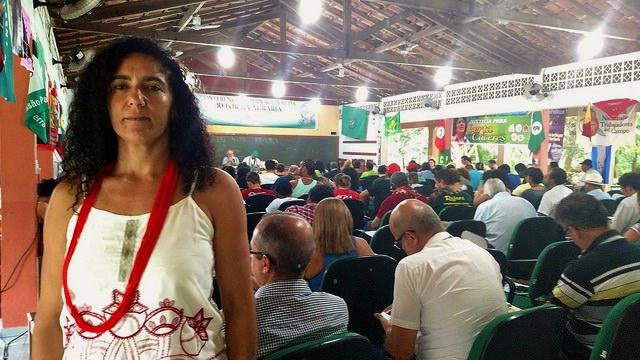
Peasants From Over 70 Countries Meet to Build Food Sovereignty
- SaraMersha
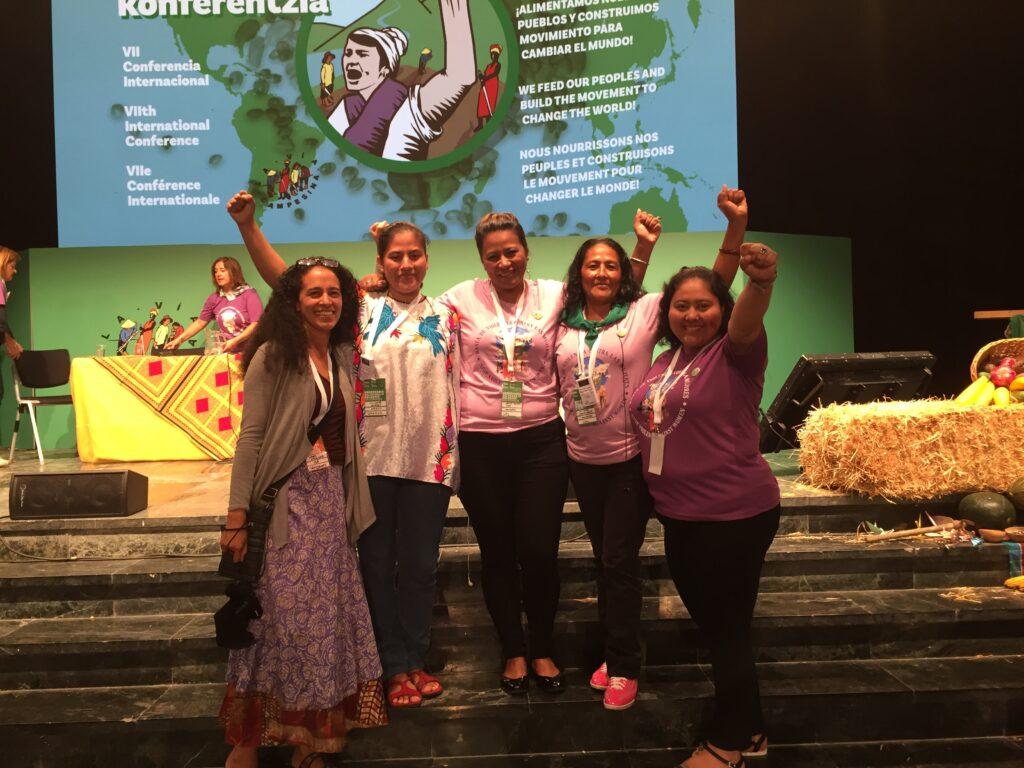
The Future of Farmland (Part 2): Grabbing the Land Back
- Neil Thapar
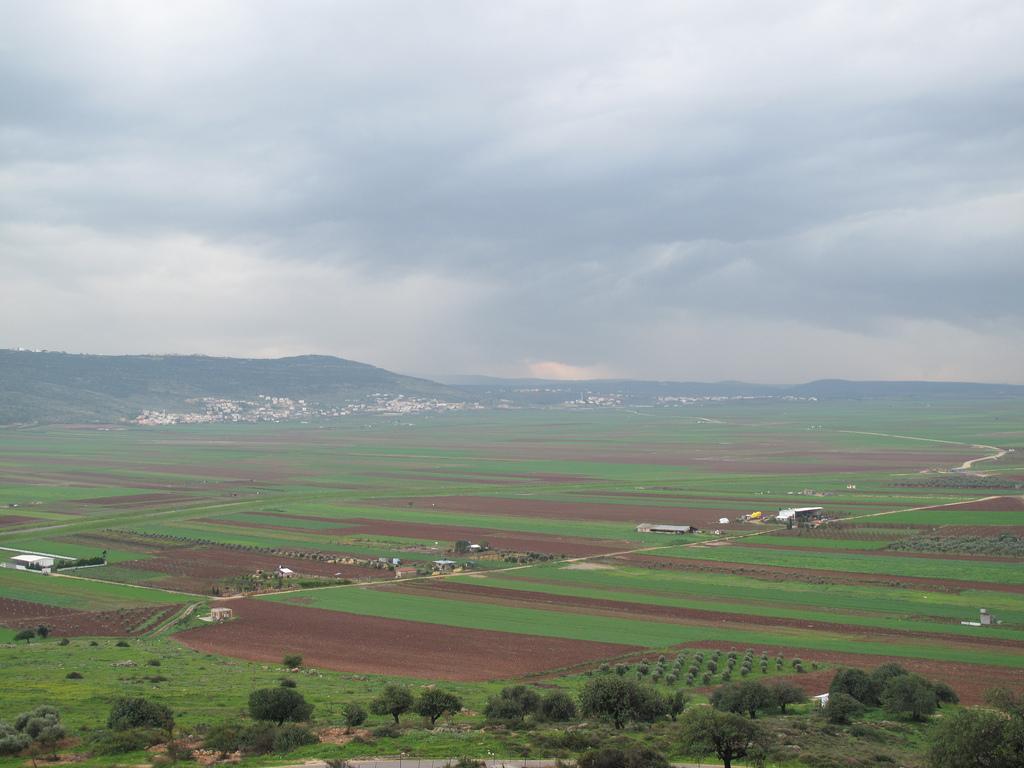
Movement Building at the Heart of Haitian Peasants’ Response to Climate Change
- Mina Remy and Salena Tramel

The Future of Farmland (Part 1): The New Land Grab
- Neil Thapar
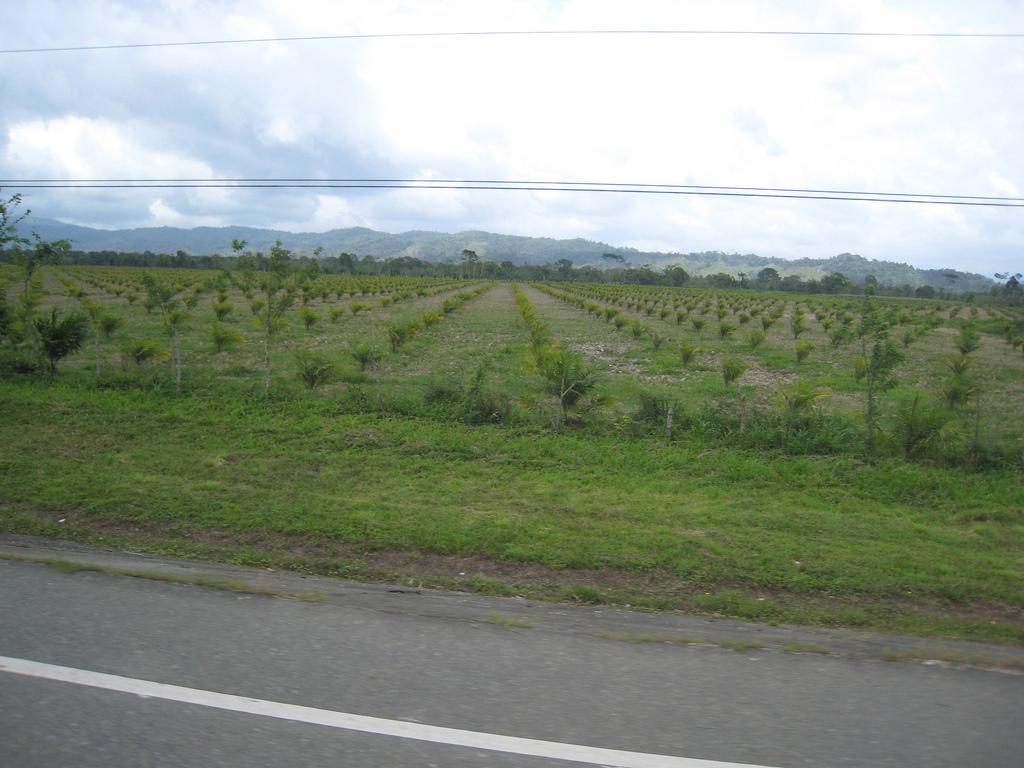
Women Farmers in West Africa Challenge Agribusiness, Promote Community Control
- Michael Martin

Landless Workers’ Movement Gathers 170,000 People for Agrarian Reform Fair in São Paulo
- ChristyPardew

Stepping Up Support for Climate Justice
- Grassroots International
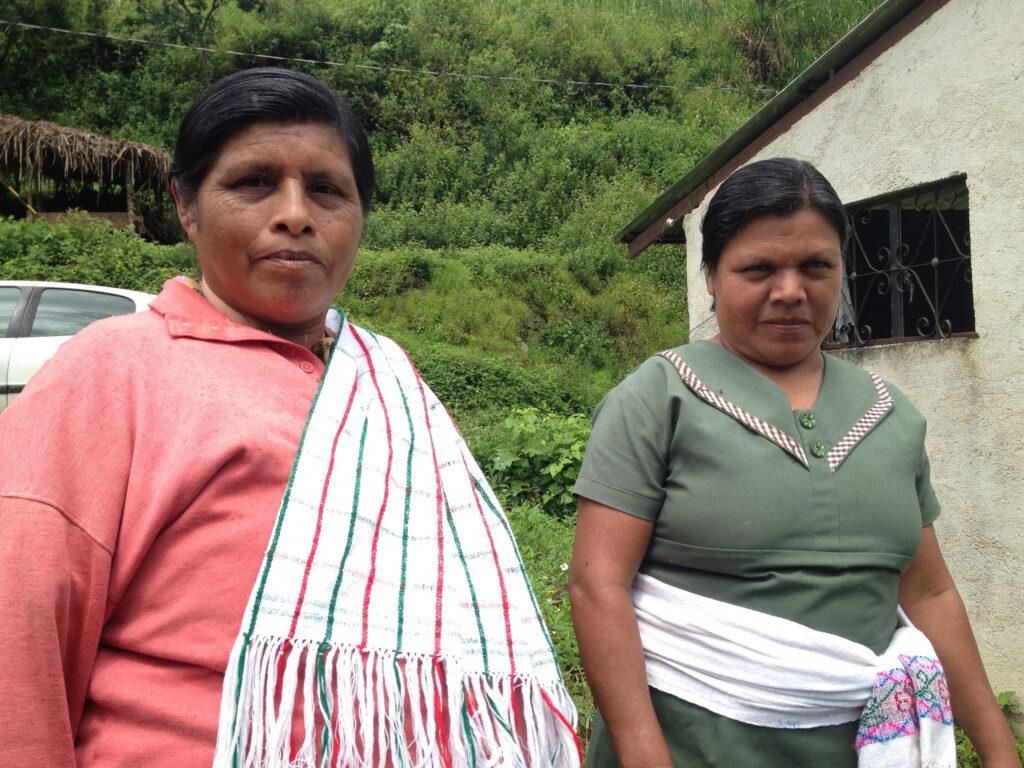
Agroecology and Why We Should Care About It
- Jena Doyle

The Meeting of Afro-Brazilian Culture and African Activists in Bahia
- LydiaSimas

From Crisis Response to Building Resiliency in Haiti
- MinaRemy
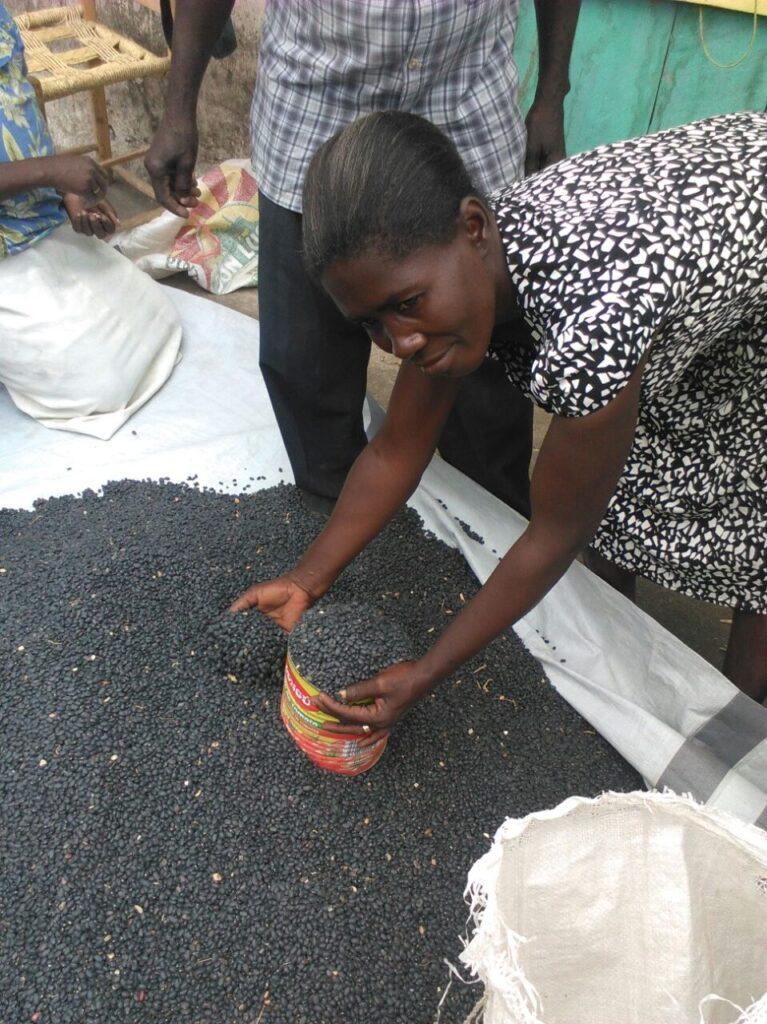
Unbroken Connection to the Land
- David Bacon and Rosalinda Guillen

Remembering US Food Justice Leader: Kathy Ozer, Presente!
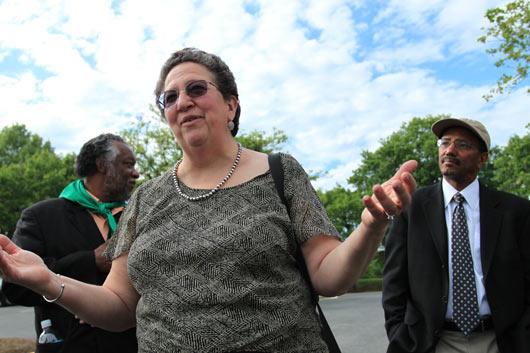
When the Rains Fall in (West) Africa
- MinaRemy
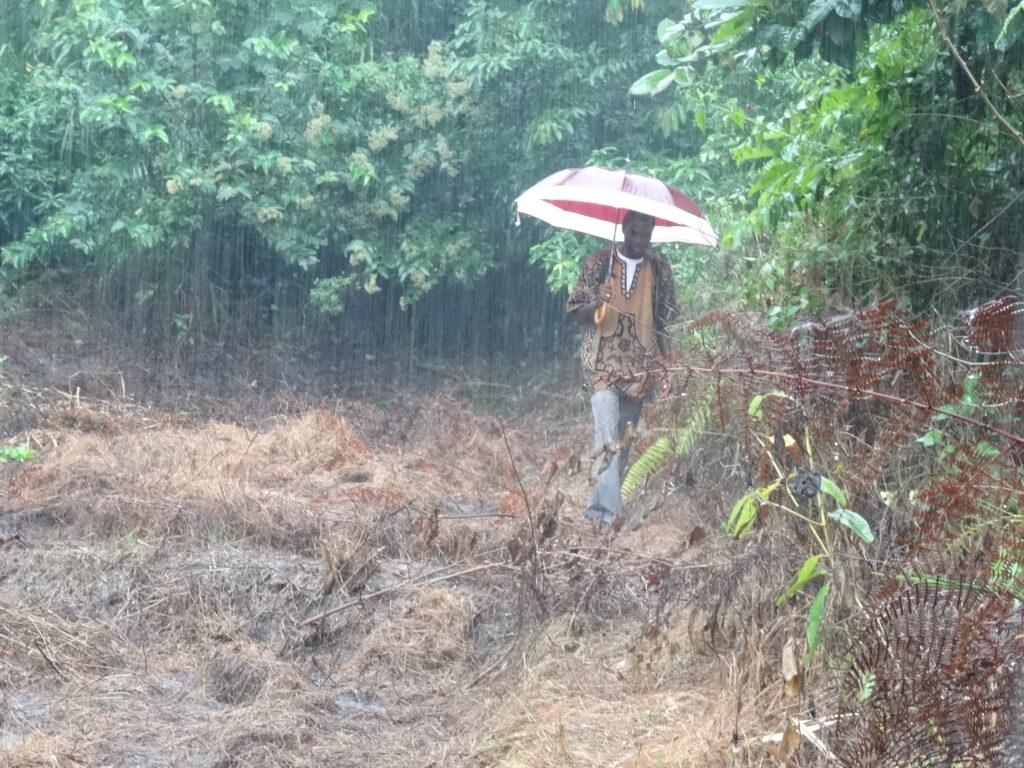
Learning Without Borders, With Struggle and Hope: Our Time with MCP
- LydiaSimas
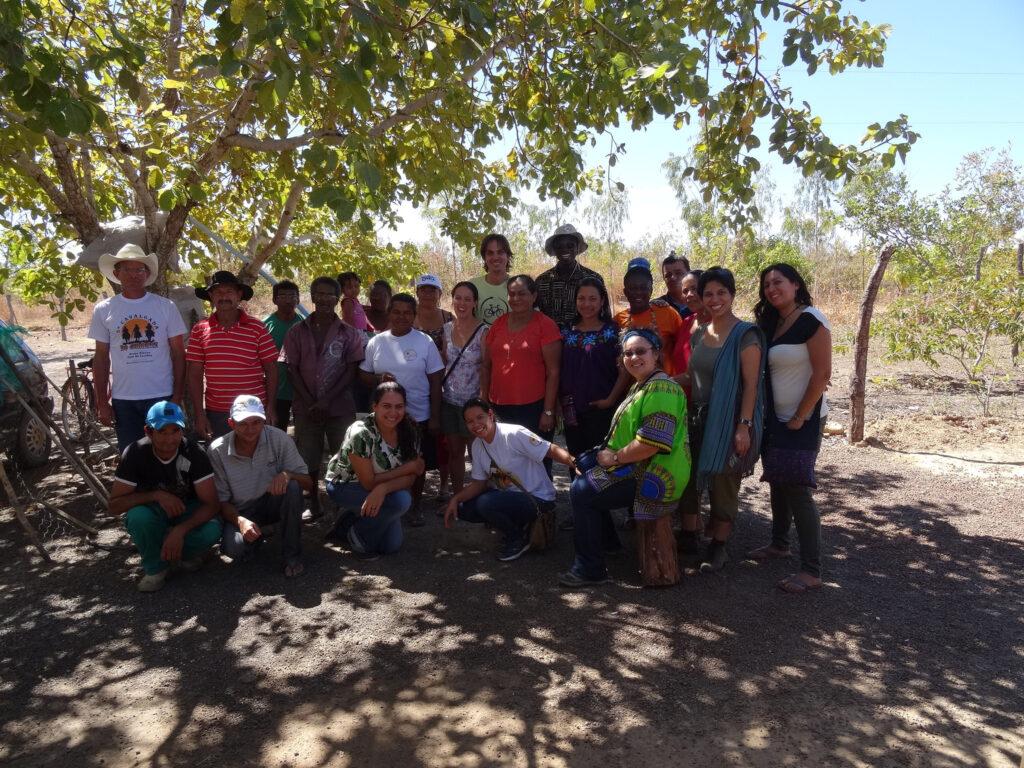
The Power of Human Connection
- Katherine Zavala
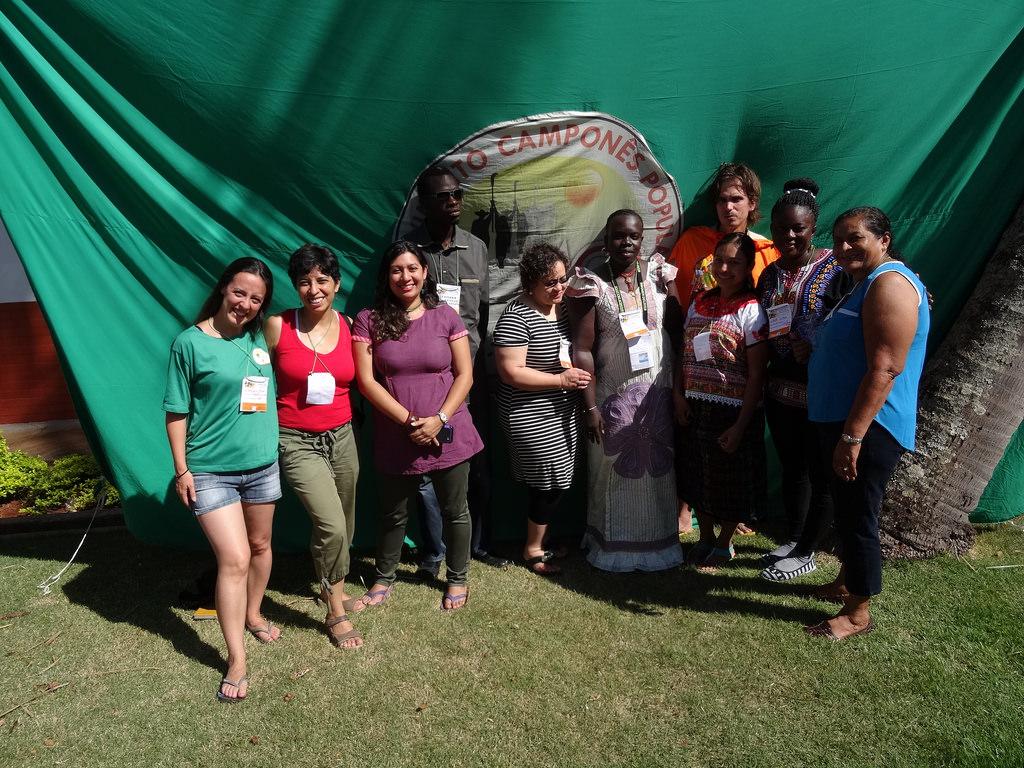
5 Food Systems Lessons the U.S. Can Learn from Africa
- Jennifer Lentfer
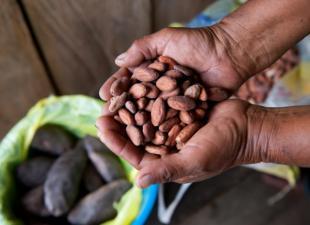
2016 Food Sovereignty Prize Recipients Call Big Ag’s Bluff, Challenge Corporate Food System
- CarolSchachet
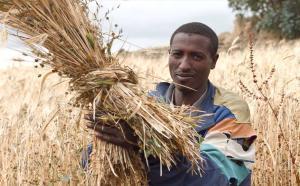
Peanuts and Protest in Haiti Minimize US Surplus Dumping Scheme
- Krystal Kilhart
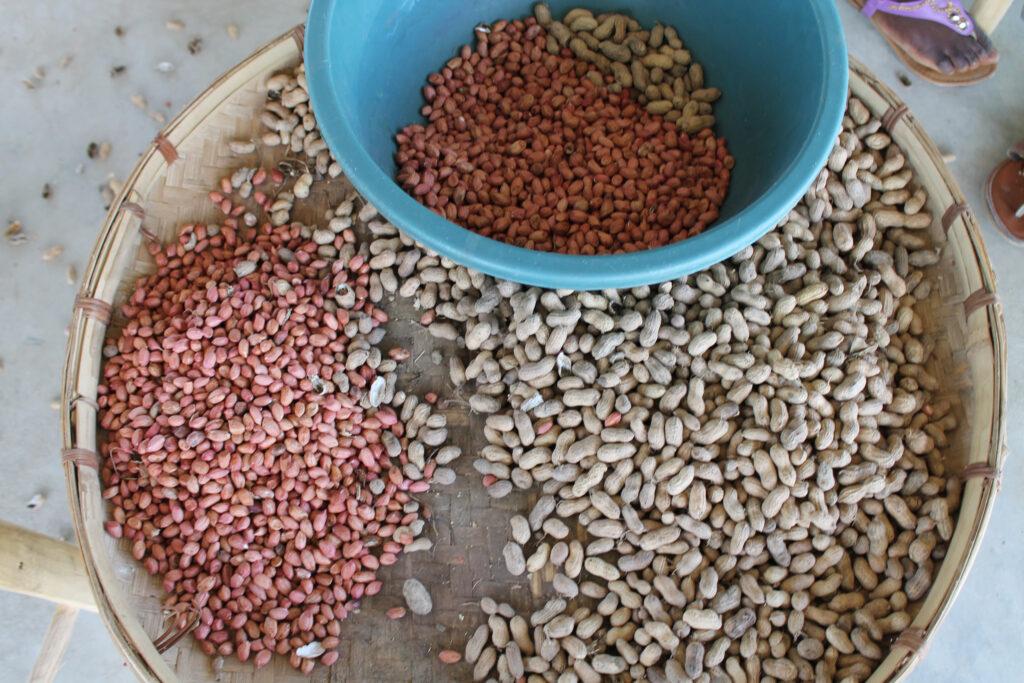
Free Trade Dismantling Lives, Cultures in Mexico
- Krystal Kilhart

Organizing Women-Headed Households in Brazil
- Nasim G. Memon

More than 60 Haitian and US Organizations Demand USDA Peanut Plan Be Cancelled
- CLAIRE GILBERT
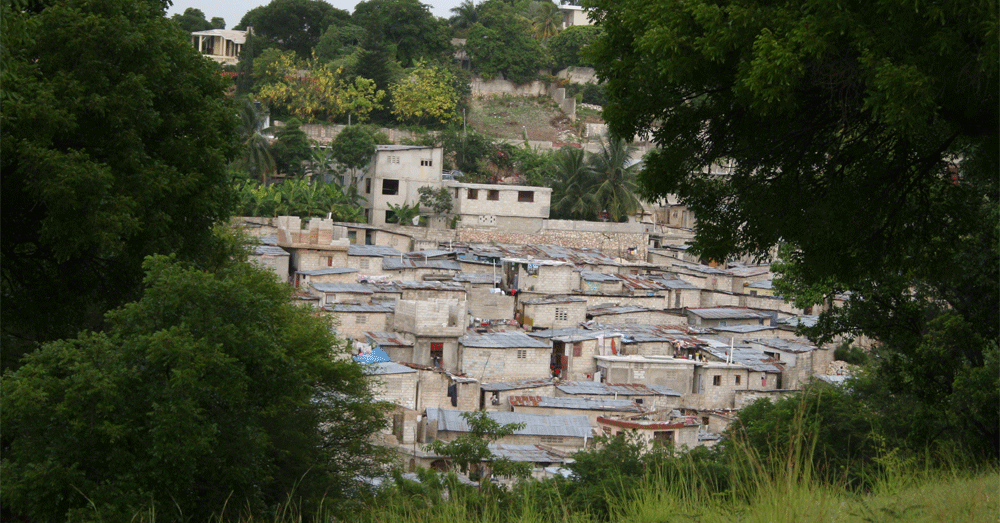
Black and Afro-Indigenous Farmers Share 2015 Food Sovereignty Prize
- GRASSROOTS INTERNATIONAL
2013 Food Sovereignty Prize Honors Grassroots International Partners
- MINA REMY
The World Food Prize Misses the Mark
- CAROL SCHACHET
2011 Food Sovereignty Prize winners announced
- CAROL SCHACHET
Feeding Dependency, Starving Democracy: 1997 Executive Summary
Now Available – Food Rebellions! Crisis and the Hunger for Justice
- GRASSROOTS INTERNATIONAL
Food & Water Watch Disputes Obama Administration’s Reliance on Trade, Biotechnology to Combat Global Hunger and Poverty
- NIKHIL AZIZ
Announcing: A New Popular Education Tool!
- CAROL SCHACHET
The Via Campesina to Hold 5th International Conference
- CAROL SCHACHET
The Hidden Face of the Global Food Crisis
- CAROL SCHACHET
Empty Policies for Empty Plates
- GRASSROOTS INTERNATIONAL
Farmers bringing message to the Food Crisis Summit in Rome expelled
- NIKHIL AZIZ
Civil Society forum calls for Rethinking of the Global Food System
- NIKHIL AZIZ
Agribusiness Transnational Corporations (TNCs) Create World Food Crisis; Peasants Seize Back Their Rights
- VIA CAMPESINA
A Response to the Global Food Prices Crisis
- CAROL SCHACHET
A Brazilian Perspective on Food and Energy Sovereignty
- CAROL SCHACHET
When Hope Triumphs Over Fear: An Invisible Global Revolution: Frances Moore Lappé at the Jamaica Plain Forum
- CAROL SCHACHET
Agriculture is a Key Pillar in the Palestinian Economy
- NITHAM ATTAYA, PARC
Massacre at Felizburgo
- JAKE MILLER

